














Rompa® is a trusted leader in designing and installing Snoezelen® Sensory Rooms and Soft Play areas across schools, nurseries, and educational institutions.
These calming, therapeutic spaces are thoughtfully created to support students with sensory processing challenges, mental health needs, or disabilities. Equipped with soft lighting, soothing sounds, tactile elements, and comfortable furnishings, Snoezelen® rooms help reduce stress, improve focus, and promote emotional regulation. Backed by research, these environments enhance behaviour, boost academic performance, and foster inclusive learning, benefiting students with additional needs and the entire school community.
us today for a free


211 777
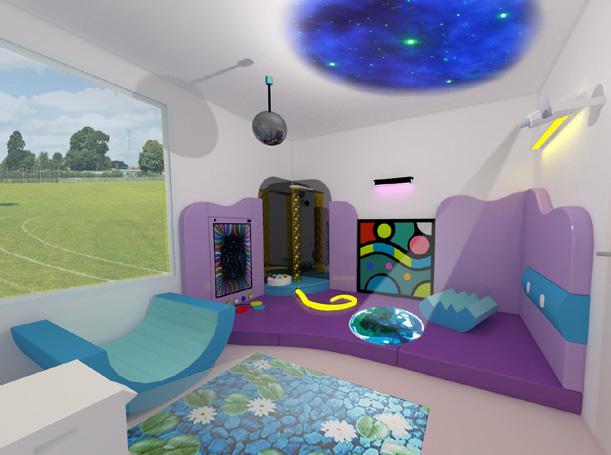
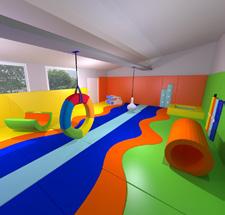
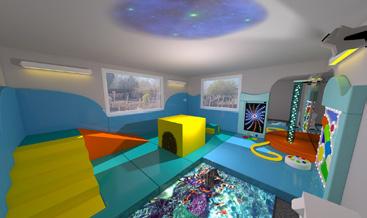







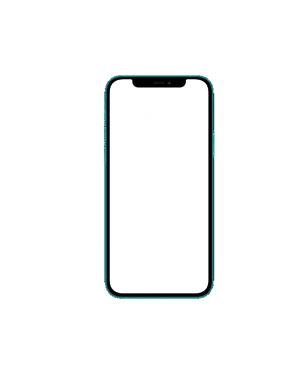

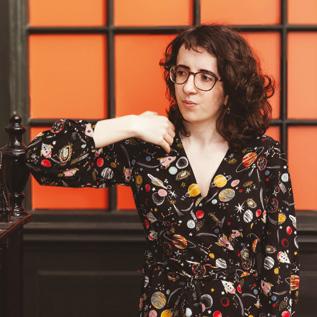
Whenever I think about disability, I tend to think about how adaptive my community has had to become over time. Where ‘help’ (bitter sarcasm intended) is lacking, we have had to literally ‘make do and mend’ at the best of times, such as in starting our own businesses when the workplace is not accessible to us. We are not an inspiration for the art of living - we are allowed to be human, too.
For this issue, we focused on the theme of entrepreneurship. At the time of going to press, virtually all disability support is up for being slashed - despite warnings that the majority of us will not recieve any kind of support. We are told the ‘most vulnerable’ will be protected - as if to create a hierachy of disability. Taking support away from a disabled person is, at first, obscene - but to claim (falsely) this is to get us into work? Where is the ‘science’ that will back this myth? Personal Independence Payment (PIP) is not an out of work benefit; it takes more than a year to qualify for.
We are not an inspiration for the art of living - we are allowed to be human, too.
Working has to be accessible. This is possible - and to have reasonable adjustments provided
to you is the law. It’s also notable that many disabled folks are turning to self-employment. Too often this is out of necessity, a way around the in-built hostility that is faced too often. To ask for help should not be seen through a lens of shame, however. We have a list of people to watch, and so many more features for you to feast upon - including an interview with Dr Frances Ryan, the author of Crippled, and the new follow-up book, Who Wants Normal?
WNF, with Kelly Gordon and Emma Gardner at the helm, is also another one to watch. Mr Cookfulness has also revisited his first ever recipe for us, along with a spectacular twist. It’s a treat for the eyes! But make no mistake: this is not to be ‘inspirational’. Disability should be viewed with the lens of neutrality; we are not heroes for hustling on the grind! And the term explainer for this issue will delve into the origin of the term ‘inspiration porn’, what this is, and why it should be avoided. We can’t just ‘overcome’, we are working with a body, not against it.
Know that you are seen, know that you are loved, hold each other close.
At this time, I want you to know that you are seen. I myself am in the same position, in likely having all of my support revoked - despite a fluctuating chronic illness, and two new conditions which have finally been diagnosed since I last wrote to you. I have worked ever since I left education - the support is there to enable me to work and to be independent, owing to my disability which will not just fade away. Taking support away will not just mean I am suddenly ‘not’ disabled! Just because you do not see our work, does not mean it’s not present or valued. Know that you are seen, know that you are loved, and hold each other close.
We will see you all in December for our Christmas issue. Do come and say hello to us on social media meanwhile -
x
03 Editor’s Letter
Editor Lydia Wilkins introduces this issue dedicated to entrepreneurship
09 Newsbeat
Disability Review Magazine tells you about the new disability-specific media that is out now
13 Term Explainer: What Is Inspiration Porn?
A deconstruction of the term coined by disability activist Stella Young
EMPLOYMENT AND EDUCATION
14 “So be proud of your difference and find your tribe and make those friendships.”
Ade Adepitan talks to DRM about his new TV show
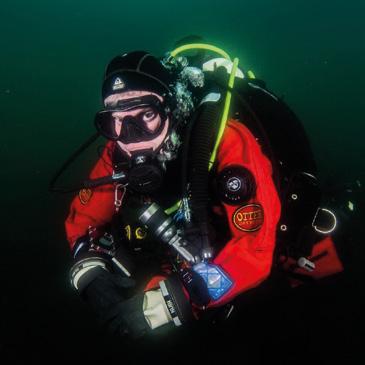
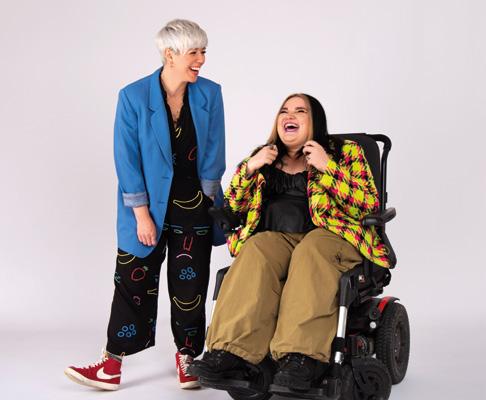
22 “Sometimes incorporating strategies into your daily life is easier said than done.”
An interview with Tumi Sotire, the man behind The Black Dyspraxic
26 9 Disabled & Neurodivergent Entrepreneurs You Should Know
Disabled individuals are often under-recognised for their achievements; we want to change that
28 “Disability still isn’t always on the agenda and it should be!”
A Day In The Life At WNF, the new disability-representative agency
32 Where Is Resilience When It’s Needed?
Columnist Dr Amo Raju takes aim at resilience as a disabled entrepreneur
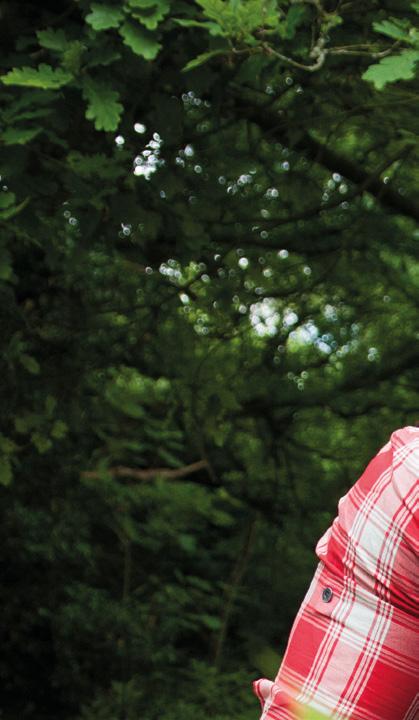
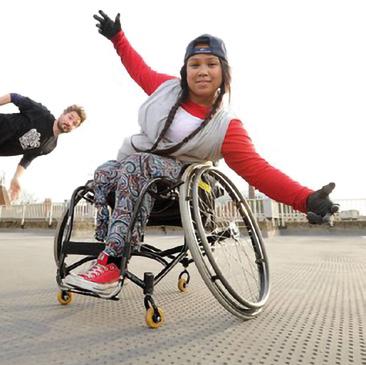
34 “I think you have to be slightly bold when trying to create something from scratch.”
Behind the scenes at Patchwork Hub with CEO Beth KumeHolland
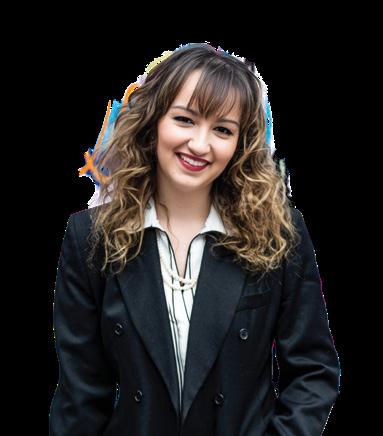
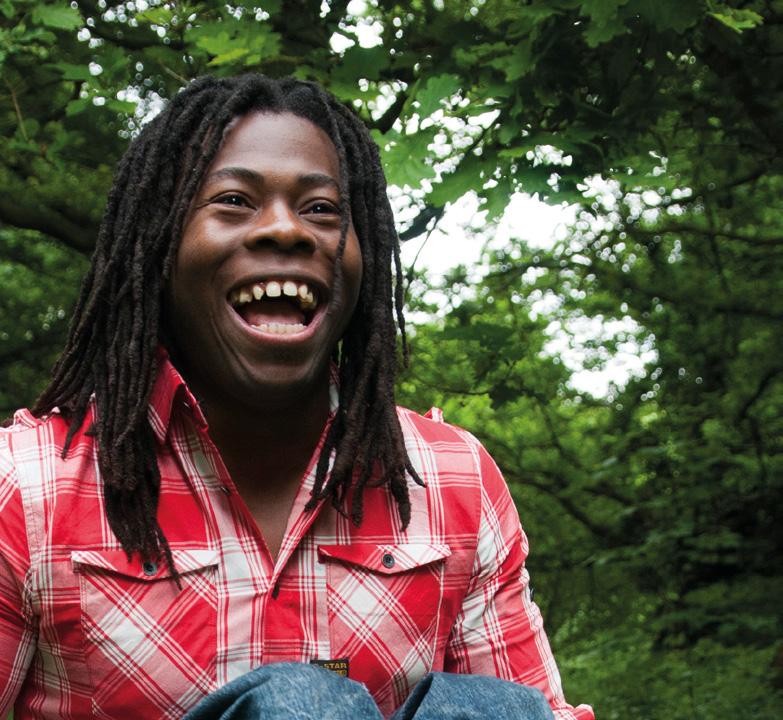
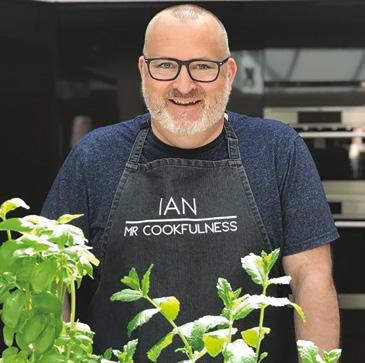
52 Dance The Night Away Dance and the world of entrepreneurship often collide in the disability space; Carole Edrich talks to four women to find out more
58 “We’re capable of much more than you think we are!” Dr Sam Clarke was awarded the BSAC’s National Instructor qualification in 2022; she tells us about her journey
&
64 How To Make Summer Bread & Butter Pudding
Ian Taverner, aka Mr Cookfulness, takes us back to his first-ever recipe
Executive Editor: Lee Gatland
Art Director: Richard Hejsak
Managing Editor: Lydia Wilkins lydia@sevenstarmedia.co.uk
Sales Team: 01959 543 650 sales@sevenstarmedia.co.uk
Published by
LTD 184 Main Road, Biggin Hill, Westerham, Kent Tel: 01959 543659 disabilityreviewmagazine.co.uk
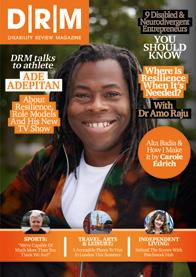
Disclaimer: Disability Review Magazine (DRM) is published three times per annum by Seven Star Media Ltd. No part of DRM may be reproduced, stored in a retrieval system or transmitted to any form without permission. Views expressed in the magazine are not necessarily those of Seven Star Media Ltd, and are included to provide advice only. No content is a substitute for professional medical advice. During printing, images may be subject to a 15% variation. © Copyright of content belongs to individual contributors with the magazine copyright belonging to Seven Star Media. All rights reserved. Please either keep this magazine for future reference, pass it on for somebody else to read, or recycle it.
A CELEBRATION OF TALENT, INCLUSION, AND THE FUTURE OF DISABILITY FOOTBALL.
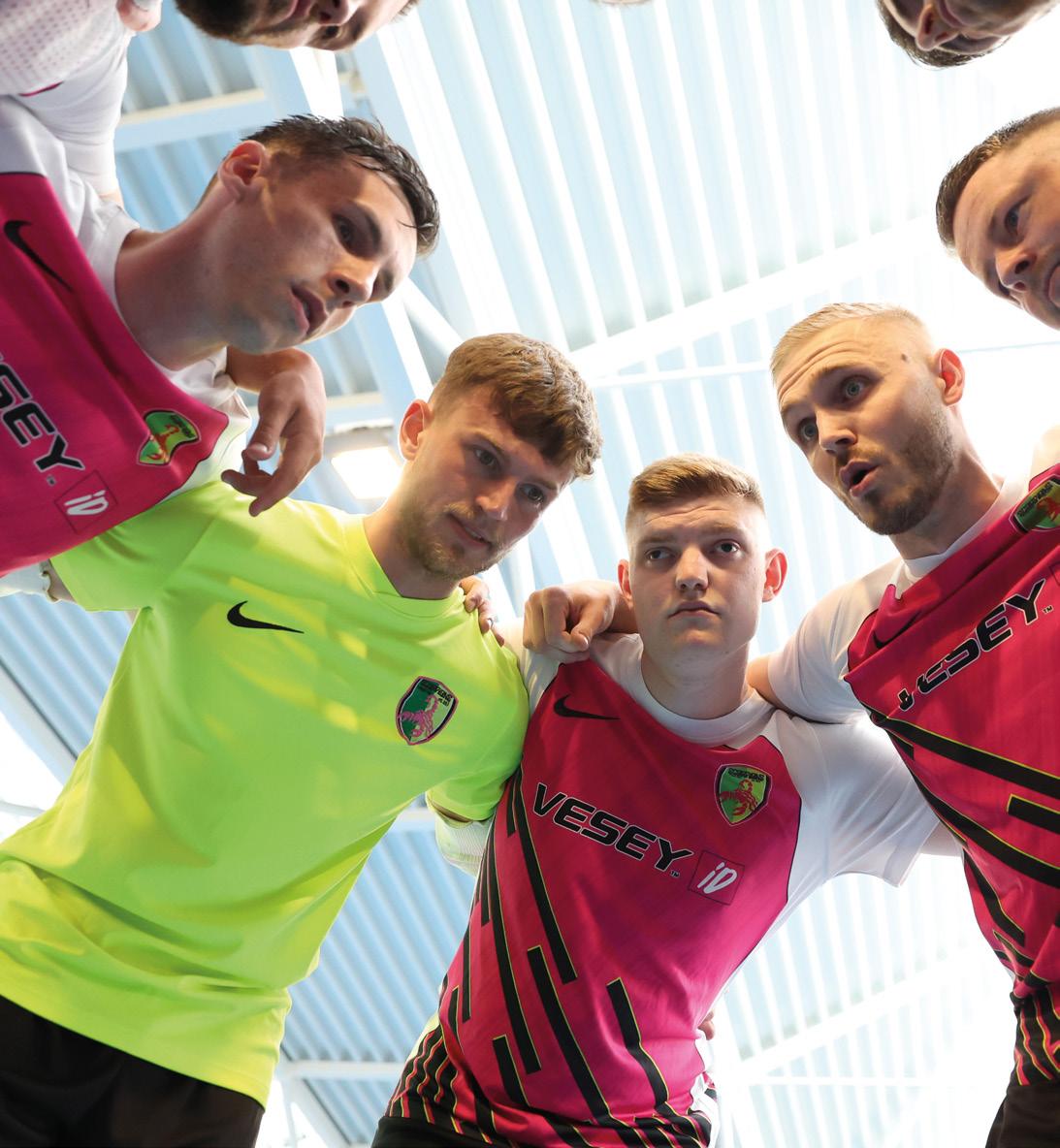
One of footballʼs most inspiring events returns this summer as the EE FA Disability Cup takes centre stage at St. Georgeʼs Park on 28–29 June 2025.
Now in its ninth edition, this special competition is proudly supported by EEand itʼs more than just a tournament. Itʼs a celebration of world-class talent, unshakeable determination, and the power of football to bring people together.
Six Finals. One Amazing Weekend. As the only competition in England to showcase six formats of impairmentspecific football all in one place - Amputee, Blind, Cerebral Palsy, Deaf, Partially Sighted, and Powerchair - the EE FA Disability Cup offers an unforgettable experience for players and fans alike.
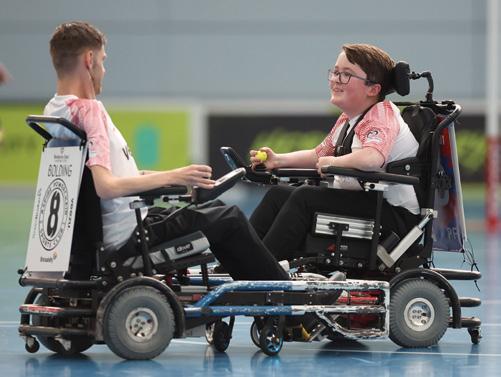
Together, EE and The FA are working to grow the game at every level - from community clubs to elite competition - with a shared mission to make football more inclusive than ever. The EE FA Disability Cup is central to that vision, helping to:
• Increase grassroots participation
• Train and support more inclusive coaches
• Build clear pathways for future talent
• Champion elite athletes
• Raise awareness and visibility for disability football nationwide
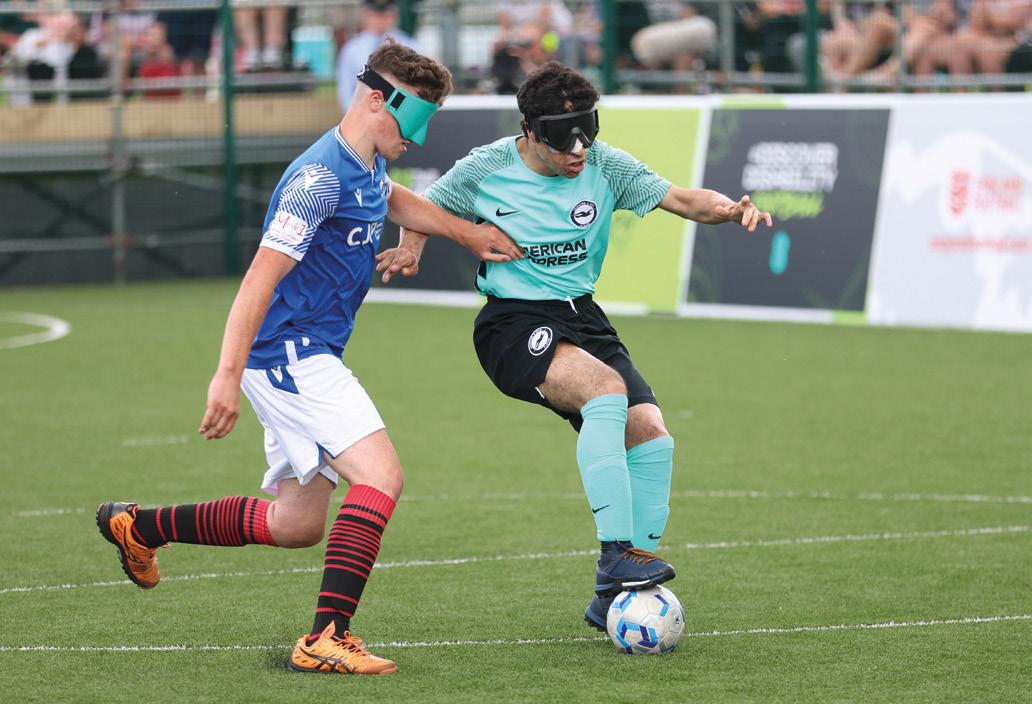
Donʼt Miss It
The EE FA Disability Cup is your chance to see the very best in disability football - live and in action. It continues to shine a spotlight on incredible athletes and the communities that support them, helping change perceptions and celebrate whatʼs possible through sport.
For the players, itʼs a chance to shine on a national stage. For fans, itʼs a weekend of unforgettable football. And for the future of the sport, itʼs a sign that the game is evolvingbecoming more inclusive, more ambitious, and more united.
Still time to get your tickets!
If youʼre reading this before the 28th and 29th, join us at St. Georgeʼs Park and be part of a powerful weekend of football.
Canʼt make it in person?
Watch the finals live on TNT Sports and experience every inspiring moment from wherever you are.
This is football at its most inclusive, most ambitious, and most inspiring.
This is the EE FA Disability Cup.
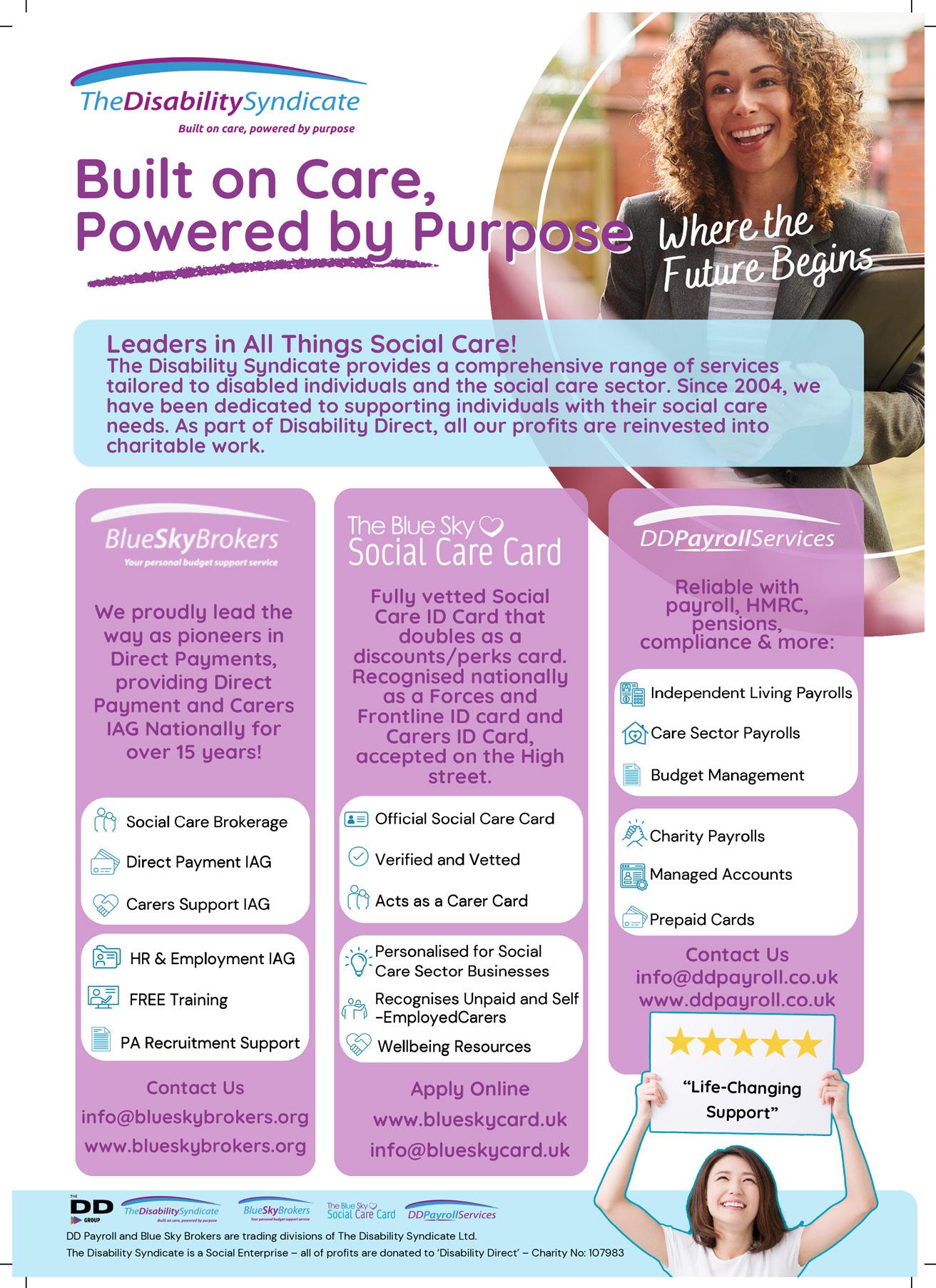
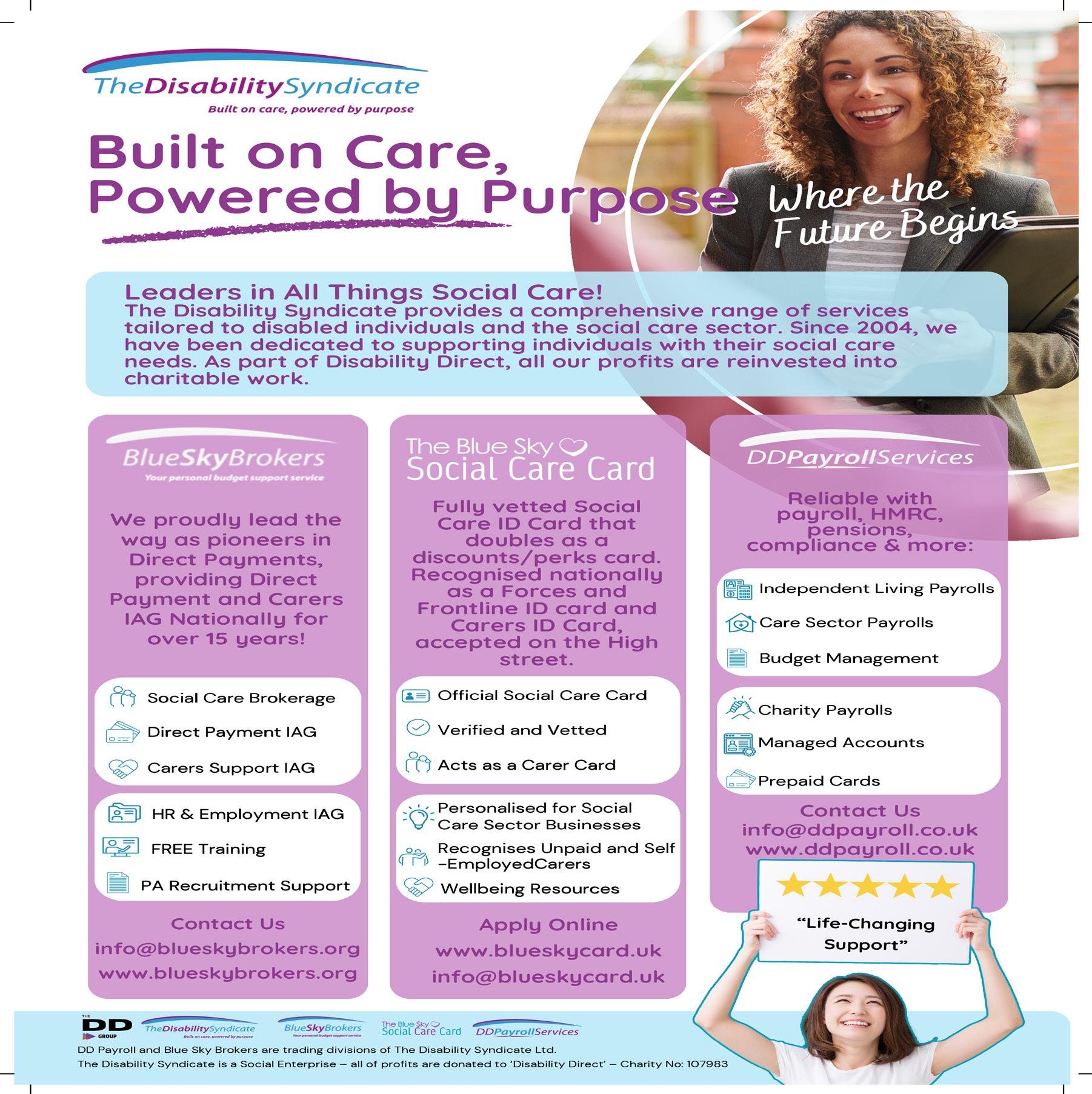
each
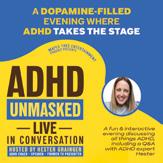
ACCESSIBLE EVENTS
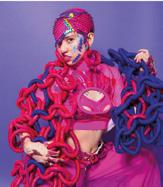

ADHD Unmasked
Hester Grainger, our cover star from our previous issue, is on tour until July 7th with ADHD Unmasked. A solo tour to debunk the makings of a myth in the neurodiversity space, you can find any remaining tickets here: https://tinyurl.com/mru75j44
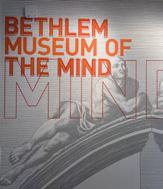
EXHIBITIONS
Design & Disability, V&A Design & Disability is a landmark exhibition to explore the relationship between the two subjects. If you’re disabled, there are also free tickets available for you and a carer. Book here: tinyurl.com/kmk7a4ha

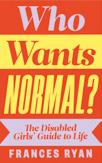
EXHIBITIONS BOOKS
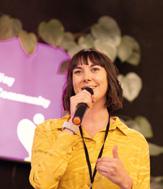
ACCESSIBLE EVENTS
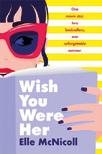

The City Girl Network
Loneliness does not get talked about a lot when it comes to disability, when it should be. Created to assist women find a sense of community, The City Girl Network, founded by Pippa Moyle, hosts a range of events across the country each month - with accessible venues. More information can be found here: citygirlnetwork.com/events
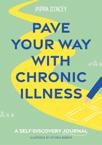

Wish You Were Here by Elle McNicoll Known for A Kind Of Spark, Elle McNicoll has a new offering; Wish You Were Here is a young adult romance, with an Autistic main character who wishes for a ‘normal’ teenage summer. BOOKS
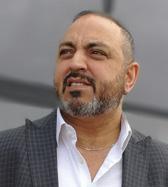
Dr Amo’s Fundraiser
Our very own columnist, Dr Amo Raju, is still fundraising to help tackle poverty in India. To help, please visit: tinyurl.com/5ehucsmt
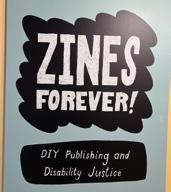
EXHIBITIONS
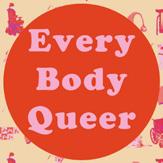
ACCESSIBLE EVENTS
Crisis Point, Museum Of The Mind Disability & the criminal justice system are so rarely talked about. The Museum Of The Mind offers a unique perspective on the matter - and there is also a free online tour. Finishes 10th August.
Who Wants Normal? by Frances Ryan
A follow-up to the blistering debut
Crippled, Frances Ryan is back with a new book (also available in audio format) that constitutes a love letter to disabled womanhood. Read on to find our interview with the author herself.
Pave Your Way With Chronic Illness by Pippa Stacey
Following the release of her last book, Pippa Stacey has released a follow up journal - a tool to deal with the aftermath of a chronic illness diagnosis.
Zines Forever, Wellcome Collection
Zines have an unrecognised place in the disability rights movement - and the Wellcome Collection is finally taking that to task. Zines Forever is a free exhibition that looks at DIY publishing & disability justice; it finishes on 14th September.
Every Body Queer
Co-founded by journalist Lucy Webster, Every Body Queer is an events and community initiative for disabled LGBTQIA+ people. Follow @everybodyqueer on Instagram for more details about upcoming events.

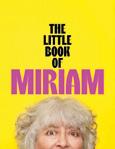

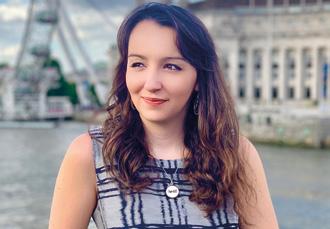
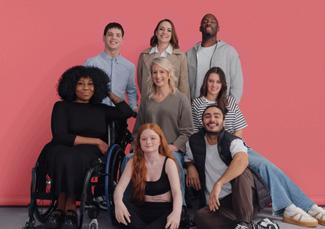
The Little Book Of Miriam by Miriam Margolyes
She’s back! Former Disability Review
Magazine cover star Miriam Margolyes is back with another book! The Little Book Of Miriam is due for publication in the autumn; we will have more information for you about that in our next issue.
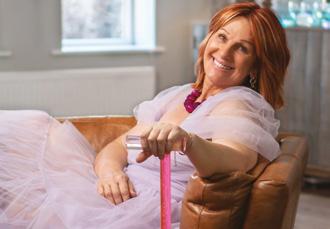
NeoWalk’s New Canes
Surprise! Since our last issue, NeoWalk has released two new canes. The six week holiday is also coming up soon, so make sure to keep an eye on their Instagram page, too. The Stick Of The Month is always one to watch out for.
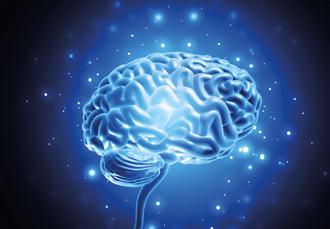
National Schizophrenia Awareness Day
Taking place on 25th July, National Schizophrenia Awareness Day is a day we wanted to highlight. Schizophrenia is too often stigmatised and criminalised, along with other mental health conditions.
Parallel Windsor, Patchwork Hub
A national celebration of disability and wellbeing, you can catch the team behind Patchwork Hub at this year’s Patchwork Hub event! Taking place on 6th July at Windsor Great Park, tickets are available now. And read on for our tell-all interview, too.

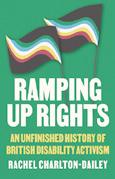
Ramping Up Rights by Rachel Charlton-Dailey Due for release in July, Ramping Up Rights charters a hundred year history of disability rights in the U.K. You can pre-order the book now on Amazon.
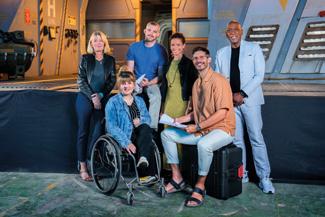
The War Between The Land And The Sea
A spin-off from the Doctor Who universe, The War Between The Land And The Sea is expected to be broadcast soon. Featuring former cover star and actress Ruth Madeley, she will be a key part of this series.
Unhidden’s New Range
Could we be in for another adaptive fashion collection from Unhidden?
Spearheaded by Victoria Jenkins, the name behind the Primark Adaptive collection (pictured), Unhidden posted on their Instagram story what appears to be a new collection.
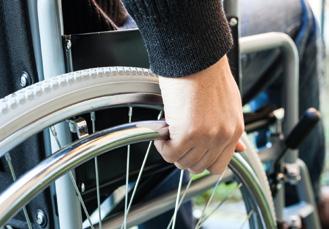
Disability Pride Month July is an annual celebration for disability pride! A whole thirty one days to celebrate what it means to be disabled, right here and now, in all of its history.
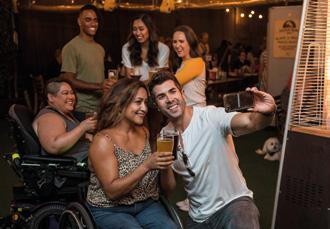
National Inclusion Week
National Inclusion Week will take place from 15th - 21st September this year; the emphasis for this celebration is inclusion across the U.K., such as in the workplace and other settings.
“Easy
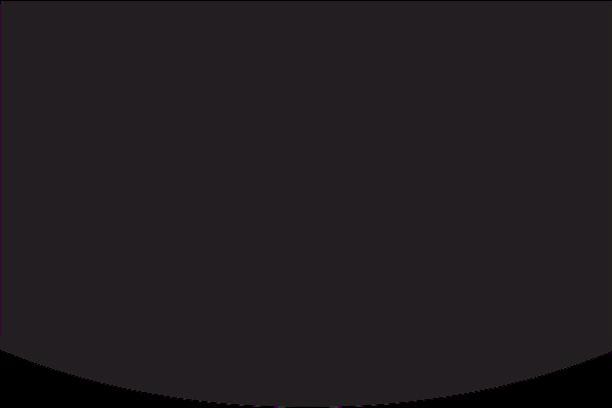
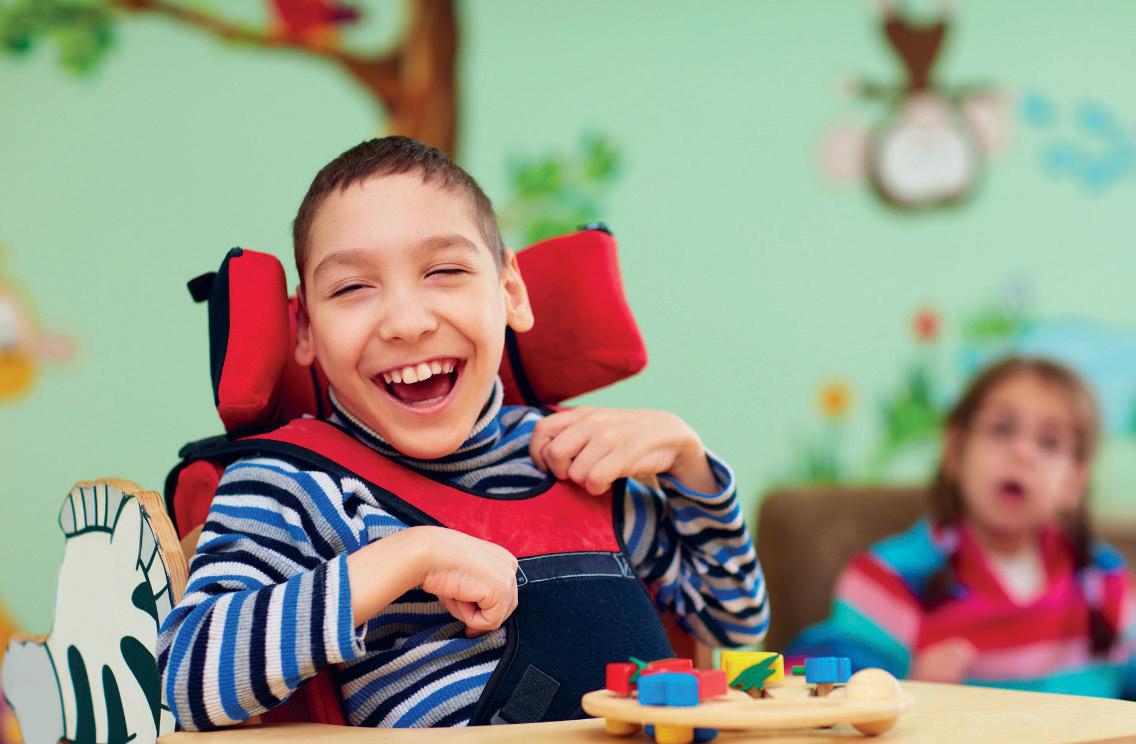


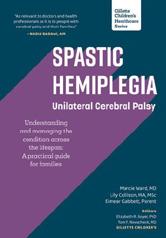
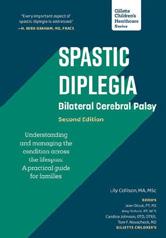

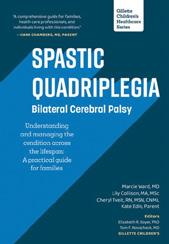



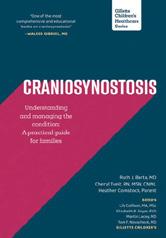

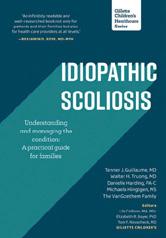
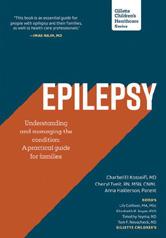

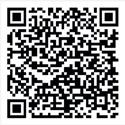

At Derwen College in Shropshire, the belief is simple but powerful: every young person deserves a voice. As a specialist further education college for 16–25 year olds with special educational needs and disabilities (SEND), the College is preparing students for adulthood – helping them discover the confidence, independence, and skills to thrive.
At Derwen College in Shropshire, the belief is simple but powerful: every young person deserves a voice. As a specialist further education college for 16–25 year olds with special educational needs and disabilities (SEND), the College is preparing students for adulthood – helping them discover the confidence, independence, and skills to thrive.
Derwen College offers a vibrant mix of vocational pathways including Hospitality, Retail, Horticulture, and Performing Arts, alongside a Nurture programme tailored to those with profound and multiple learning disabilities (PMLD) and complex learning disabilities (CLD). Whether a student dreams of working in a shop, café or garden centre, or is looking to live more independently, Derwen College puts their voice at the centre of their journey.
Derwen College offers a vibrant mix of vocational pathways including Hospitality, Retail, Horticulture, and Performing Arts, alongside a Nurture programme tailored to those with profound and multiple learning disabilities (PMLD) and complex learning disabilities (CLD). Whether a student dreams of working in a shop, café or garden centre, or is looking to live more independently, Derwen College puts their voice at the centre of their journey.
For students who have communication difficulties or are non-verbal, communication can take many forms. That’s why the college is proudly Makaton Friendly, using signs and symbols to aid communication, and supports students through tools like eye-gaze technology, social stories, and visual timetables.
For students who have communication difficulties or are non-verbal, communication can take many forms. That’s why the college is proudly Makaton Friendly, using signs and symbols to aid communication, and supports students through tools like eye-gaze technology, social stories, and visual timetables.


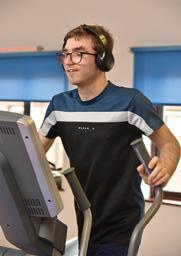


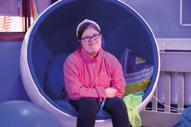


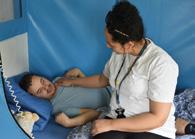
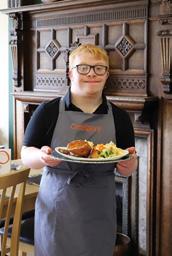
Employability skills
Independence skills
It’s a College-wide commitment, which starts from admissions to transition. The therapies and nursing team ensure that students have the skills and tools needed to communicate effectively, while care and teaching staff provide the encouragement, support and environment to be heard.
It’s a College-wide commitment, which starts from admissions to transition. The therapies and nursing team ensure that students have the skills and tools needed to communicate effectively, while care and teaching staff provide the encouragement, support and environment to be heard.
For students like Jordan, finding a voice can be life-changing. Jordan was a non-verbal student on the Nurture programme. When he first arrived, he used eye-gaze technology mainly to make amusing but nonsensical sentences. But with the right encouragement, Jordan began to use it to express real preferences – saying what he liked, what he needed, and even what he didn’t want. This new ability changed everything. He started joining in with activities, choosing where to go on trips, and even went ice skating. On a visit to a shopping outlet, Jordan spotted a green T-shirt in a shop window and, using his eye-gaze, said “Stop! Green T-shirt!”, and went in to buy it himself with his bank card. A simple moment – but a powerful symbol of independence.
For students like Jordan, finding a voice can be life-changing. Jordan was a non-verbal student on the Nurture programme. When he first arrived, he used eye-gaze technology mainly to make amusing but nonsensical sentences. But with the right encouragement, Jordan began to use it to express real preferences – saying what he liked, what he needed, and even what he didn’t want. This new ability changed everything. He started joining in with activities, choosing where to go on trips, and even went ice skating. On a visit to a shopping outlet, Jordan spotted a green T-shirt in a shop window and, using his eye-gaze, said “Stop! Green T-shirt!”, and went in to buy it himself with his bank card. A simple moment – but a powerful symbol of independence.
Find out more about how Derwen College supports students to reach their goals at
Find out more about how Derwen College supports students to reach their goals at www.derwen.ac.uk
01691 661234 Whittington Road, Gobowen, SY11 3JA

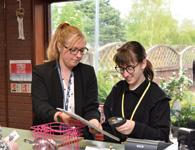

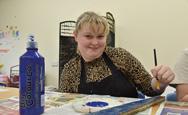
Derwen College is a specialist day and residential college for young adults (aged 16–25) with special educational needs and disabilities (SEND). Through a variety of taught and practical activities, students learn: Our pathways and programmes are tailored to meet individual student needs in preparation for adulthood




www.derwen.ac.uk
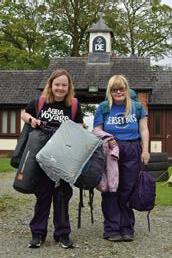

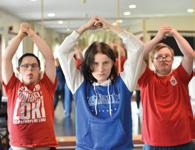
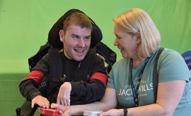
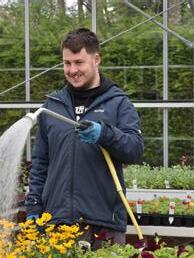





For any enquiries or further
please contact the Admissions Team:


01691 661234
In each issue of Disability Review Magazine, we delve into and explain a disability-specific term.
Whenever we think or talk about disability, and/or the disabled person at the end of that, what do you see? And how is that reflected in the semantics of the language that you are using?
To be disabled is not inspirational in itself - this is a demographic of people who are just... living.
There are two sides to the coin when it comes to the main, cultural perception of disability, from the point of view of a non-disabled person. There are the ‘scroungers’, then there are the ‘inspirational’ disabled people. Disability is oftentimes thought about in terms of inspiration, such as in ‘overcoming’ the imposed limits of the body. It’s seen as something inspirational, to be disabled in these times - even if it’s just as simple as organising your favourite Starbucks drink.
In a TED talk, Stella Young coined the term ‘inspiration porn’. I’m Not Your Inspiration, Thank You Very Much breaks down the tendency to turn disabled individuals into this concept. can view the talk here: tinyurl.com/4e6cjm9j) As a result, the disabled person is objectified for the beneficial gratification of a non-disabled person or audience.
Disabled individuals are human beings - in that they exist between the binary of how disability
is typically seen. To be disabled is not inspirational in itself - this is a demographic of people who are just... living.
If you talk to a disabled person, they probably have a good few examples of how inspiration porn looks - and how they have been objectified. Using a mobility aid in public may result in a stranger stopping you to express how inspirational it is, that ‘people like you’ are out and about in public. Choosing to opt out of using mobility aid is seen as ‘overcoming’ a disability, a triumph over adversity.
Inspiration porn is extremely unhelpful, as well as limiting, in its discourse. Allyship is the one way to combat this point of view.
1Take feedback from disabled people
If a disabled person voices inaccessibility or discomfort, listen to them and take action - without justifying or legitimising the issue as ‘they’re just being

Be aware of your language
How you speak about disability will determine if a disabled person trusts you - including those who you may be unaware of.
Embrace the mobility aids!
Mobility aids are meant to be of assistance - they are not something to be scared of. Whether ensuring your venue for socialising is accessible, or signposting providers, they are to be embraced.
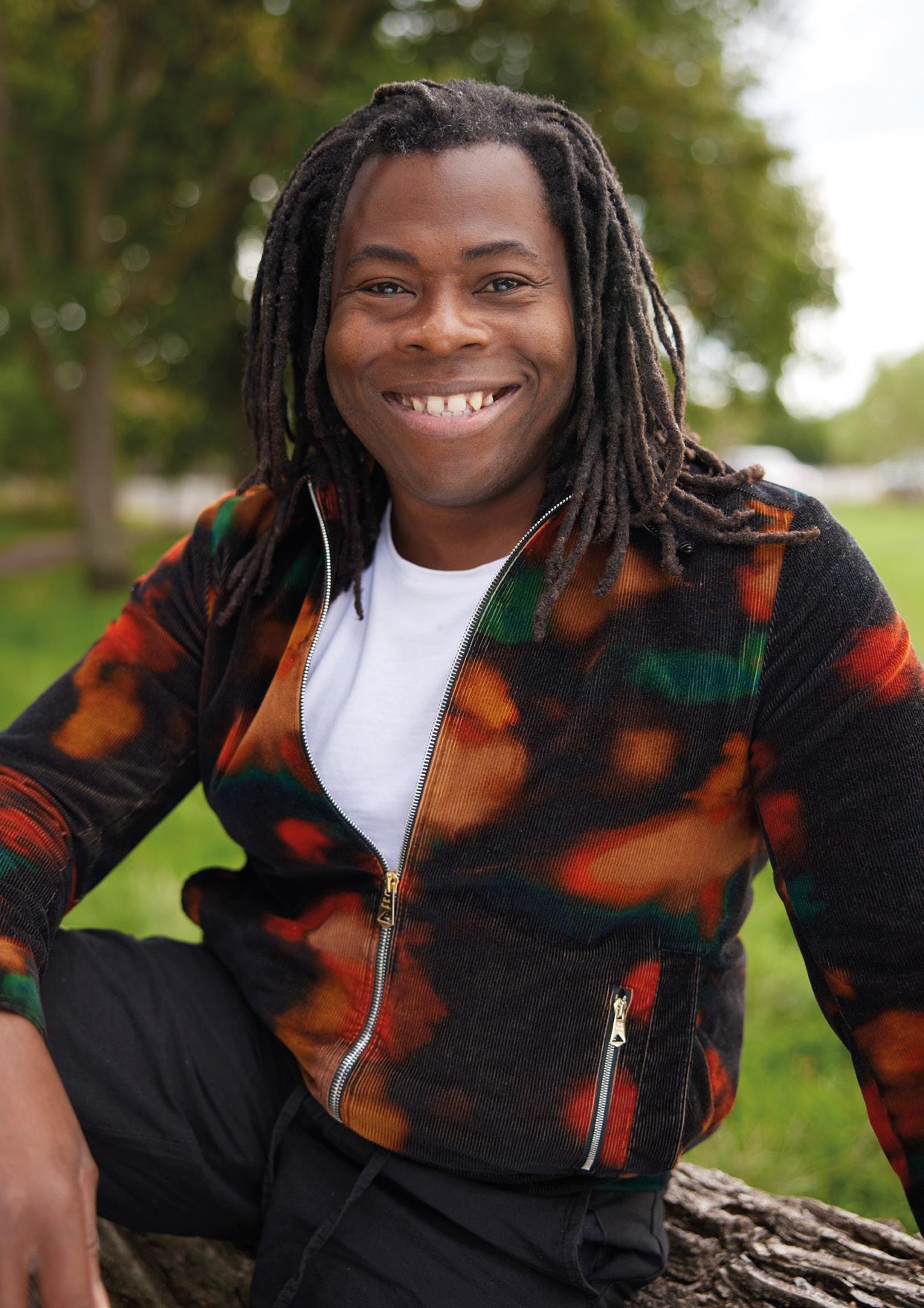
“I wanted to totally
transform perceptionspeoples’ of who can be a superhero!”
Ade Adepitan is an internationally recognised disability advocate, who you may recognise from Children In Need, Channel 4’s Paralympic coverage, or Our Changing Planet: Restoring Our Rivers. He will be on our screens later this year with Shark! Celebrity Infested Waters. DRM talked to him to find out all about it
QHi Ade, thank you so much for agreeing to this interview for Disability Review Magazine. It’s lovely to have you here! As an opening question, can you tell us what you’re working on right now, and what we should expect?
AWell we’ve had a new baby daughter, Zayla, she’s kept us busy! Our son Bolla who is 4 has been great …. It’s been a lovely family time. Work-wise, I was invited to take part in a new show for ITV which I’m really, really excited about – I think it’s going to be ground-breaking. It’s called Shark!
Celebrity Infested Waters, and sees myself and a group of other people in the public eye travel to the Bahamas to challenge our fears and change our perceptions of sharks…..
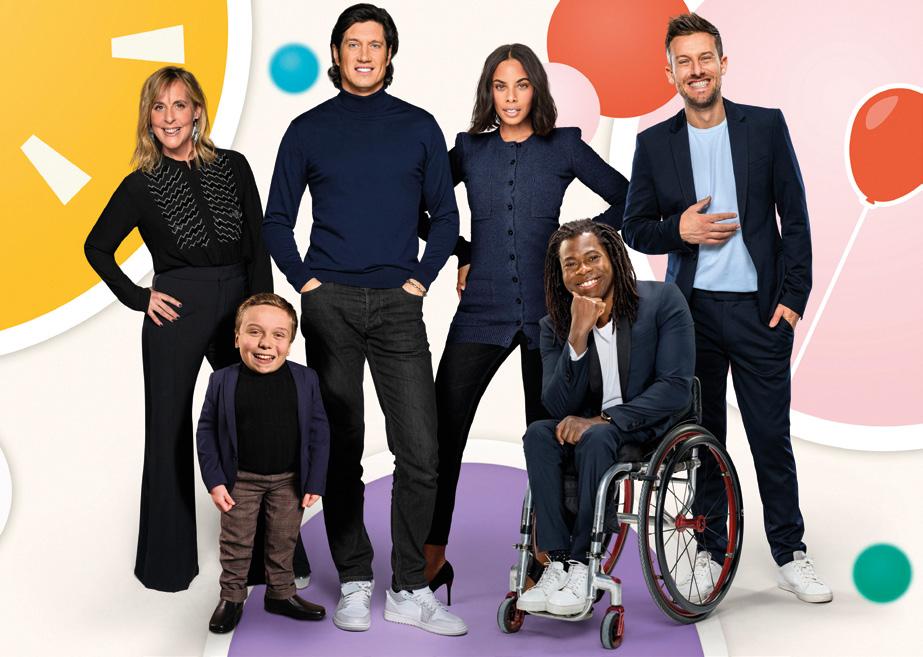
So be proud of your difference and find your tribe and make those friendships. And finally, I wanted to totally transform peoples’ perceptions of who can be a superhero. I wanted people to see that you could have a disability and still be a leader and a hero.
It’s probably one of the most exciting projects I’ve done in my whole TV career. It has a strong environmental element too, which is a passion of mine. I can’t wait for everyone to see it this summer. I’m also working on a couple of programme ideas for my production company, Bolla Media, which, if they come off, will be great. Exactly the kinds of things I want to be working on.
QI’d also like to ask you about your books for children. How did your experience growing up inform the writing of them?
A I really enjoyed writing the Cyborg Cat series. The books were largely informed by my experience as a kid growing up, and I think it was important to write a series of children’s books that were different, inspired by genuine life experience. I wanted to get across that
it doesn’t matter who you are. We’ve all got strengths within us, however different you are. So be proud of your difference and find your tribe and make those friendships. And finally, I wanted to totally transform peoples’ perceptions of who can be a superhero. I wanted people to see that you could have a disability and still be a leader and a hero. I wanted to show that what people thought might be your weakness could be your strength. That’s why the Cyborg Cat’s strength comes from his calipers and his disability. I hope the books are uplifting and funny and humorous, but also filled with real life challenges, just like my time growing up.
QDo you think that attitudes have since changed to disability? Have they gotten worse or better, or is it that we just got better at recording ableism?
AThis is complicated…. in certain respects, visibility, especially because of the Paralympics, and perhaps because of some of the work that I myself have done, and other people like Tanni GreyThompson, and other people with visible disabilities on TV shows on the BBC and Channel Four, that has undoubtedly changed perceptions and attitudes, but only for a small group of people. Maybe life is slightly better, but the reality is, things haven’t improved enough. There are still young children and adults with disabilities who are dealing with the same challenges and same obstacles that I dealt with when I was growing up, in terms of discrimination, ableism, in terms of lack of access, public transport is still not where it should be. We are still a minority that has been ignored, and we’re not valued in the way that we should be by society. If we were valued, then you’d see these mass changes in access all around the country. It wouldn’t need a major event like the Paralympics to create change. These things would just happen. So, yeah, I think things are a little better, but they’ve not improved enough.
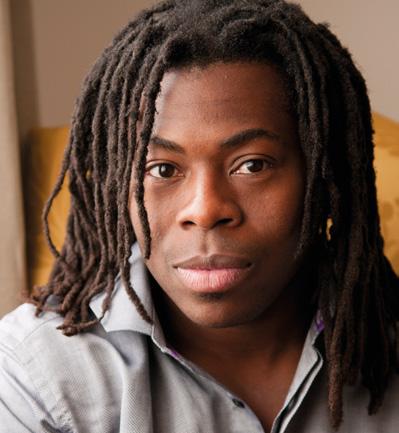

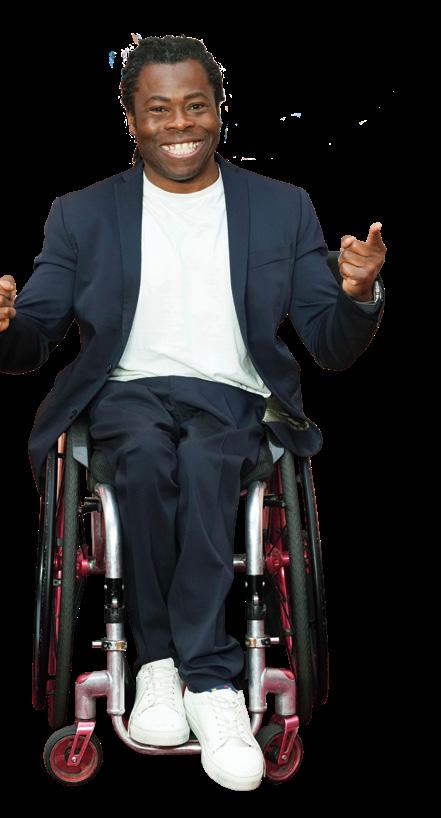
Maybe life is slightly better, but the reality is, things haven’t improved enough.
QWith respect to this, what was it like to return to Lagos, in investigating Nigeria’s polio endemic?
AWhen I went back to Lagos it was emotional for many reasons. It’s the place where I was born, and also where I buried my father, and it’s where most of my family still live. Visiting Lagos impacted me a lot emotionally– when I saw how hard it was for people with disabilities. There isn’t a safety net - the benefit[s] system may not be adequate over here, it’s not perfect, but at least there is something. There is a cushion. In Nigeria, there’s nothing like that, it’s absolutely heartbreaking to see the way people with disabilities have to live. Unless you have a rich family, life is unbelievably difficult. The main group of people that I met were called ‘the boys under the bridge’ because they lived under a flyover - they couldn’t afford to get themselves housing and they were discriminated against when looking for work. They have had to become entrepreneurs, they have to
properly hustle. And life expectancy for people with disabilities, physical disabilities, in Nigeria, especially in Lagos, is really low. So for me, it was a real eye-opener. Made me really appreciate what my parents have done, the sacrifices that they’d made because moving to London completely changed my life, you know, if my parents hadn’t made those sacrifices, I might not be alive today. I definitely wouldn’t have had the opportunities that I’m having right now. So I’m really thankful. It was such a shame, because I love Nigeria. I love Lagos. It’s got such an incredible vibe. But if you have a disability, it’s incredibly difficult.
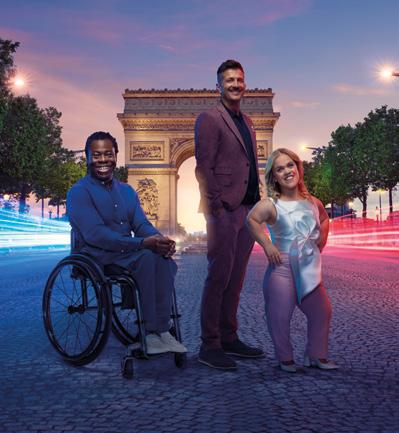
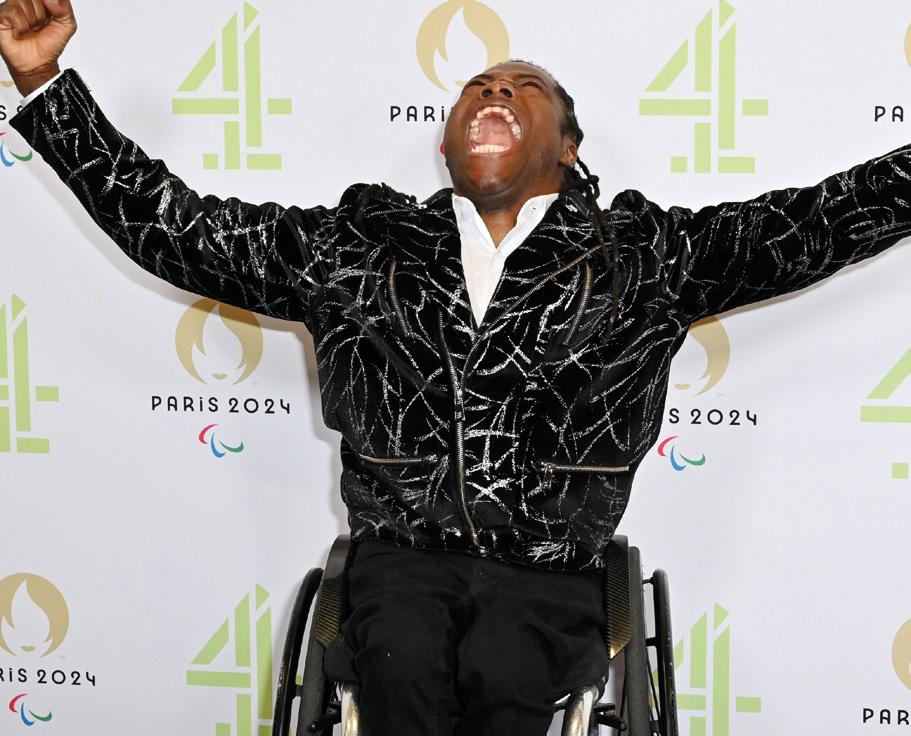
Q And what was it like, once you had gained the support of Bill Gates from Twitter?
AIt was nice to have the support of the Gates Foundation. They’ve done so much amazing work around polio eradication and vaccines in general, and they’ve got such brilliant people working for them. I made that documentary back in 2013 and am still in contact with a lot of those people today, and we’re still doing a lot of work on trying to eradicate poverty to make the world a fairer place today.
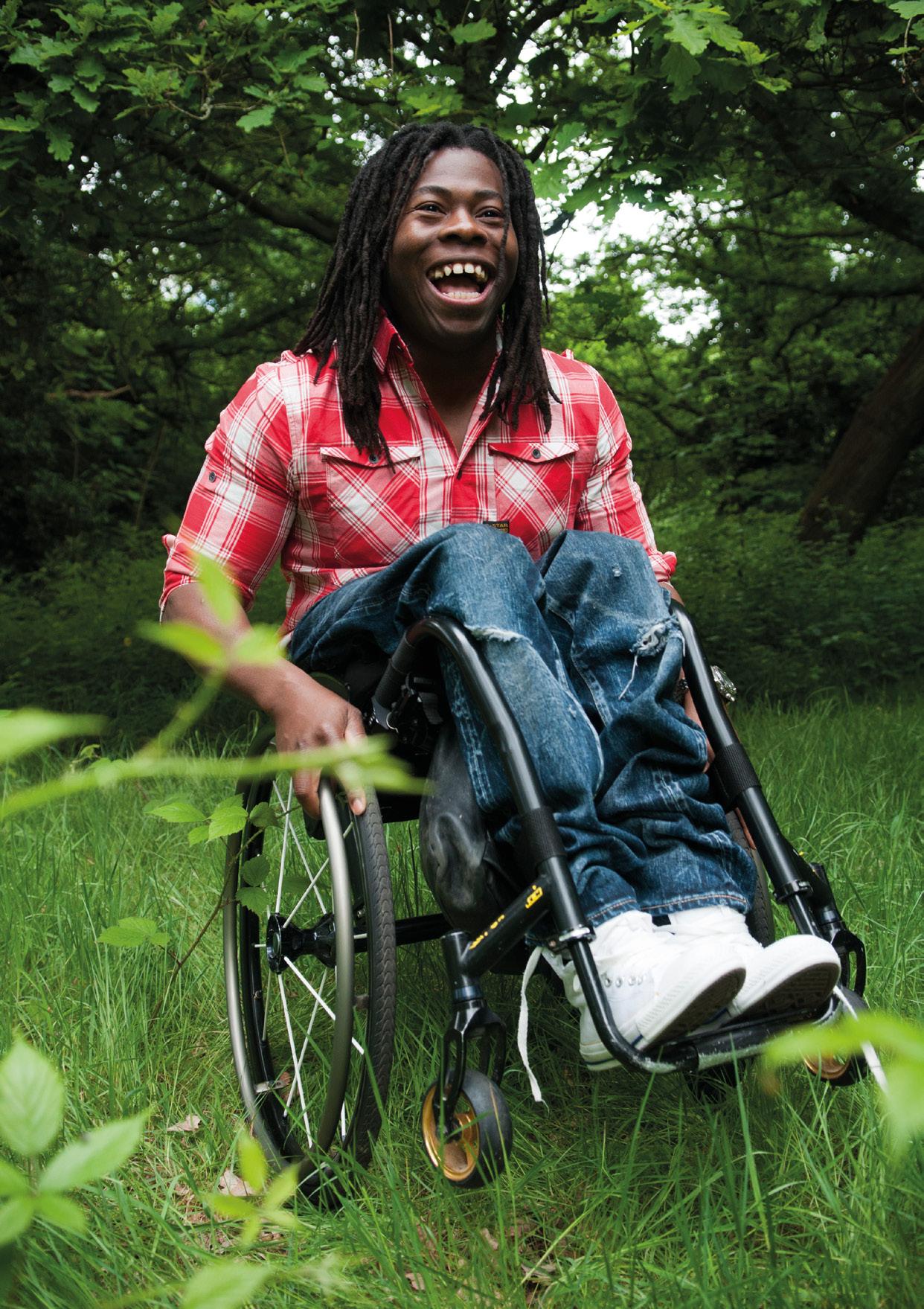
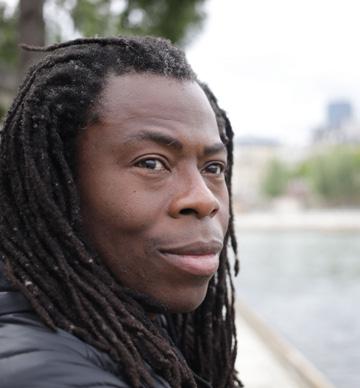
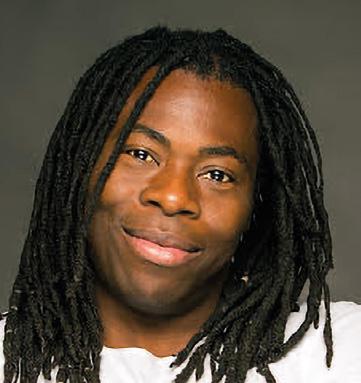
I realised the power of sport - it was going to knock down barriers, open doors, create friendship groups, and give me many opportunities in my future.
So yes, it was really powerful and important to have that support from the Gates Foundation, and I’ve continued to work with people who’ve left the Gates Foundation but continued to do philanthropic work around disease eradication and creating opportunities for people from poorer parts of the world.
QI’d also like to ask you about your passion for sport - how did that begin?
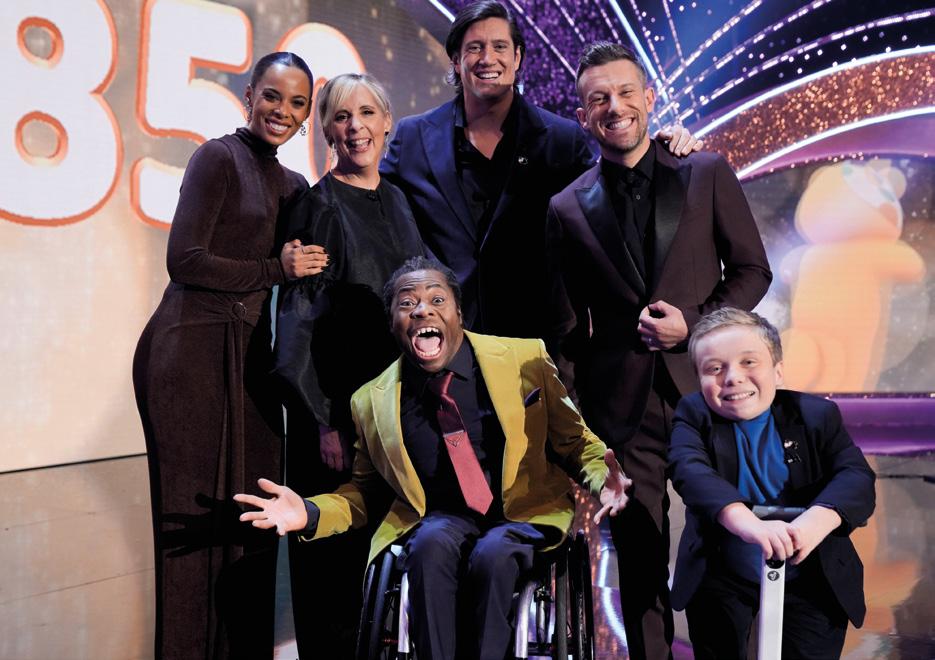
AI’ve always had a passion for sport. I’m fortunate that I just naturally had an affinity and a connection and a talent, I suppose, when it comes to things [to do with] sporting. My hand-eye coordination has always been great. Reflexes have been good, and physically, I’ve always been strong. I realised it from a really young age, when I went to primary school and I was able to show the other kids how good I was at sport, and really surprised them with what I could do. I realised the power of sport - it was going to knock down barriers, open doors, create friendship groups, and give me many opportunities in my future. So I’d say I was very, very fortunate to have found my passion. A lot of people search for their passion all their lives, but I found my passion at a really young age. Something else that’s also really important about sport for me, and one of the reasons why I continued to push myself and try and become fit and stronger, is that I knew that playing sport and the fitness and strength that I got from sport was going to lead to a more and more independent life. Knowing that I was fitter and stronger meant that I didn’t
have to rely on other people, and it gave me that confidence and that strength. So for me, sport is more than just sport. It’s a way of life, I can’t imagine my life without sport.
QIs there anything that we could be doing better to support access to sporting environments?
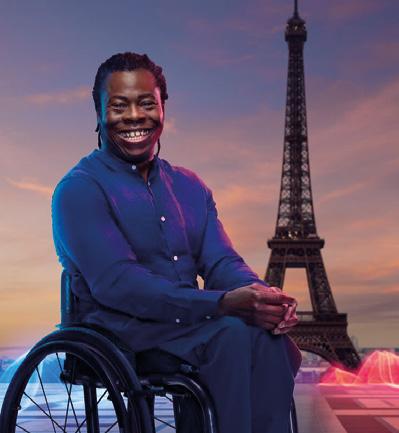
AI think every sports club or leisure centre around the country should be providing some sort of sports opportunity or scheme for people with disabilities, and families with children with disabilities, the long-term aim should be to integrate disability and non-disability sports. Getting non-disabled kids and disabled kids all playing sports together is so important, every school, every leisure centre, should have someone that’s specifically trained in
They have had to become entrepreneurs, they have to properly hustle. And life expectancy for people with disabilities, physical disabilities, in Nigeria, especially in Lagos, is really low.
coaching kids with disabilities. They should all be as accessible as possible. And they should be getting advice from people with disabilities. We should have more integrated sports clubs in our local communities, and the public should be encouraged to support their local team.
I play wheelchair basketball for the London Titans. I would love for us to have closer connections to our local community, it’s sad that most people don’t realise that there is an elite disability sports club right on their doorstep usually playing high level sport most weekends. Wouldn’t it be great if more families went to watch their local wheelchair basketball team on the weekends!
Shark! Celebrity Infested Waters is coming soon to ITV1, ITVX, STV and STV Player.
A2ndvoice CIC creates inclusive and culturally sensitive activities for individuals of all ages, backgrounds, and abilities with a special focus on autistic individuals and their families.
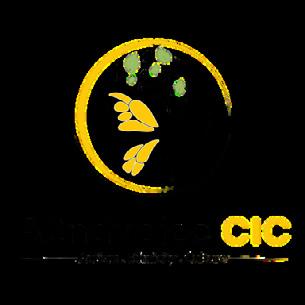
We provide both online and in-person events that support children, young people, and older autistic adults to connect , grow, and thrive within a welcoming, understanding community
We of fer:
• Support groups for parents and carers
• Saturday sensory family play groups
• Autism-informed workshops and trainin
• Autistic girls and women’s groups
• Autistic individuals aged 18+ and 50+
• Autism Family Holiday Clubs
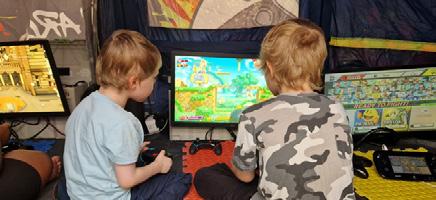
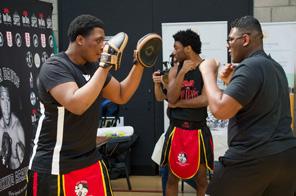
Our work pays particular attention to the needs of African, Caribbean, Asian, Minority Ethnic (ACAME), and Dual Heritage communities challenging stigma , dismantling myths, and championing inclusive support for all .
We Are a Symbol Friendly Organisation
As a Symbol Friendly Organisation, A2ndvoice CIC is committed to using clear visual communication to support understanding for people with communication difficulties, including autistic individuals, those with learning disabilities, and non-verbal individuals. We incorporate visual symbols such as those from Widgit and similar providers into our signage, schedules, flyers, and activity guides to reduce anxiety, improve accessibility, and ensure everyone can participate fully. This approach helps make our spaces more inclusive and easier to navigate for all .
Find out more about us hello@a2ndvoicecic.co.uk www.a2ndvoicecic.co.uk

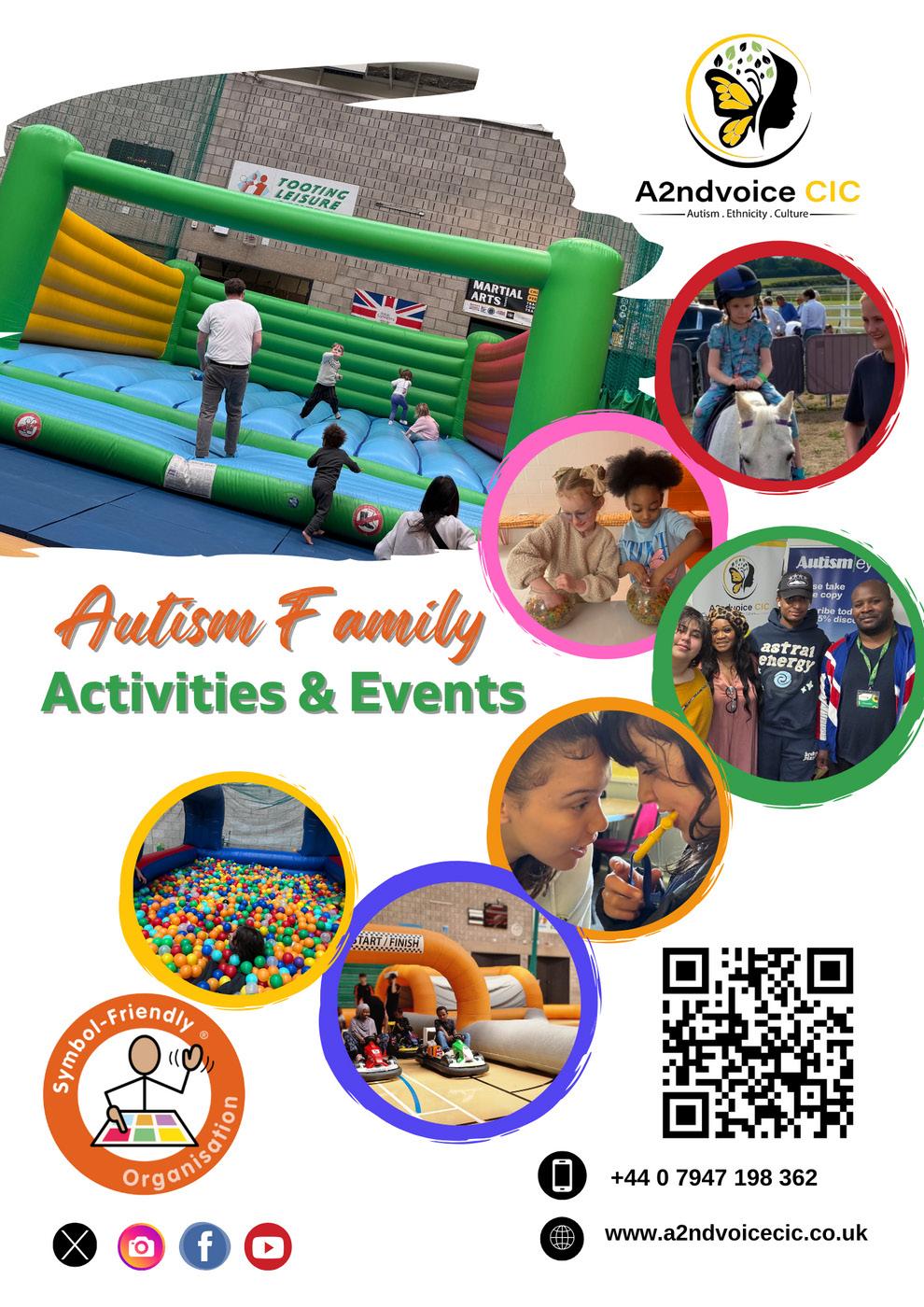
Tumi Sotire is an award-winning Dyspraxia advocate, along with being a public speaker and consultant. Known as The Black Dyspraxic online, he talked to Disability Review Magazine about how he does it.
QSo, first of all, can you tell us about The Black Dyspraxic and how that work began?
ASo, The Black Dyspraxic started in 2019 and it was crystallised when I was invited to an event for Black History Month for 2019, and the event was based in London. It was called Through the Lens by Diverse Creatives CIC, and the founder was basically looking for another black, neurodivergent male to join the panel because there were too many, a lot of women. And my friends saw it on LinkedIn and was like, “Okay, you might be good for this event.” I contacted the founder and her name is Remi Rae, she’s now a really good friend of mine, and she invited me to this panel. And I came all the way from Newcastle, and I kind of just put it on social media and a lot of my friends and my loved ones responded, and they came and they were in the room. And I just really loved the energy and the responses. I really, really enjoyed being on the panel, and previously to that, on my personal page
I had called myself The Black Dyspraxic because I was diagnosed with Dyspraxia at the age of four. And I used to refer to myself as The Black Dyspraxic but that event really crystallised the page, [I] started the page at the end of 2019.
Dyspraxia is often characterised by difficulties with motor skills. So we’re talking about fine and gross motor skills.
According to the NHS website, Dyspraxia is a common condition that affects movement and coordination. Hallmarks vary between people and change over time. This may impact: coordination and balance; your ability to write and type; time management, planning, and an assortment of daily living skills. This condition also commonly occurs with others such as Attention Deficit Hyperactivity Disorder (ADHD), Dyslexia, Autism, and other conditions.



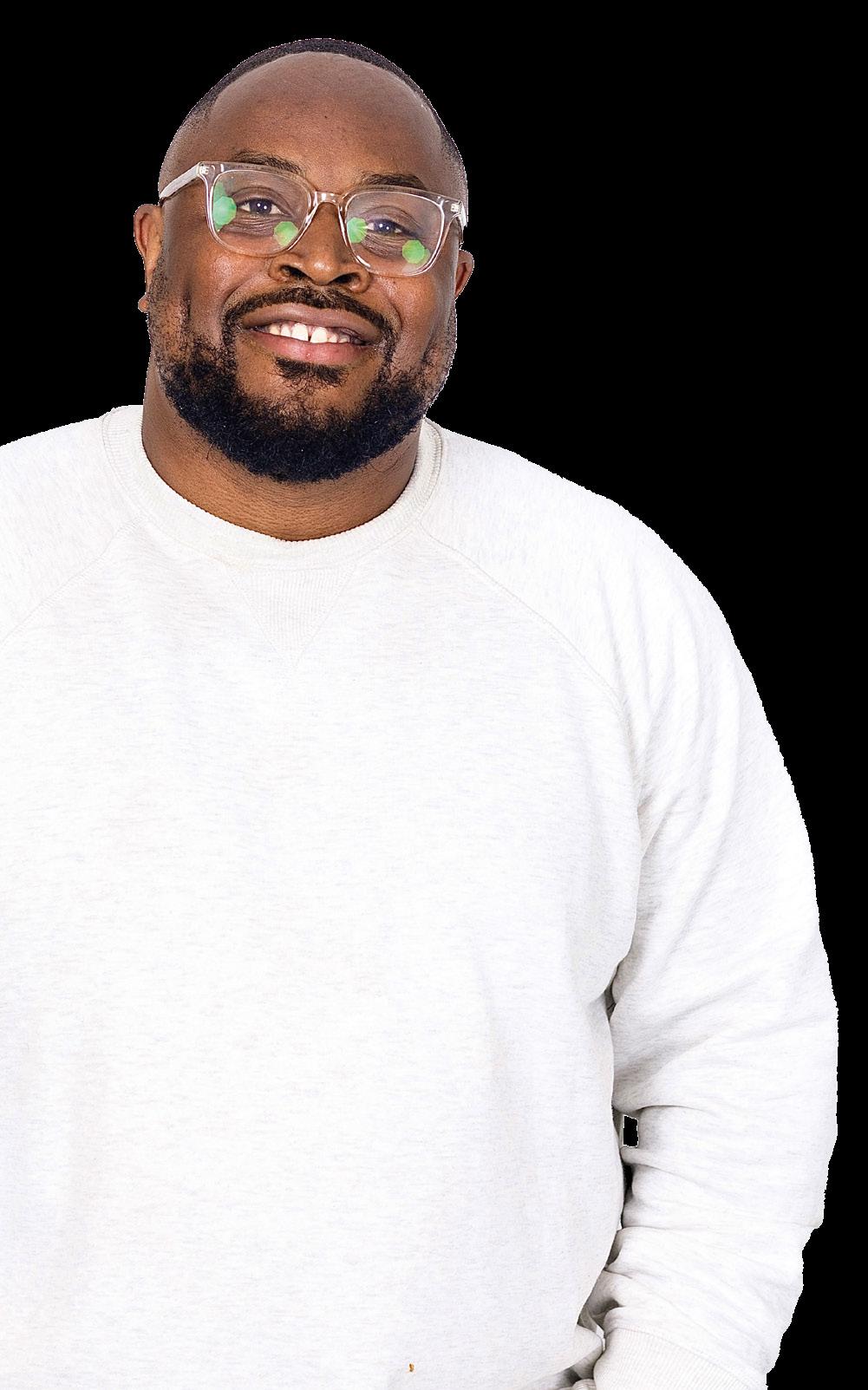
COVID happened, [and] George Floyd’s death happened in 2020. And just one thing led to another, [I] started to get some publications and, uh, in Forbes for example, and it’s just kicked off from there, really. And I think there is a big niche in this, in the neurodiversity movement because not a lot of people are talking about neurodiversity. A lot of people are talking about Dyspraxia, number one, and quite a few people are talking about intersectionality but normally when they do talk about intersectionality, we normally have it from, either from a gendered experience, so [from the point of view of] women, non-binary folk, or black women, for example.
There’s fewer neurodivergent male advocates, and there’s definitely not a lot of neurodivergent male advocates from black or ethnic minority backgrounds who kind of try and do the things.. I’m also a researcher by day, so I really try to bring academic and kind of like a, really rigorous, teacher kind of aspect to my content as well.
QFor people who may not understand or who may not have heard of Dyspraxia, would you mind explaining it, just for people who may be reading this?
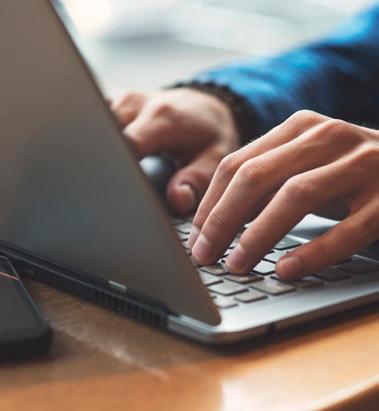
AYeah, absolutely. So, where do you want to start? Um, Dyspraxia, if you think about the Latin phonetic word, we’ve got dis, which means difficulty, and praxia means action, so [it means] difficulty with action. Dyspraxia is often characterised by difficulties with motor skills. So we’re talking about fine and gross motor skills. Fine motor skills are movements to do with fingers and small movements, so we’re talking about everything from handling cutlery to handwriting to typing, etc.
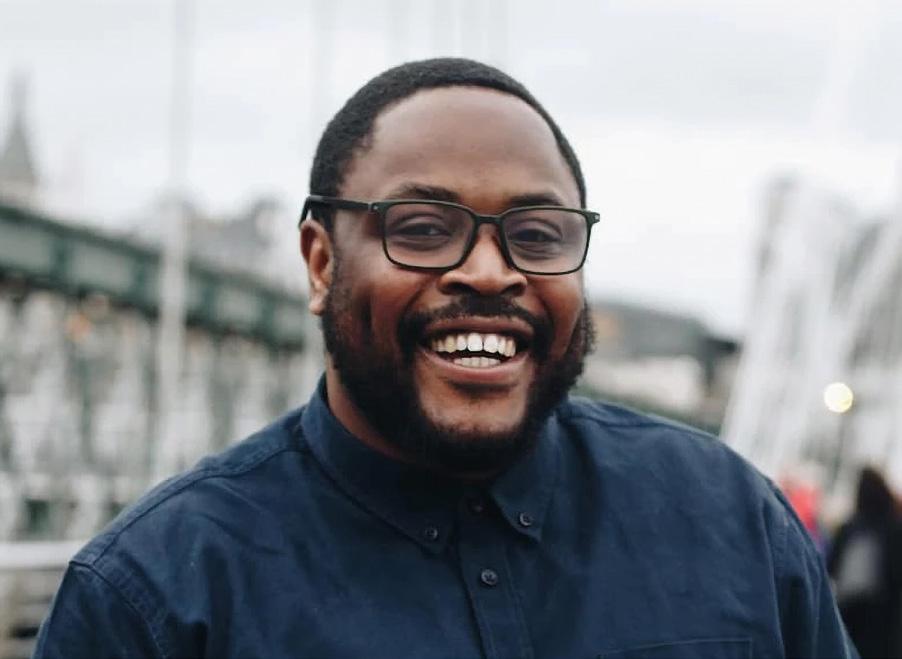
Then we’ve got your gross motor skills which are your movements such as running, dancing, broader movements. But Dyspraxia doesn’t just affect coordination. It also affects things like spatial awareness, balance for example, posture, sleep, sleep hygiene, [and] executive function. So, um, people that are Dyspraxic sometimes can be quite forgetful [when it comes to] organisation.
People that are Dyspraxic also may be quite sensitive to things and Dyspraxia often co-occurs with Autism, ADHD, Dyslexia, etc. And we call it Dyspraxia in the UK but the medical term, which is universal globally, is actually Developmental Coordination Disorder [DCD]. Even though I understand the importance of medical consensus, because there’s actually no medical consensus on the word Dyspraxia but there is medical consensus on DCD, Developmental Coordination Disorder, I don’t like [the use of the term] Developmental Coordination Disorder for three main reasons.
Number one, developmental implies that you can grow out of it because it’s just something that is still [in] development. Number two, the word coordination implies that it’s only to do with coordination but as discussed, it’s a lot more than that. Number three, the word disorder implies a medical model that kind of has to be fixed. So because of these three reasons, I think the word DCD
So because of these three reasons, I think the word DCD can be quite problematic.
can be quite problematic. But I’m an academic so I understand why we use it.
QWould you mind telling us about your day-to-day management? So - have you adapted anything or if you follow particular strategies?
ASo for me, to be honest with you, certain strategies that I do is [about] making sure that I slow down.
Um, AI has been a game changer, so I use ChatGPT a lot. And the way I use ChatGPT is instead of just, um, instead of just typing, I use the voice note structure to just speak my ideas and you can kind of speak to ChatGPT and it will refine it and edit it and stuff. And that’s been a real game changer.
I’m probably one of the Dyspraxics that are.. one of my strengths [is that] I’m extremely sociable. And so one thing I found is that utilising people and my community to kind of help me to do the things that I find difficult and leaning into that has been really helpful for me. And so,
for example, being married now, my wife helps me with so many different things. So for example, this morning - we have a really, um, delicate door and I opened it. And I opened it too hard because sometimes when you’re Dyspraxic you don’t know your own strength. So I had to call her to help me do that.
Since I went to university, all those long years [ago in] 2011, I’ve had disability student allowance [also known as DSA], certain software, like 3D layout software I use from time to time, um, [and] using Access To Work. But I’ve also realised that coaching and just developing strategies is definitely good. But I know that I need - even though strategies are available, sometimes incorporating strategies into your daily life is easier said than done.
Sometimes incorporating strategies into your daily life is easier said than done.
Another thing that really helps me is that, listening to kind of like podcasts, um, favourite podcasts that could be about football or politics, listening to things as I’m working. [It] helps me to focus and I really would… I know some people could be all different, but I like to vary them. Sometimes I like silence. Other times I like to listen to something in the background depending on my activity.
iTumi Sotire is an accomplished Neurodiversity speaker, advocate, and researcher. He was diagnosed with Dyspraxia at the age of four and can be found at theblackdyspraxic.com. To contact him for his services, please visit: theblackdyspraxic.com/bookings

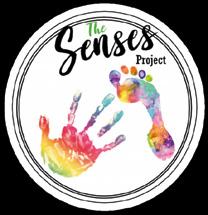
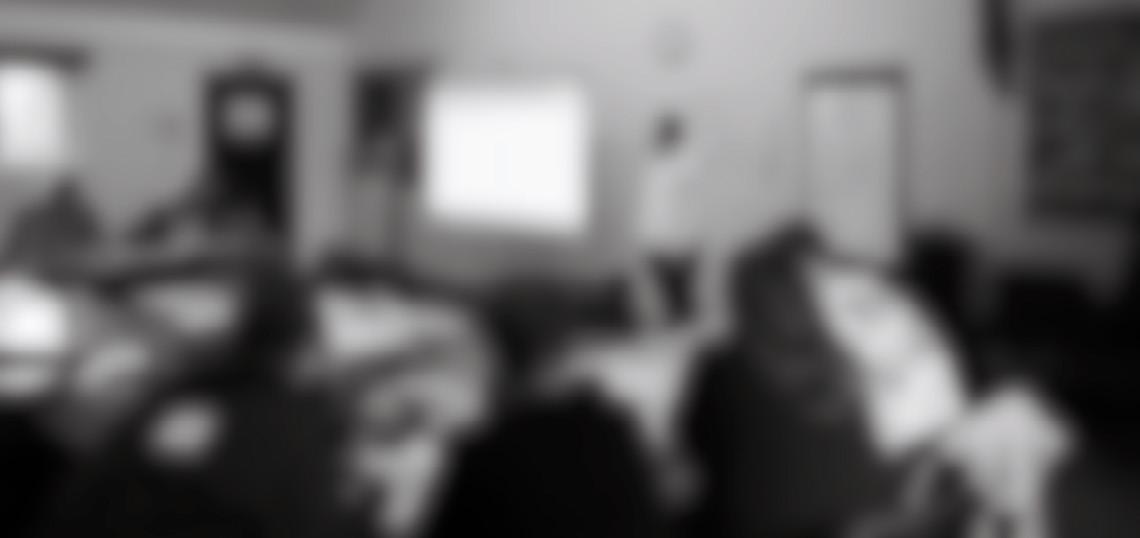



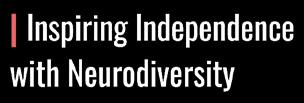
This workshop will help you relate to the needs enabling progression to independence and nurturing potential!

Reflect on how you relate to behaviour while you explore a new mindset to understanding behaviour, the trauma brain, and more.
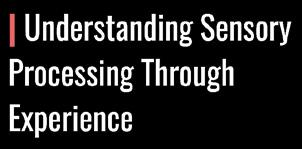
Explore Sensory Processing, supporting sensory needs, and learn about our Sensory Emotional regulation model.

“The workshop was delivered in a way that was easy to understand, even when covering complex
information
and difficulties. I could not rate it highly enough”
- Becki King


From founding a business to designing a new adaptive fashion Disability Review Magazine we wanted to highlight the work of 9 disabled & neurodivergent entrepreneurs.
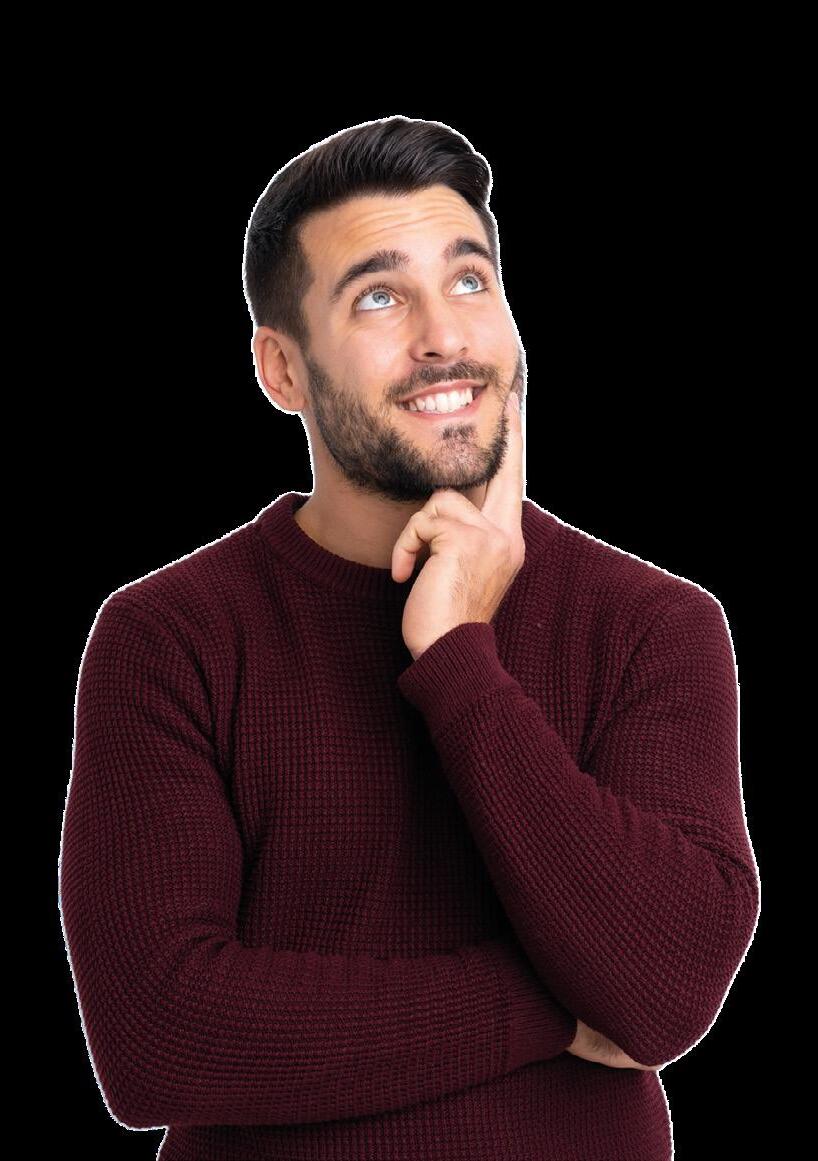
Millie Flemington-Clare, founder of Human Beauty
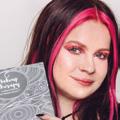
You may have seen Human Beauty on Dragon’s Den recently; we also interviewed founder Millie Flemington-Clare last year. Human Beauty focuses on adaptive beauty - cosmetic products that are made to be accessible to disabled individuals, such as in how the products use different materials and design features. Find out more at humanbeauty.co.uk
Sotire, aka The Black Dyspraxic
Known by the online moniker of The Black Dyspraxic, Tumi is a neurodiversity advocate - and is also recognised as a speaker and a researcher. In this issue, you will find out more about his work, which in part spotlights the under-recognised condition of Dyspraxia. To inquire about booking his services, please visit: theblackdyspraxic.com/ bookings


Lyndsay
Mitcheson, founder and director of
Neowalk

Are you in need of a stylish mobility aid, cast in acrylic plastic?
NeoWalk is a recognised brand when it comes to mobility aids - they can light up, change colour (with the inserted torch), and your cane can also come with matching accessories. Celebrities such as Christina Applegate and Selma Blair have been photographed with the brand’s creations - including one combination with crystals. Lyndsay Mitcheson is the woman at the heart of the brand; get your canes at: neo-walk.com
Lee Chambers, founder of Male Allies UK

At the time of going to press, male allyship has been in the news a lot, thanks to the Netflix drama Adolescence. Lee Chambers is the founder of Male Allies UK, an organisation that is working its way towards a more equitable and inclusive society, such as through workshops, training programmes, and keynote speaking. Lee Chambers is a certified business psychologist, and has shared his own journey alongside. The services available from Male Allies UK can be found here: maleallies.co.uk/services
Victoria Jenkins, designer and founder of Unhidden

Adaptive fashion is here to stay! An inclusion revolution is underway, and there is more to come in this space. As the founder of Unhidden, Victoria Jenkins has been setting the standard for adaptive fashion, such as in hosting several runway shows that hosted
exclusively disabled models. A designer in her own right, she is the person responsible for Primark Adaptive, the launch of which we covered in our last issue. Shop the new Primark range here: primark. com/en-gb/a/inspiration/fashiontrends/our-adaptive-range
Kelly Gordon and Emma Gardner, founders of WNF Representation and disability is so very limited - and it is not just because of a lack of disabled talent. Access delayed is access denied - so what can we do about that? Kelly Gordon and Emma Gardner have joined forces in order to create WNF, which stands for With Not For. A talent agency with a rooster of disabled talent, we interviewed the duo in this issue. For more information, please visit: withnotfor.co.uk
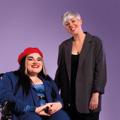
If you believe in the work that you do, you will succeed and the world will be better for receiving your work and passion.
Kelly Gordon
Kit, founder and disabled artist behind Fuzzies Art Designs
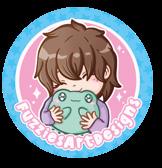
Art is a political act! And we can do more, by buying from the disabled community. Fuzzies Art Designs offers frog-tastic designs that are disability-inclusive, including stickers featuring walking/mobility aids, key rings that also act as non-
verbal communication tools, and other such merchandise. It’s fun, funky - and inclusive, too. Visit the Etsy shop here: etsy.com/shop/ fuzziesartdesigns/?etsrc=sdt
Hester Grainger, ADHD coach and creator of The Speedy Brain Society
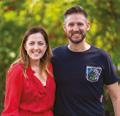
In our last issue, we interviewed Hester Grainger about her upcoming debut solo tour, ADHD Unmasked. Featuring content about a later-inlife diagnosis of ADHD, this is a show that aims to bust a few myths involving stigma. However, she is also the founder and creator of The Speedy Brain Society, a subscriptionbased online community that has resources for people with a diagnosis of ADHD. Find out more at: speedybrainsociety.co.uk
Pippa Moyle, founder of The City Girl Network

Loneliness is something that we need to talk about more when it comes to the disability community.
Socialising is sometimes hard to access, due to inaccessibility - such as when it comes to venues and step-free entrances. The City Girl Network, founded by Brightonbased Pippa Moyle, offers events such as a monthly coffee meet-up, craft sessions, book clubs, and more. The in-person events are also wheelchairaccessible as a standard. For more information such as for the online content, events listing, and more, please visit: citygirlnetwork.com
Who else would you like to see on this list?
Let us know on our social media pages!
ISN’T
With Not For (WNF) is a talent and production agency with exclusively disabled clients. DRM talked to the founders Emma Gardiner and Kelly Gordon.
Emma: We started the business in lockdown over Zoom, having never met in person - which in hindsight feels wild but also in other ways super accessible and on brand for us. Meeting and working in person is a privilege that relies on flexibility, is dependent on cost and for many disabled people is only made possible if places, travel and processes are accessible. And many are not.

When
it comes to representation, disabled people are still often left out of the creative process and work behind the scenes.
Kelly and I connected when I was doing some outreach for a magazine project and once we got chatting, we never stopped. We decided that between us, our skill sets and our connections, that we could create something fresh and much needed in With Not For. And now here we are.
There’s still an ignorance that we don’t see with any other marginalised groups any more.
Emma Gardiner
Kelly: I always knew I wanted to start a business like With Not For, as during my time working in the football industry I faced so many barriers to entry. Whether those barriers were physical or attitudinal, it taught me so much about business and myself in general.


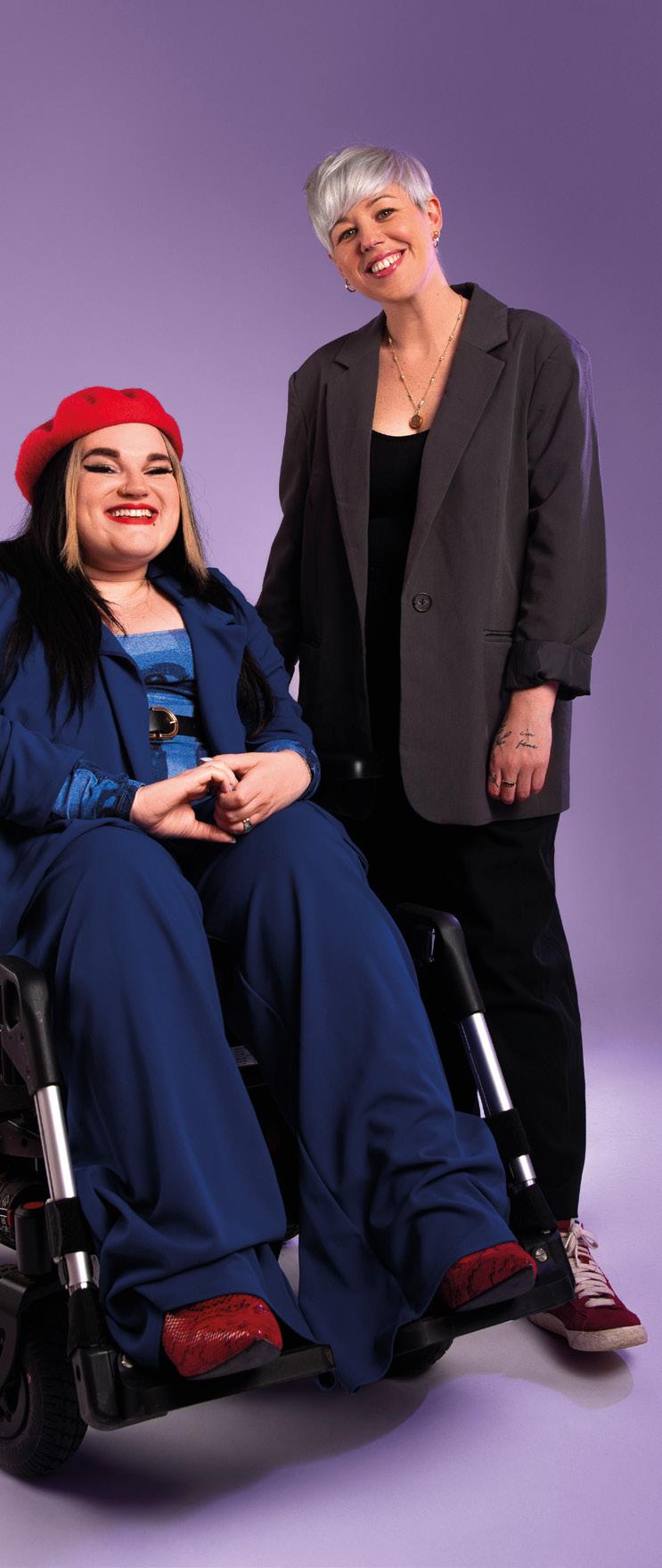
When I met Emma online we clicked instantly and had the same mission and goals and great networks! We knew we had to start this business and start sharing the incredible talented people that we knew with the advertising industry, at the same time changing what representation in advertising and media really means. Disability still isn’t always on the agenda and it should be! We know firsthand how positive the results are when disabled talent is placed on a project, whether that is in a freelance role, part of the team or taking part in research and consultancy, it is transformational. We do things differently and often in ways that are never thought about.
E:
When it comes to representation, disabled people are still often left out of the creative process and work behind the scenes. Until we start to change this, the narratives being told will remain at best predictable, and at worst [remain as] harmful tropes. The biggest challenge we face isn’t necessarily accessibility when it comes to placing our talent in roles behind the scenes, it’s usually attitudes and perception of the capabilities of disabled people. There’s still an ignorance that we don’t see with any other marginalised groups any more… but when it comes to disability, input from the community is sadly a box ticking exercise in most cases which is why the work we’re doing is needed. The talent out there is incredible and we represent a fraction of it!
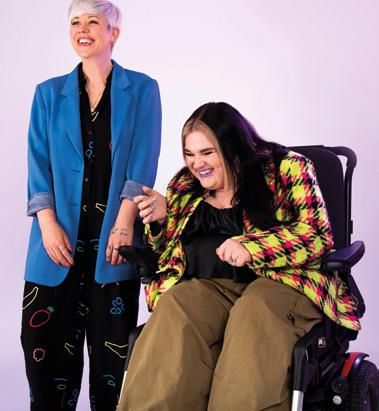
K: We are lucky to have worked with SO many amazing advertising agencies such as Ogilvy, VCCP, VML, FCB, and brands like Guinness, Motability, IKEA, HSBC and TUI.
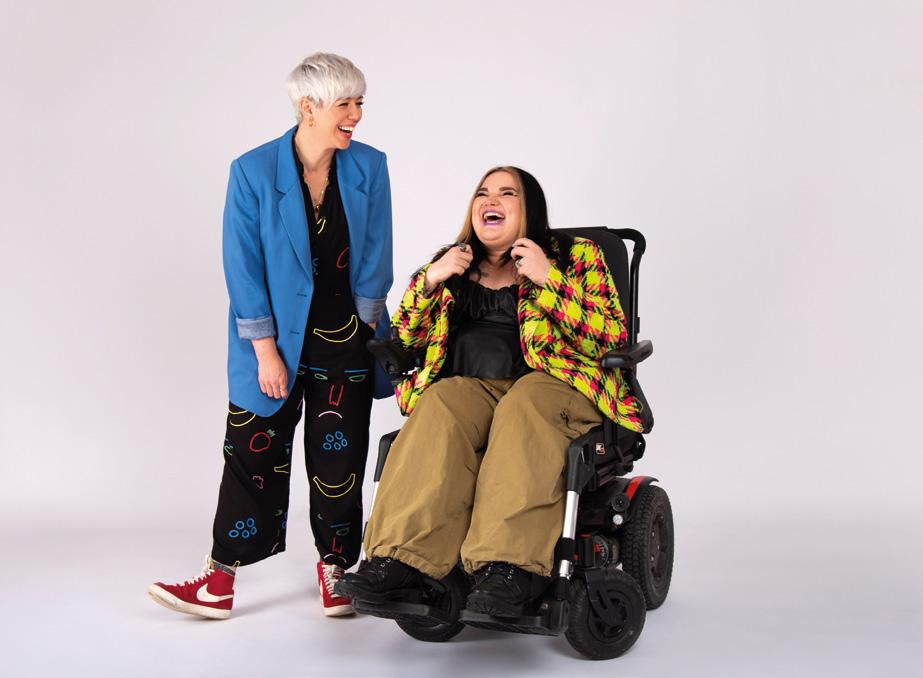
Yes, my advice would be to keep going, too! It is SO hard sometimes as a disabled person to get your voice heard but ultimately the community will listen and champion you.
Kelly Gordon
E: This year we’ve already delivered an accessibility campaign for the Guinness Six Nations tournament that saw us deliver training and place Access Coordinators in jobs at Murrayfield, Twickenham and Aviva Stadiums. We’ve been a part of developing industry accessibility training on best practice for TV and digital content, placed guest speakers at top ad agencies, consulted on a new campaign with multiple awardwinning charity Coor Down, cast someone as a model on BBC’s Glow Up and gave a guest lecture on disability inclusion to fashion students at Norwich University of the Arts. No day is the same and we love it.
K: The juggle is REAL! Yes, I am CMO at a global e-commerce brand and and CEO of With Not For, plus side projects haha! However, I think because I am extremely passionate about the work that I do it doesn’t necessarily feel like work a lot of the time. My work life revolves
around my missions and goals. My goal at With Not For is to change representation, and ultimately the world, so that mission is naturally something I am drawn to daily and never feels like a chore. It also helps that I work across two time zones as a lot of my work is based in the US and my With Not For work is predominantly [in the] UK. So you could say I quite literally work 24/7, [it’s] not for everyone, but something I chose to do, that works for me.
E:
I juggle working full-time at WNF alongside caring for my daughter, so flexibility and understanding is key in our working relationship as partners, founders and managers of talent. Working in ways that suit us, being open with each other and supportive has allowed us to scale our small business quickly in a way that’s been (mostly!) manageable and really exciting. Managing our mental and physical health is key and as fulltime, multiple-job-juggling, working and caregiving mums, life can be a lot.
Taking time to rest and stepping in and up for each other is really important to us and so far has worked really well. The reason we created WNF was because the jobs we wanted didn’t exist. Being founders allows us to set the hours, policies, access and build something that works for us and as many other disabled people as possible. I’d imagine this resonates with other entrepreneurs out there and my advice would be to keep going. Starting a business or going it alone isn’t easy and community is key and vital for us to succeed. Collaborate, don’t gate keep - there’s room for us all and we’re more powerful if we join together to break down barriers.
K: Yes, my advice would be to keep going, too! It is SO hard sometimes as a disabled person to get your voice heard but ultimately the community will listen and champion you. During the growth of With Not For so far we have met some INCREDIBLE in-house allies at agencies and within businesses that have really helped us to get to where we are today (even though we still have a long journey ahead). If you believe in the work that you do, you will succeed and the world will be better for receiving your work and passion.
For more information please visit: WEB: withnotfor.co.uk
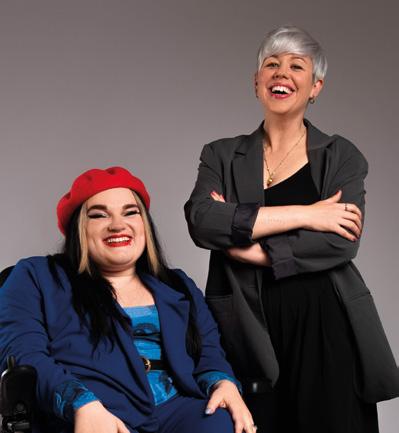


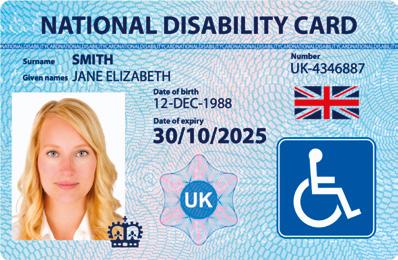
Designed exclusively for disabled individuals and carers
Fits in your wallet - no more bulky documents
Widely accepted nationwide as proof of eligibility for discounts, priority access and more
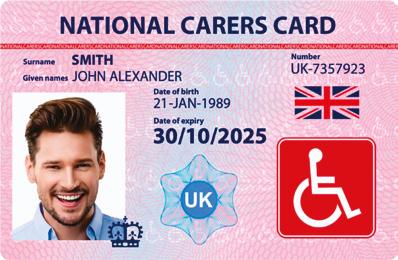
Advanced security features: hologram and special overlay
Same-day application decision
Emergency contact QR code
Plus premium colourful lanyards exclusively for cardholders

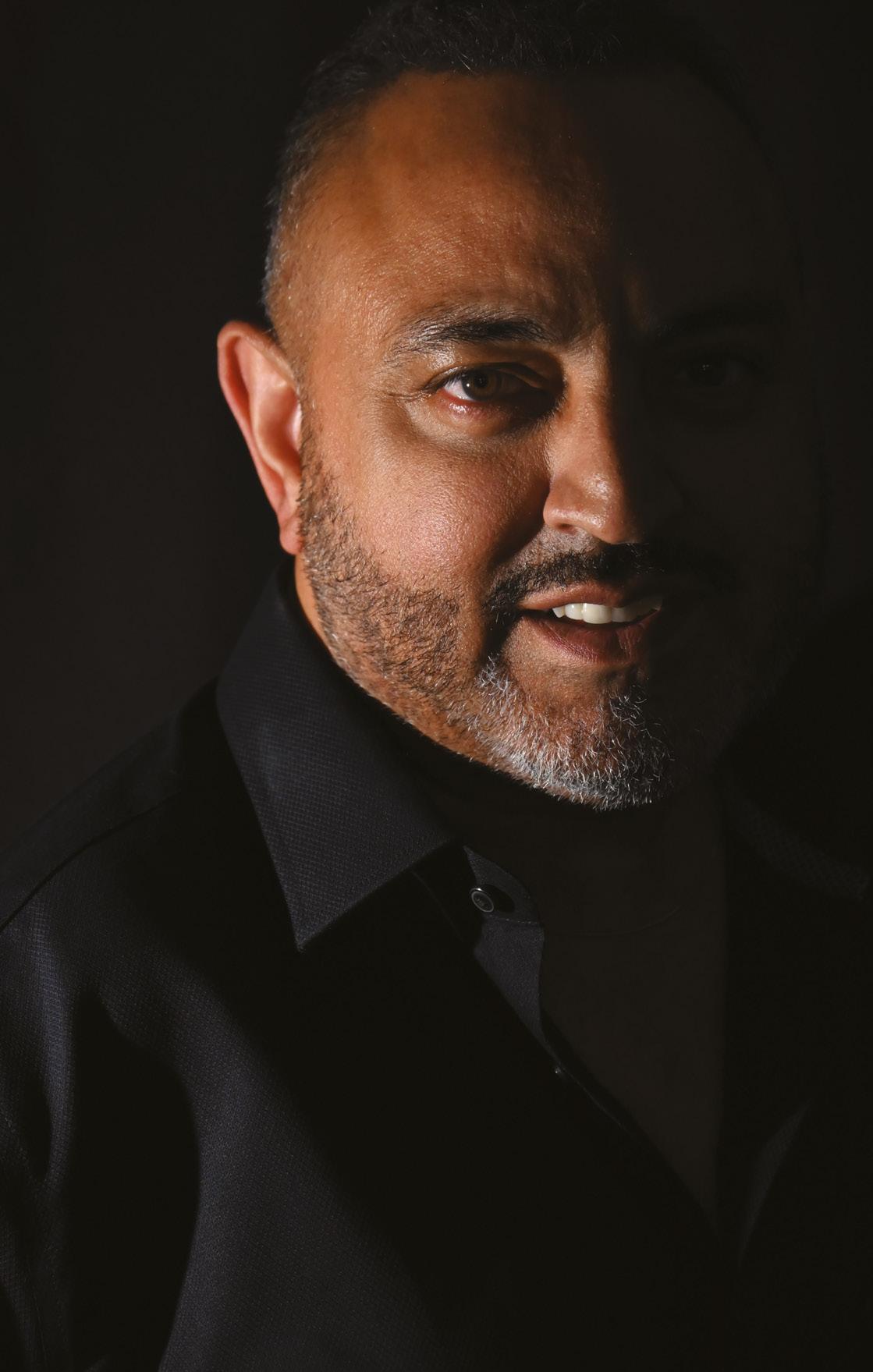
Taking aim at the ultimate buzzword, columnist Dr Amo Raju details why disabled people should not have to be resilient as a default.
Resilience’. Oh, what a delightful little buzzword. Boardrooms chant it and prescribers peddle it. But for disabled people? It’s not a mantra, it’s an unfortunate survival tactic. Let’s cut the inspirational nonsense: resilience is just the unwanted shiny virtual medal stuck on us which in reality means “you’re on your own.”
We’re praised for ‘overcoming disability’ while the world conveniently forgets it built the obstacles in the first place. “Wow, you’re so strong!” - as if systemic neglect is just a character-building exercise. Newsflash: resilience isn’t always a virtue. Sometimes, it’s all of what’s left when every other option has been locked away out of reach, or when the gatekeepers have created an oblivion.
As a disabled entrepreneur, I’ve had a front-row seat to this circus. Business demands grit? Sure. But for us, resilience isn’t some entrepreneurial superpower, it’s the bare minimum required just to get to the starting line. For me, there was always a fine line between resilience and just being determined and borderline stubborn! We’re stuck writing accessibility requests as unpaid consultants. “But have you tried…?” Oh, forgive me, I hadn’t considered trying to exist in a world not actively working against me. Silly oversight.
codes in rooms with no ramps. What about ‘funding’? Enjoy justifying your viability to investors who’ve never once googled inclusive design. But hey, at least our struggle makes for great inspirational discussion, right?
And here’s the kicker: the more resilient we are, the less the world feels it needs to change. “Look how they thrive against all odds!” The actual translation: “See? No systemic fixes for inaccessibility needed!” Nothing like being called brave for daring to expect a damn ramp as a minimum.
So, let’s redefine resilience, not as a crutch for society but as a demand. A demand for capital that doesn’t require a disability tax. For mentors who don’t confuse “coaching” with “condescension.” For tables that aren’t just metaphorically inclusive but actually physically accessible. Radical stuff, I know.
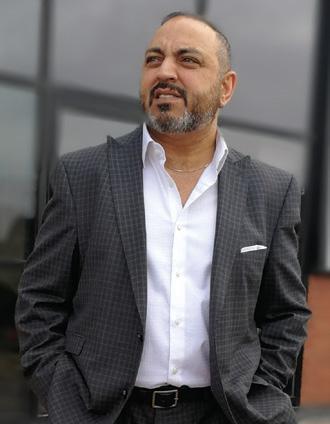
Boardrooms chant it and prescribers peddle it. But for disabled people? It’s not a mantra, it’s an unfortunate survival tactic.
Disabled entrepreneurs don’t just hustle, we perform Olympic-level gymnastics just to access the same opportunities. ‘Networking’? Hope you like decoding unspoken dress
resilience isn’t always a virtue.
Disability isn’t a lack of ability, it’s an abundance of societal barriers. And resilience? It’s the muscle we have all forcibly built hauling those barriers around while everyone else nods and calls it inspirational.
So where is resilience when it’s needed? Oh, it’s here, we’ve got plenty. But maybe, just maybe, the world could try being resilient enough to fix itself for once. Disabled people have carried the weight for long enough. Now who’s ready to lift with us?
Dr Amo Raju is the author of ‘Walk Like A Man’, now available on Amazon.
AUTHOR: Dr. Amo Raju
TWITTER: @AmoSinghRaju
INSTAGRAM: @amorajuofficial
TIKTOK: @amorajuofficial

DRM talks to Beth Kume-Holland, CEO of Patchwork Hub, on the trials and tribulations of entrepreneurship.
QWhat was it that prompted you to create Patchwork Hub?
AI started Patchwork Hub because of my own experiences of living and working with a disability.
Across my early 20s I had to give up opportunities that I absolutely loved because I was facing accessibility barriers in work - my health was deteriorating, and I was struggling to work out what sort of work could work for me, but I was confident that I had real skills to offer if I was able to work in ways that suited me. Hoping it would help me to work out my next steps, I applied and was lucky enough
I think you have to be slightly bold when trying to create something from scratch.
to receive a Kennedy Scholarship to go to grad school at Harvard in the US. And I suppose it did help! But perhaps not in the way I was anticipating… Suddenly, I was an ocean away from my family and wider support network. And unfortunately, I came up against some real inflexibility and barriers in both the institutional ‘way things are done’ and from individuals I was working with.
During my year in America I was hospitalised multiple times, and really had to learn to advocate for myself to get the adjustments that I needed, in a way I hadn’t had to before.
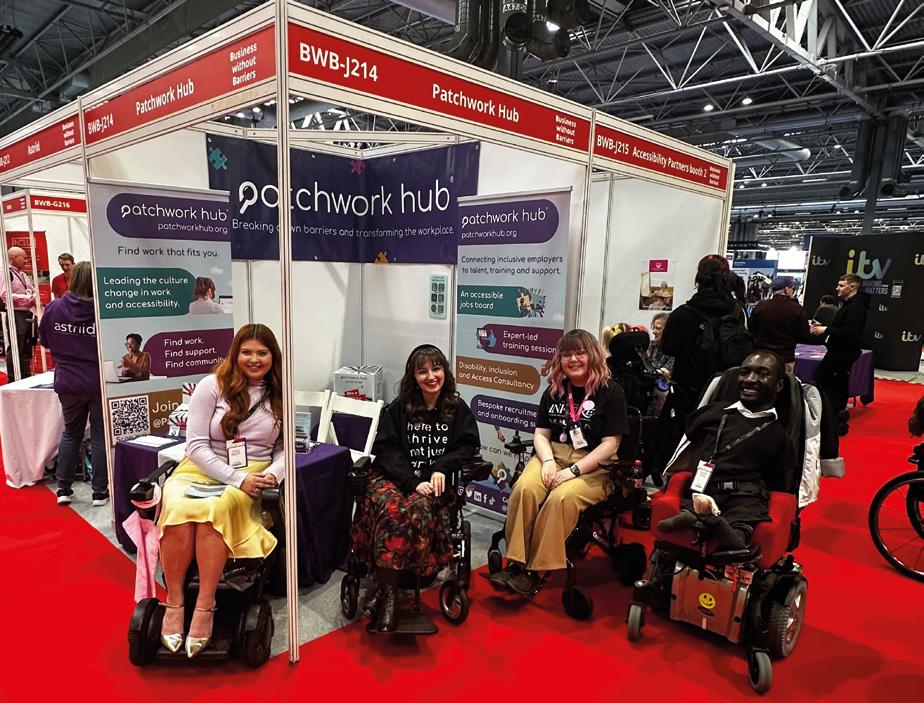
During my year in America I was hospitalised multiple times, and really had to learn to advocate for myself to get the adjustments that I needed, in a way I hadn’t had to before.
This did one very important thing - far more so than at any time previously, the experience made me identify as disabled and think about my disability identity. It was facing the assumptions and ignorance, and deciding to try to change things for the better, that led me to get very involved in wider-reaching disability advocacy work in the States, eventually taking me to Capitol Hill in Washington, D.C. to lobby Congress and Senators.
And through the people that I met doing this, I realised that I wasn’t some sort of outlier. There were millions and millions of really talented people being marginalised due to unnecessary accessibility barriers in the way work is set up. And this is what sparked the idea that would become Patchwork Hub. I started working on the initial thoughts while still at Harvard, and when I got back to the UK, I decided to commit to seeing if I could get
it off the ground. And five years, and a lot of ups and downs later, I sometimes can’t quite believe how far it’s all come!
QFunding for disabled entrepreneurs is often limited, as are resources for building businesses - what was the plan in getting started?
AI’ll admit - I started without actually planning as much as I should have! I very much rushed into things initially, and it was an absolutely massive learning curve. I think you have to be slightly bold when trying to create something from scratch, but also recognise how much there is to learn from others. So I just started emailing or messaging people in the space to learn more about what they do, let them know what I was working on, and try to build that collaborative network really early on.
I also got lucky in terms of getting some vital initial support from an organisation called UnLtd, who’ve stayed really supportive as we’ve grown. They gave me my first ever grant, and honestly, as much as the funding was incredible, having someone external say that they believed in me and thought I was on the right track so early on was so important for me too!
Accessing funding as a female disabled entrepreneur has been… interesting. There are just so many barriers to entry - both practical and attitudinal, and I think that’s why our growth journeys can often look a lot longer than our non-disabled counterparts, we have to be really innovative in our path to growth.
Q For those reading this who may not know, what does the Patchwork Hub do, and what is your mission?
APatchwork Hub is a disabledled employment platform and jobs board. Our platform connects disabled and neurodivergent people, carers, and others needing accessible work practices to job opportunities with inclusive employers.
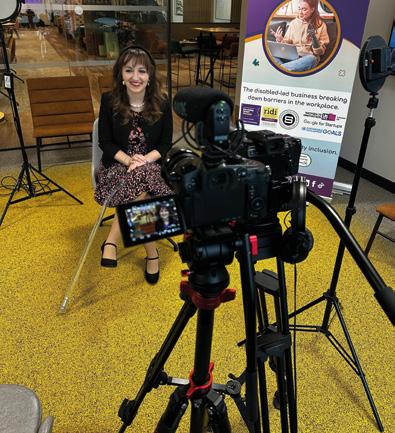
And alongside our jobs board, we also support employers across their whole accessibility and disability inclusion journey, from attraction and recruitment to retention of talent. We provide a range of training, consultancy, and support packages to drive forward change within organisations.
We’ve worked with some leading organisations across the UK, from Pictet Group and the Lending Standard Board in the financial services sector, to The National Trust and The King’s Trust in the charity sector, and big brands like the BBC and Logitech. All of the work we do is underpinned by a really clear social mission, stemming from those original thoughts I had when deciding to start Patchwork Hub: to close the disability employment gap and create decent work for all who can. So if you’re looking for opportunities, get in touch today!
QWould you mind telling us about the barriers to starting your business? Do you mind telling us about how you managed your access needs in connection with the day-to-day running?
AThere have definitely been barriers - and I think quite a few of them would be familiar in slightly different iterations to disabled people in all walks of life. The one that I get the most is probably just the assumptions that people can have about disabled people. About the lives we can lead, the skills we can have, and the things that we can achieve.
Far too often people have assumed that because I’m disabled, my business would naturally be a charity-style, small-scale, lifestyle business, or that because I’m working on disability inclusion that my services and expertise should be provided to them for free. Often, when I explain that I run my own business, I’m met with a well-meaning but somewhat patronising, “Oh good for you, keeping yourself occupied despite everything”, rather than taking
me seriously as an entrepreneur and business leader.
Fundraising is a whole extra barrier. I can guarantee that I’ll have a completely different level of conversations when investors don’t realise I’m disabled, compared with if I walk into the room with my stick or in my powerchair.
And I don’t mean in a good way. In the past, potential investors have literally dialled down the amounts we’re talking about once they find out that I’m personally disabled and the nature of the conditions that I live with.
Disabled entrepreneurs are a really underappreciated cohort in the UK .
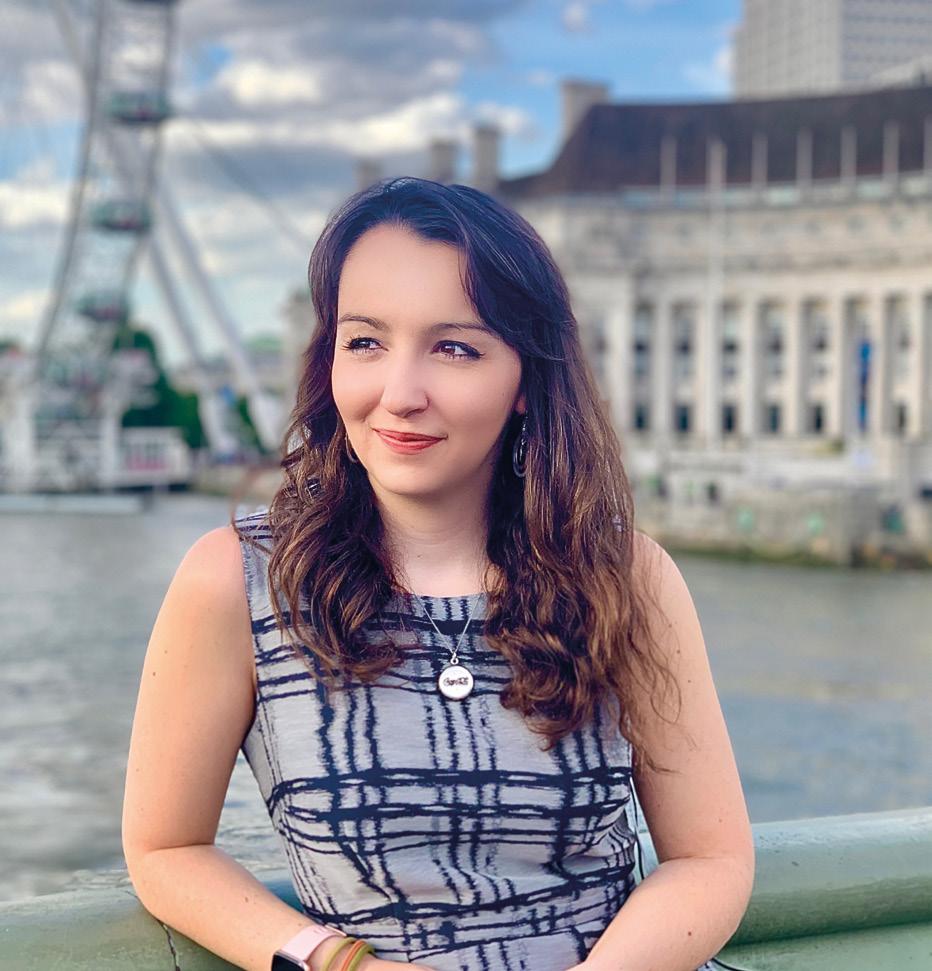
Then, finally, there’s also just the barriers that come from managing my health while juggling growing the business. As someone with multiple, fluctuating, energy-limiting conditions, I have to be quite careful about what I take on and also have to really trust those around me to push things forward when I’m less available. And I’ll admit, slowing down and putting myself first is something I’m still quite bad at! I still find myself at times in ‘boom and bust’ cycles where I’ve pushed through to get something over the line and [I’ll] end up really paying for it in the following weeks.
QAt the time of speaking, there is much in the news about the so-called reforms to the benefits system, under the guise of ‘getting disabled people into work’. How will this impact the world of work, from an entrepreneurial perspective?
AThe first thing I’d say is that the benefits cuts that the Government has announced aren’t really about getting disabled people into work - they’re about the Government meeting their fiscal rules, and choosing to do so off the backs of disabled people.
Because if they were really focused on breaking down barriers for disabled people in work, this would be a counter-productive and punitive way to go about it.
For many disabled people who work, whether self-employed or for organisations, the benefits being cut are so often vital in providing support that facilitates their ability to work sustainably - so those cuts are going to cause real damage around the precise area they’re claiming to help with, alongside the stress and financial burden that will most impact the least well off.
And this frustrates me because some of the changes announced could have been positive ones in a different context! The ‘right to try’ work without risking loss of benefits and having to go through a range of reassessments will give people more confidence to see what is possible. While £1 billion in employment support could be really catalytic if approached with innovation.
At the very least, I’m hoping that rather than giving £1 billion to the usual suspects across government procurement, part of this money could be invested into disabled-led innovations that could really listen to what people need and come at the problem informed by lived experience and focused on breaking down the societal barriers that do so much harm. This should be where the government leans into the wealth of talent in disabled entrepreneurship, to find sustainable solutions to an issue they’ve mishandled for far too long.
QWhat needs to change to support disabled entrepreneurs without the idea of punitive measures?
ADisabled entrepreneurs are a really under-appreciated cohort in the UK. Due to barriers in employment, we know that disabled people are far more likely than non-disabled people to start their own businesses, to try to get the flexibility and accommodations they need in work. I’m co-founder of the Disabled Entrepreneurs Network alongside Jacqueline Winstanley, and can tell you, there’s so much talent and innovation in the disabled community that’s being marginalised - I find it so frustrating!
What disabled entrepreneurs need is far more tangible support, both from [the] government, but also crucially from the UK’s wider funding and investment ecosystem, which really doesn’t do enough to lift up disabled-led businesses.
First of all, there’s funding. Quite simply, it’s just much harder to get funding as a disabled founder. As I mentioned earlier, I’ve found that being a disabled entrepreneur comes with all kinds of unhelpful assumptions around the limits of what I can achieve, and that translates into it being harder to get the same amount of funding as an equivalent non-disabled person trying to do a similar sort of thing. We know from research by Access2Funding that disabled entrepreneurs are up to
four hundred times less likely to receive funding than their nondisabled counterparts - every time I hear that I’m just staggered at the gulf in support.
And the second thing, which I think applies more generally but which I know is a real problem for disabled entrepreneurs, are the delays and unpredictability of Access To Work. Disabled entrepreneurs have enough plates spinning - managing conditions, businesses, and life without having complete uncertainty around when support may come, what that support will look like, or whether it’ll be renewed each year.
There’s a lot else around the assumptions that mainstream investors may have with disabled founders, and the lack of disabled founders in mainstream start up ecosystems - as much as I love disability-specific programmes, we need the mainstream programmes to become accessible if we want to unlock the level of funding and support we need to truly scale our innovations! But these are just a couple of the things that need to change in the support for disabled entrepreneurs.
QWhat can we expect next from Patchwork Hub?
AWe’ve got big plans for the coming months! We’ve got our new website launching in the coming weeks, which will give us real scope to increase the scale of what we’re doing and grow the size of the talent pool we’re reaching. It’s also allowing us to get even more innovative with the support and services we’re providing to job seekers and employers. And at the same time, we’re in discussions with a range of employers and disabled-led organisations around partnerships, which will bring some really exciting job opportunities and wider support to our community. So I really can’t wait to get them over the line and out into the world for our community!
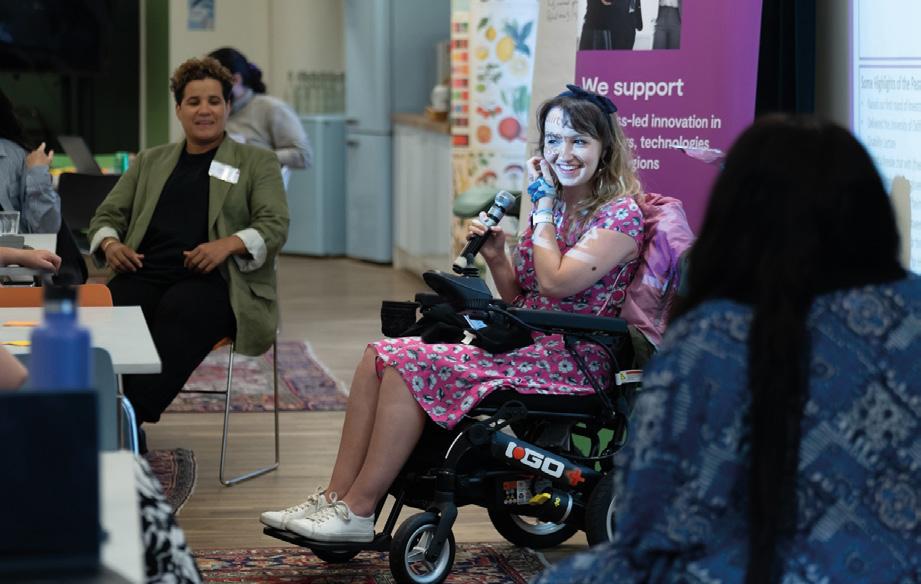
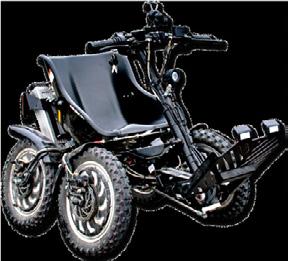
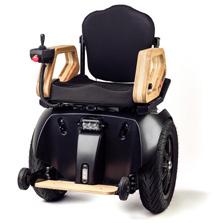
The Zoom Uphill does what it says on the label, it takes you uphill and then downhill and uphill again... Take a look at user stories at www.addmobility.com With permanent four wheel drive the Zoom uphill can take you on a fun journey and back again.
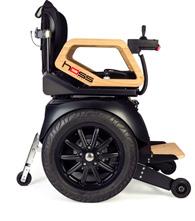
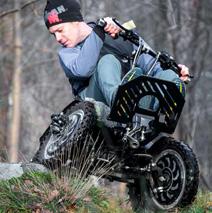
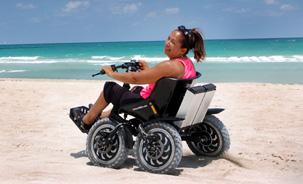
The totally integrated Hoss R1 - taking joystick controlled gyros to another level. Advanced patented safety features built-in including seatbelt Joystick controls forward and sidways movement Max Range of 60 kms Off-road capability Fits through standard doors. Left or right handed - can be changed by the user. With removeable arms and folded seat can fit in most cars.

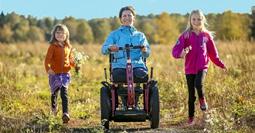
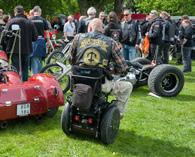
Would you like to convert your Segway to a seated solution then we have the solution. Missing the Segway don’t worry our partner can supply a refurbished unit.
Enjoy the two wheeled freedom of a seated Segway. We can fit the basic AddSeat Adapto to your Segway from £4500 plus VAT (VAT relief may be
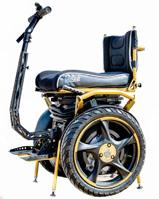
www.addmobility.com




By Carole Edrich
Travel columnist
Edrich takes us on a tour of Alta Badia.
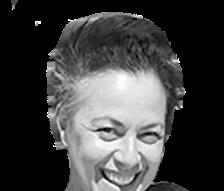
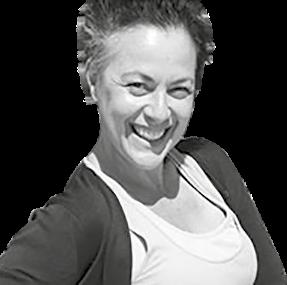
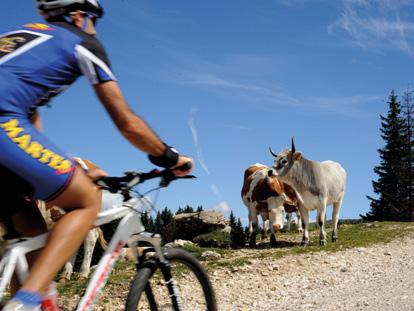
Combine the gorgeous glacial peaks and verdant green valleys of North Western Italy, an Austrian sense of order, and a place where Italian, German, and the local Ladin language are used interchangeably, then add Ladin traditions, gastronomy, comfort, and culture and you’ll have a good idea of what Alta Badia and Val Gardena in Corvara are like.
I fell in love with the area on a press trip years ago. Back then, I had been led to expect that my pre-cancer strength would return, so I didn’t mind struggling with my cycling and getting stuck up the climbing wall I had scaled to take better photos. Since then I’ve wanted to return to walk
the beautiful mountains, join the annual cycling marathon, and stay at the gorgeous Hotel La Perla. This column gave me the opportunity to do the first two with 2 full days (3 nights) at Hotel Marmolada. It’s a lovely place with traditional Alpine décor, exquisite cuisine, the famous Ladin hospitality, and exceedingly friendly staff. However, with my ME, undiagnosed extra disabilities, and current lack of fitness the marathon felt like too big a risk.
I can manage my energy and get more work done as a freelancer because I can choose my hours and approach.
Press trips aren’t holidays. They’re hard-won, hard work, cramming everything from a normal ten-day break into two or three. There’s no time to be ill, have time off or a lay-in. I worry that asking would leave me with no trip. I ask about gyms (weights help me manage my conditions), but am almost always ignored. Episodes while travelling do occasionally happen. But provided I stay hydrated and get early nights, I can usually manage. I then crash hard – worse without weight training - when I’m home. I love writing, pitching stories, meeting people, and travelling. I can manage my energy and get more work done as a freelancer because I can choose my hours and approach. I couldn’t physically manage a conventional employment contract at the level of intellectual engagement and seniority that would fulfil me. But freelance travel writing isn’t even easy for the able-bodied. Rates of pay haven’t changed since the ‘80s. Appreciation of what we do is muddied by Artificial Intelligence, influencers, bloggers, podcasters, and people who write for free. Travel’s becoming more inclusive
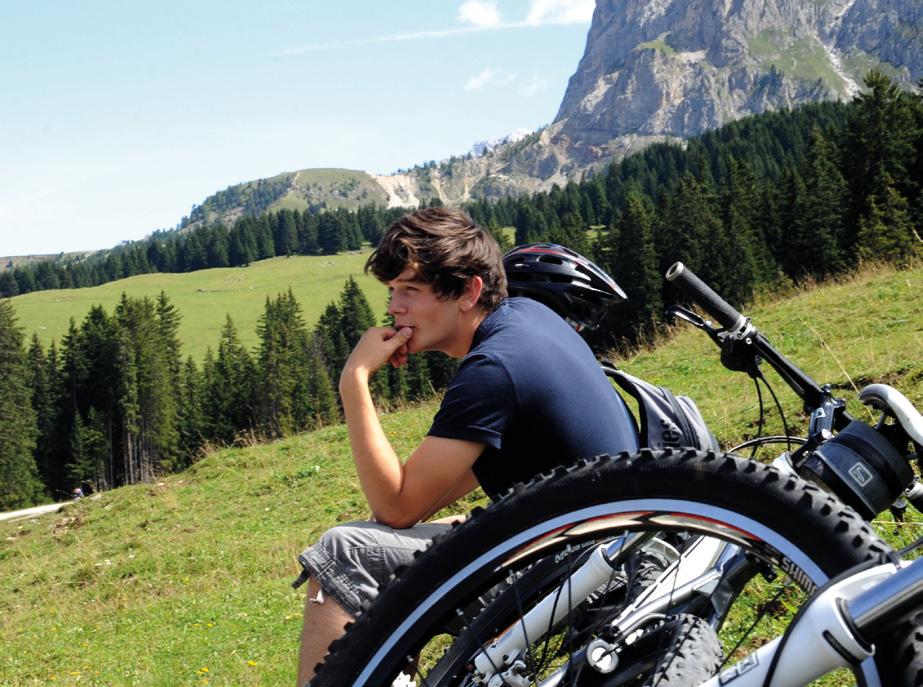
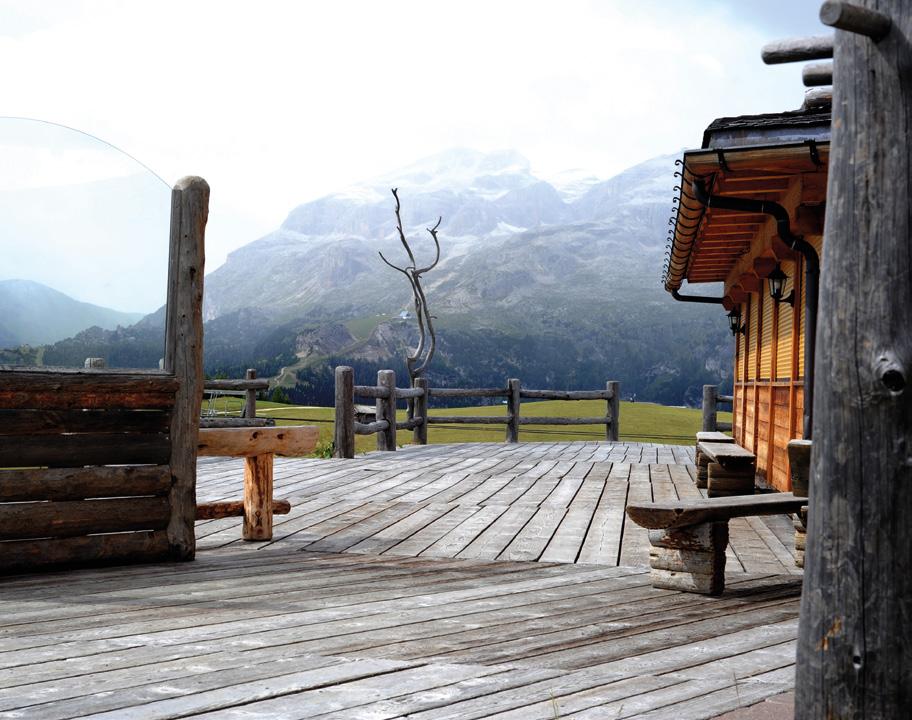
Press trips aren’t holidays. They’re hard-won, hard work, cramming everything from a normal tenday break into two or three.
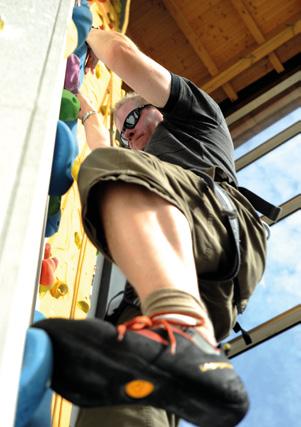
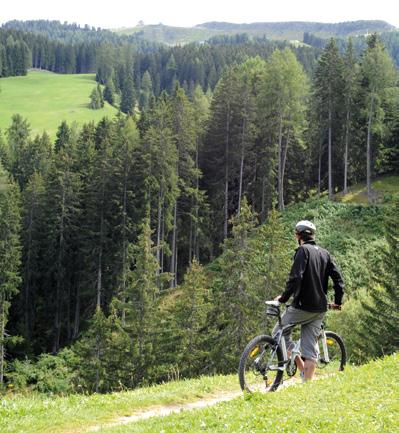
and people are more understanding. Yet despite everyone’s best intentions, nothing has changed for me.
As a proud Board member of Unlimited (still the largest funder of disabled arts in the world), I’m pleased to share that a whopping £650,000 in funding was recently awarded to 17 disabled artists. We back disabled artists and have done so since we got started in 2013. (That’s the Royal ‘we’ - I only became part of it a few years ago). Unlimited officially declares ‘When disabled artists are represented at a proportional level across the cultural sector, we will cease to exist.” This funding round took our total funding levels awarded to £7.1 million to 538 artists.
More information (including job opportunities) can be found at weareunlimited.org.uk/
AUTHOR: Carole Edrich is a photographer, journalist, and board member for Unlimited. She is also a resident travel columnist for Disability Review Magazine.
SUBSTACK: caroleinnit.substack.com
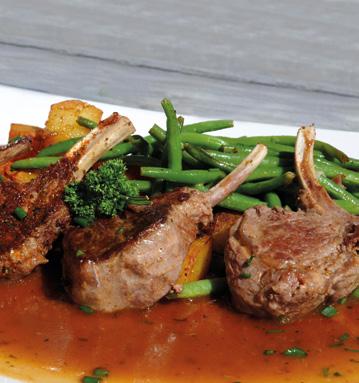
I still want to go back. Back for local walks on wide accessible pathways, for crystal air and fresh bright sun, for friendly locals and interesting tourists, for hiking and cycling (some of which is accessible), and the skiing (which includes an adaptive form of the sport). For the blend of tradition and modernity, the centuries-old farmhouses, traditional crafts, churches, contemporary architecture, fusion food, shopping and supermarkets selling cannabis chocolate, and the Italian, German and Ladin language mash-up. For the innovative wine cellars of La Perla (and hopefully a stay there), the opportunity to classic-car-spot, and one day – hopefully - the Maratona de Dolomites itself.


Which open spaces in London are the most accessible? Disability Review Magazine has rounded up 5 options to suit a range of access needs.
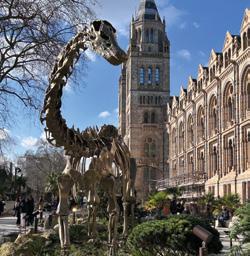
The Natural History Museum has a lot to offer when it comes to the story of why we are here, in this moment, right now. The majority of our cultural institutions are free to access - and so is the Natural History Museum. Located in the heart of Kensington, the Natural History Museum also has a new, outdoor space that is free to access, too. There’s space to sit with your thoughts, a trail to follow to learn about the evolution of our planet - as well as bookshops and restaurants nearby.

Kew Gardens may not be for everyone, and some areas are not necessarily accessible for all - such as when it comes to having steps in more historical parts of the site. Kew Gardens offers a range of events, even guided tours - and at the height of summer, nature in all of its elements is not to be missed. There are plenty of places to eat, to rest, before going on.
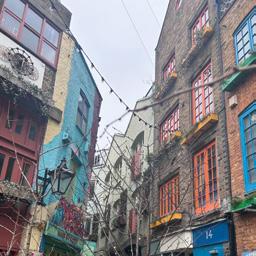
With a range of pubs, shops, and the nearby area of Soho, Covent Garden is a largely flat area that can cater to just
about every possible shopping need for a day out. The top of the Royal Opera House also has a rooftop bar that offers incredible views. Plus, there’s also The Seven Dials, with the food market, which has just about every possible cuisine you could want on tap. Make sure to try out the Soft Scoop Society.
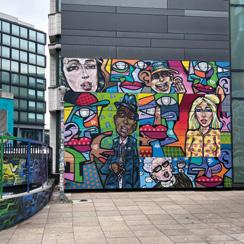
Love street art? Continue walking past Trade, just off Old Street, and you will come to find an abundance of artwork in the nearby area. Spending time, looking out at the world, is a free activity - and the area is largely flat, too. The Common Press, an accessible bookshop, is also nearby, along with a range of places for dinner.

Contrast the brutalist architecture with the emphasis on nature and the arts, and that makes for a good summary of The Barbican. There is a cinema, an events space where you can see writers such as Elizabeth Day when they come to town, a rooftop garden with a water feature, exhibitions, and more. There is something on offer for everyone at The Barbican. There is a step-free entrance, lots of seating including space for transfers, and quiet areas - this is also in the central heart of Farringdon, too. Don’t miss the kitchen - and it was recently publicised that there is a temporary outdoor club space to open this summer.

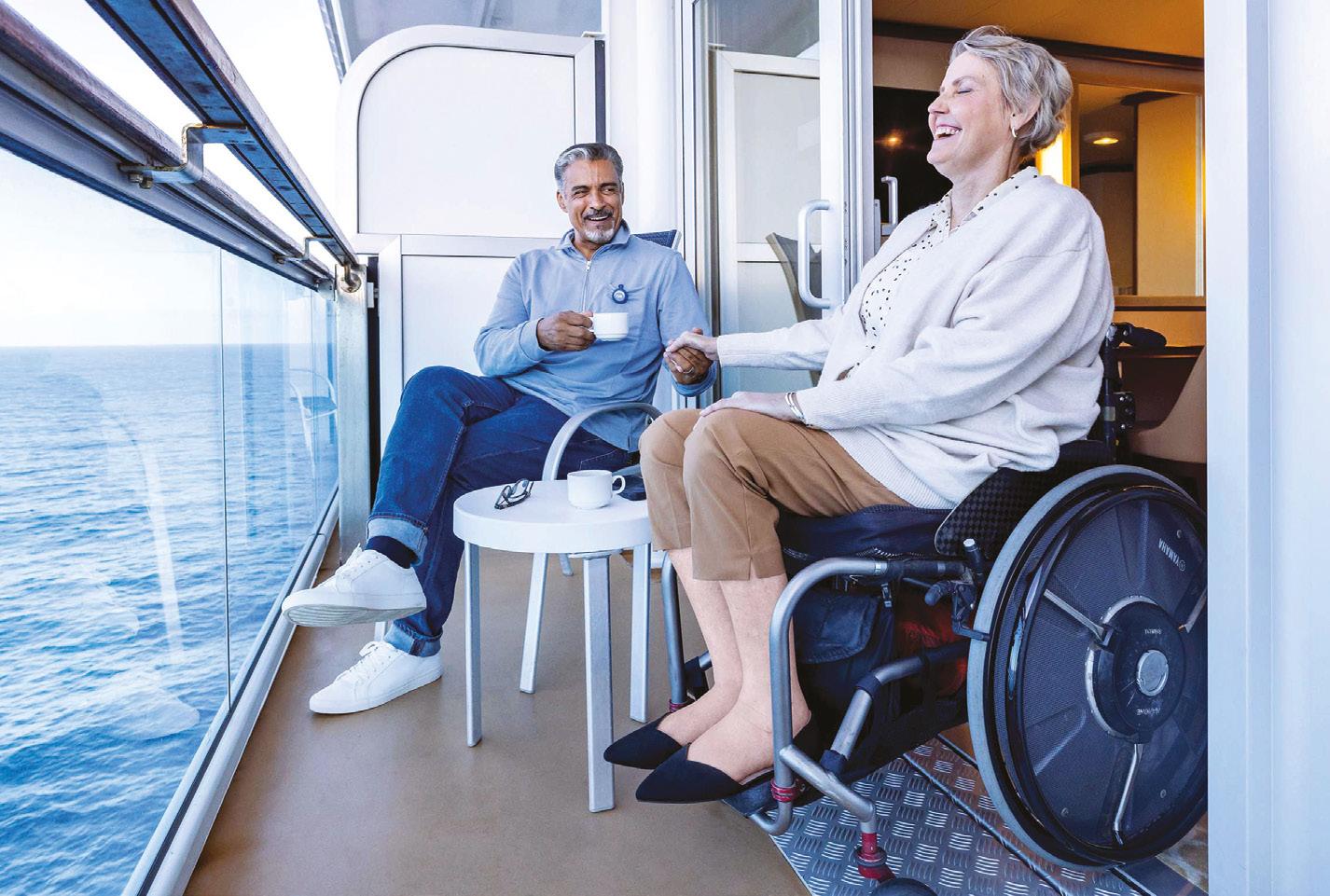
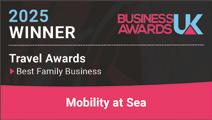
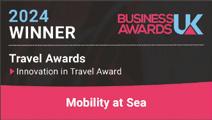

Mobility at Sea is proud to introduce our Brand Envoy / Customer Service Specialists, a dedicated team committed to assisting cruise passengers with limited mobility, book the right equipment prior to their cruise. These passionate individuals will help ensure a smoother, more accessible cruising experience for all delivering a personalised, knowledgeable, and friendly service. We have now helped over 15,000 individual clients. New Customers
FREE delivery to Southampton and Portsmouth Ports with your first order. Quote code DRM25

Mobility at Sea serve the Ports of Southampton, Portsmouth and London Tilbury with an extensive range of products for clients to hire and enjoy their favourite holiday.
Preferred and trusted suppliers for major cruise lines helping to raise the profile of accessible travel, including but not limited to P&O Cruises, Cunard, Princess, Royal Caribbean, Celebrity Cruises, MSC and Fred. Olsen, Mobility at Sea has transformed
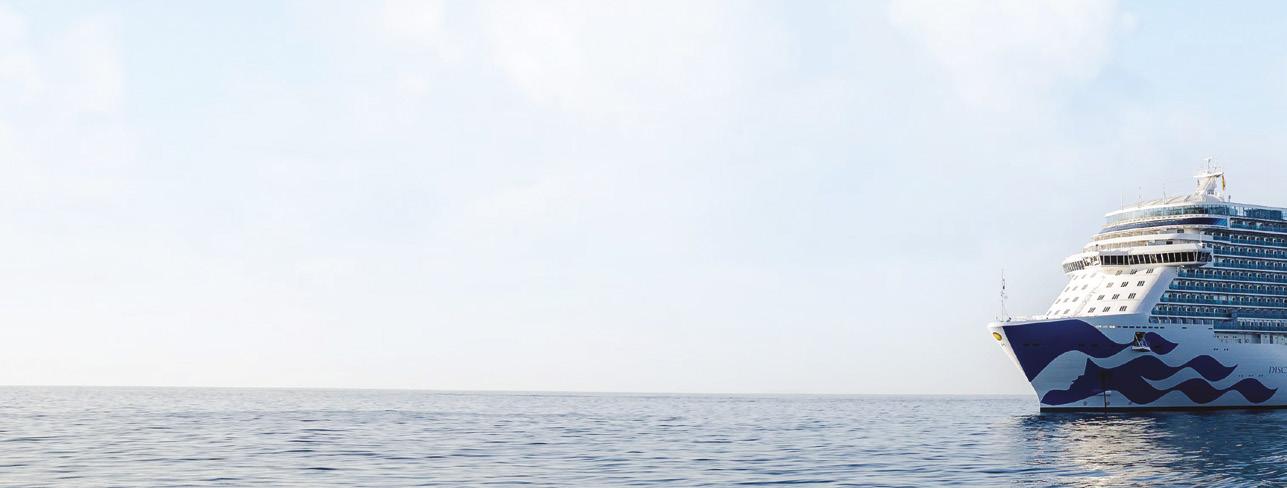


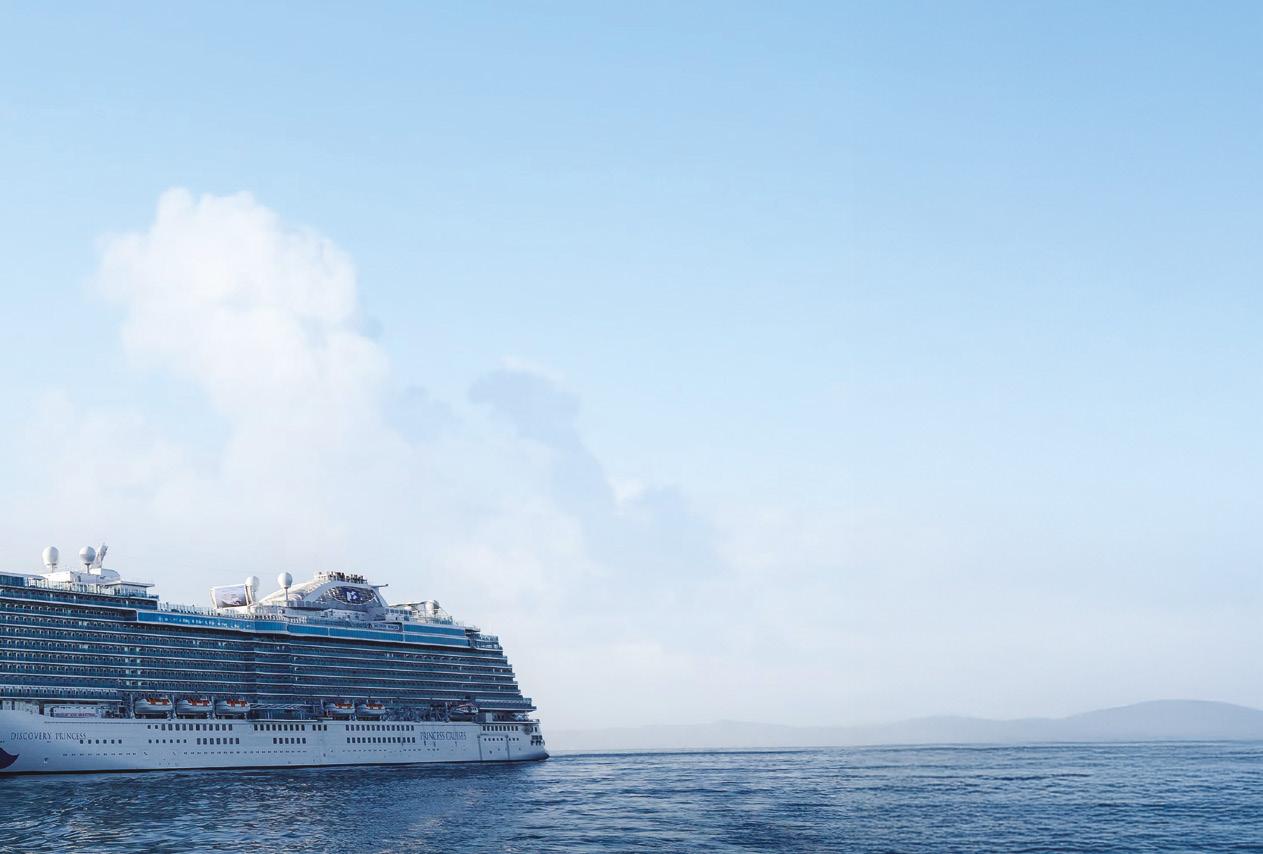

Rental Service – delivery and collection, or on-board (with some cruise lines)
Our rental service is not automated, we speak to every client to ensure that the assessment and allocation of equipment is the most suitable, and compliant with the needs of the cruise lines. We deliver the pre booked mobility products either to the terminals so that clients can collect and use for boarding, or if preferred into the cabins if permitted. For cabin based equipment, this is delivered and installed directly ready for use and collected once you have disembarked.
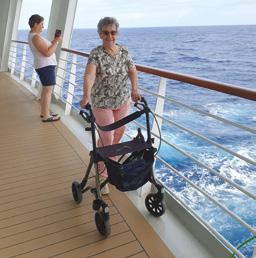

Electric wheelchairs, manual wheelchairs, scooters, rollators or walking frames – there are so many options to choose from.
Mobile Hoists, stand aids and transfer aids – it is so important to book the right equipment.
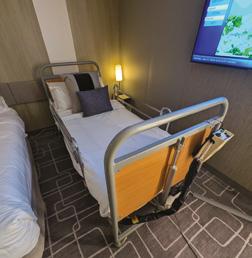
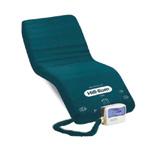
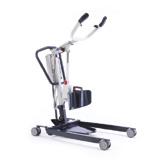
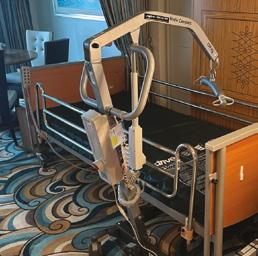
Profiling beds, mattresses, riser recliner chairs, pillow raisers, bed blocks, rails and levers – reducing the compromises which impact on rest and relaxation.
Shower commode chairs, shower stools, raised toilet seats, frames and incontinence products – items are also available for standard cabins.
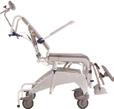

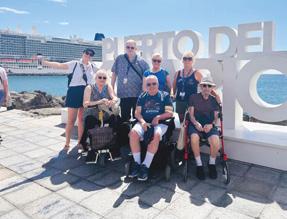

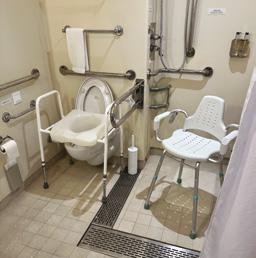
“Mobility at Sea really helped me choose the right equipment and advised me on the perfect scooter for my needs and their team was nothing but helpful and supportive”

“THERE’S
‘FIXED’ OR TO ‘OVERCOME’ ”
By Lydia Wilkins
Dr Frances Ryan is back with a new book. Part memoir, part manifesto, Who Wants Normal? is a love letter to disabled womanhood.
Compared to covering politics for The Guardian and her landmark debut book Crippled, Who Wants Normal? was always going to be a departure for Dr Frances Ryan.. The book takes apart six areas - education, careers, body image, health, relationships, and representation - while collating the collective wisdom of 50 women and non-binary individuals. The audiobook is narrated by former DRM cover star, actress Ruth Madeley (Doctor Who, Years & Years, Then Barbara Met Alan.)
Q Why a guide/ memoir from the perspective of disabled women? As a followup to your debut book Crippled, Who Wants Normal? is a bit of a departure.
AIt is a bit more cheerful, isn’t it? I keep telling people there are jokes in this one but I’m not sure they believe me. My day job is politics and I’m used to writing things that are policy-heavy and pretty hard reading. But as I dealt
with my own chronic illness, and reflected on a decade of reporting on disability cuts, I felt there was a need for a nuanced and more positive depiction of disabled life, particularly of [disabled] women. You only have to look at recent headlines of benefit reforms to see how negatively disability is often framed in the media, and how disabled voices are excluded. I wanted to help change the narrative.
Q Disabled womanhood is so rarely talked about, owing to the concept of desexualisation. We also seem to not have a vocabulary to talk about this as yet - I was wondering, how did that impact you as a writer?
AWhen a book talks about the universal experience of being a woman, what you’re often really getting is the experience of being a white, non-disabled middle class woman. I wanted to look at womanhood from the unique perspective of disabled women. Disabled women’s stories are not niche, no matter what publishing houses or the media or politics
say. We are 1 in 4 of the population, and growing in number. That has huge value and relevance to society. I actually enjoyed finding the words to express this - the things that aren’t spoken about enough are exactly what we need to find ways to articulate.
Q Were there any challenges you faced in writing, whether to do with physical access of writing such as on a phone, or the content the book deals with?
AIn the careers chapter, I talk about the way disabled people have extra ‘work’ in our jobs, from dealing with chronic pain to lip-reading because your colleagues don’t know British Sign Language [BSL]. It’s of course no different for me. I wrote this book on an iPhone in bed. I developed methods to be able to do it, like listing changes in my phone and then logging them on my laptop. When I had to use the laptop for things like copy editing, I did it for fifteen minutes a day. I imagine the book took me twice as long it otherwise would have. But you don’t really think about it, do you? Disabled people are bred with resilience, ingenuity and patience. Also codeine and occasional weeping, but that might just be how I do it.
Q Publishing, journalism - all have diversity / DEI issues. I was wondering, is there anything that you would like to see change?
A Oh wow, many things. When you’re disabled, it’s so common for the people who talk about or impact your life - politicians, doctors, social workers - to not have a disability themselves. And journalism and publishing don’t really question that. They perpetuate it. Disabled people are under-represented in these industries too, and we know - particularly in journalism - that encourages often stereotypical or outright demonising coverage. So, it was really important to me for the spotlight of this book to be on our own community. That’s why 99% of the experts I spoke to for the book had a health condition themselves.
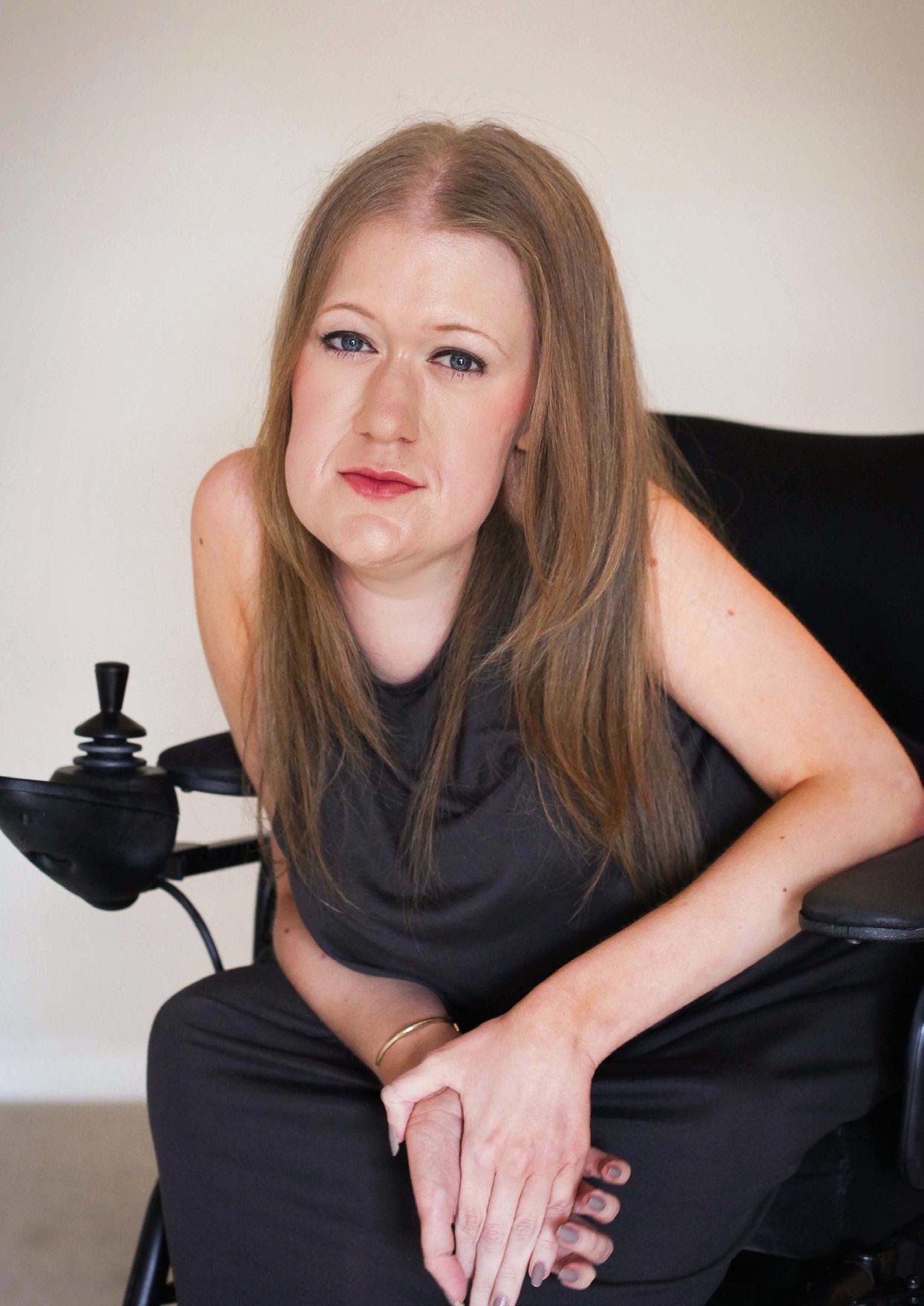
It is a bit more cheerful, isn’t it? I keep telling people there are jokes in this one but I’m not sure they believe me.
I know how it feels to grow up different at a time you just want to fit in or to deal with extra baggage no one else you know is.
or weird but pretty amazing, actually, and there are millions of other women and girls out there just like you.
I’ve already heard from parents who’ve bought the book for their teenagers, and a few whose kids are currently a bit young but they’re sticking it on the shelf for them, ready for when they need it. That feels wonderful.
QAnd all the merch and digital graphics used for the marketing are by a disabled-led company or disabledcreative. For once, disabled women are being spoken to, and about, by disabled women and that felt really special.
Q Is this the book that you wished you had been given as a child?
AI intentionally wrote the book so that it would work for both younger readers and adults of all ages because I don’t think there’s ever a period in our lives when we couldn’t do with a sense of community and validation. But yes, absolutely, I know how it feels to grow up different at a time you just want to fit in or to deal with extra baggage no one else you know is. I guess in some ways I wrote the book as a big sister, one that can say: how you exist in the world - how you look, move, talk - is not shameful
When writing about disability, the topic of inspiration porn comes up time and time again. How do we avoid that, without potentially scaring or alarming individuals?
AOne of the ironies of the ‘inspiration’ narrative is that non-disabled are told they can use disabled people to inspire them (and for highly superficial reasons) but actual people with disabilities are still deprived of visible, real role models. There’s a social pressure placed on disabled people to be ‘fixed’ or to ‘overcome’ our conditions, who are fed the message [that] the world only wants to hear from us once we are ‘recovered’ or ‘inspiring.’ That’s very convenient. Society praises disabled people who quietly ‘overcome’ obstacles because then it doesn’t have to do the hard work of changing. In Who Wants Normal?, I want to counter that - to say “here’s 50 plus brilliant
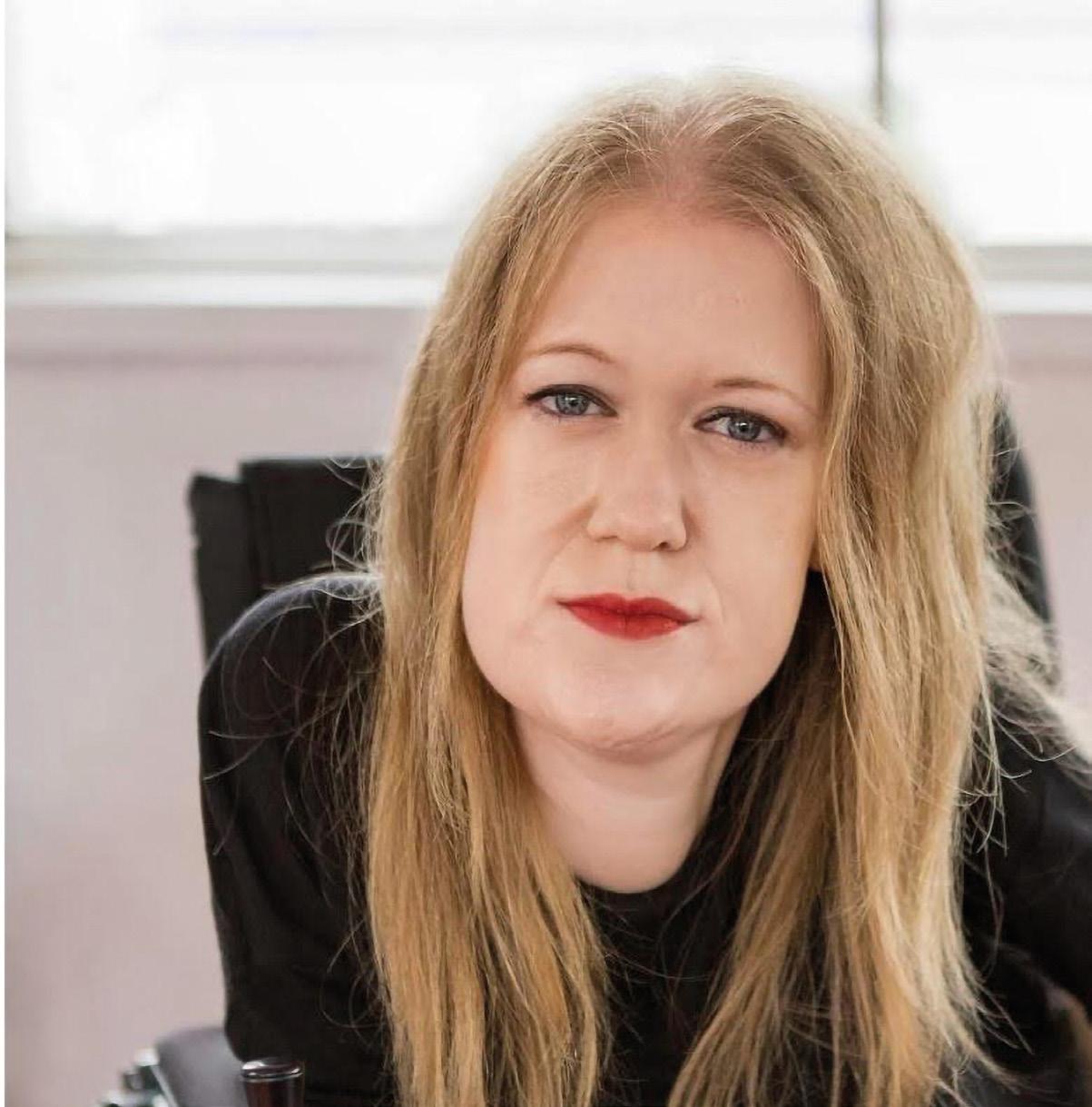
disabled women to inspire disabled readers but also, it’s non-disabled decision-makers who have a duty to act and tackle the inequality they create.”
QI particularly liked the book for its feminist stance; feminism so often does not include disabled women. How can we create a feminism that is inclusive?
AThe irony of mainstream feminism often excluding disability is that many of the biggest feminist issues particularly affect disabled women. Women generally are hit by the gender pay gap but the disability gender pay gap is considerably larger. Ending male violence is critical for us all but disabled women are twice as likely to be abused yet fewer than 1% of refuge spaces in the U.K. are wheelchair accessible. [Source: tinyurl.com/ 5ark6hpz]
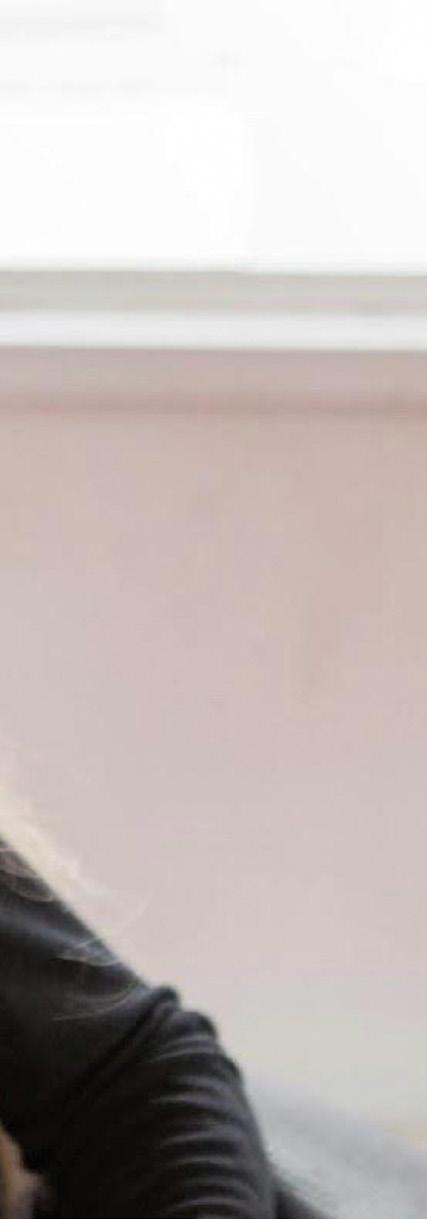
Whether it’s checking the venue for your feminist book club is accessible or standing up to your friend when they talk about lazy benefit claimants, the responsibility has to be on non-disabled people. Of course, it’s okay to be unsure of how to help. That’s why in the book, I have sections where I specifically speak to readers without disabilities about how they might be allies.
Disabled people are underrepresented in these industries too, and we know - particularly in journalism - that encourages often stereotypical or outright demonising coverage.
QDisabled women’s stories are not niche, no matter what publishing houses or the media or politics say.
The book is very hopeful in tone, especially when collating the wisdom of the disabled women. At this time, I was wondering, how do you, personally, find hope?
AWe’ve seen recently with the Labour government’s benefit cuts how disabled people’s hopes can be dashed, and how brutal that feels. I won’t tell anyone to be blindly optimistic. The populist right show the dangers of hollow hope without any action to back it up. But I will say every liberation movement needs at its core the belief that things can get better, and it’s only those with power and wealth who benefit from convincing others that it can’t. I personally find hope in disabled people working for change, from Ellen Clifford and the Public Law Project taking the Department for Work and Pensions to court over its benefit reforms and winning, (tinyurl.com/4jyf2y8r) to Liz Carr and campaigners scrutinising the assisted dying bill.
QFor your younger self or people reading this, what would be your advice and why?
ADrink water regularly. That and practice advocating for yourself. This is partly about building knowledge as a form of power. That’s why I have experts in the book setting out things like disabled people’s legal rights to reasonable adjustments at work or how to navigate difficult doctor’s appointments. But half the battle in getting accommodations, I think, is believing that we deserve them. It can feel hard to be assertive and ask, especially when we’re younger. There’s a worry that we’re ‘too much’ or a pain. But as I got older, I realised that asking for what you need is the smart way to deal with an inaccessible world. It doesn’t get us ‘extra’ - it gets us a chance at the same ordinary life experiences every non-disabled person expects. And we have every right to expect them, too.
Society praises disabled people who quietly ‘overcome’ obstacles because then it doesn’t have to do the hard work of changing.
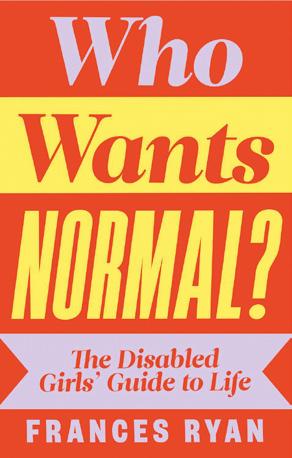
Sale of daily living aids, mobility aids, mobility scooters and powerchairs, vehicle adaptations, riser recliners, incontinence items, stairlifts and wheelchairs
We do all of the Stage 2 conversions for the Motability Wheelchair Accessible Vehicles (WAV’s)
Battery checks and fitting
Installing vehicle adaptations including, Steering wheel aids, Hand controls, Twin Flip left foot accelerators, Right hand brake and accelerators, 40Kg, 80Kg, 120Kg Boot hoists, Transfer plates, Docking systems and pedal extensions
Scooter and powerchair servicing and repairs
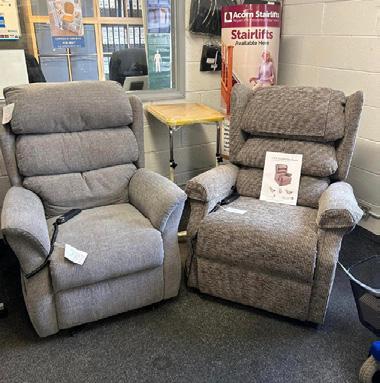
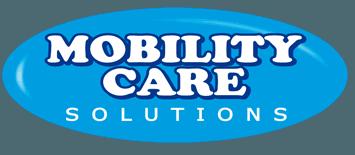
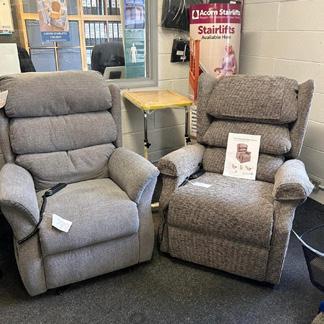
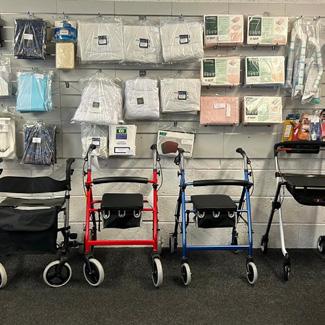
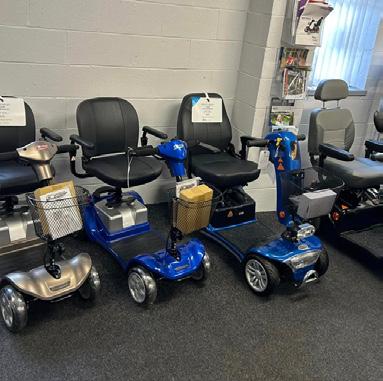
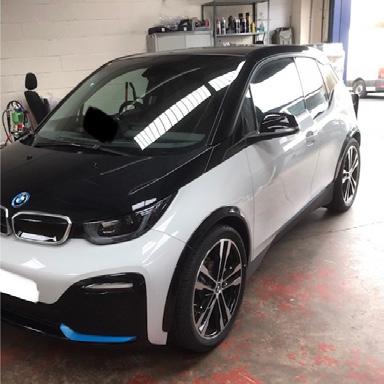

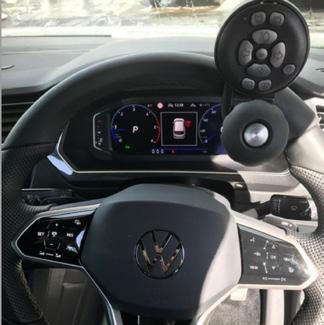
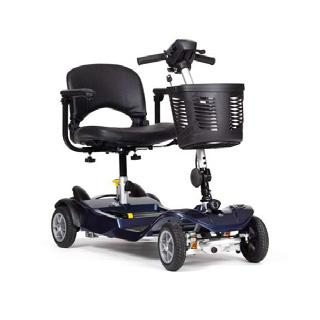
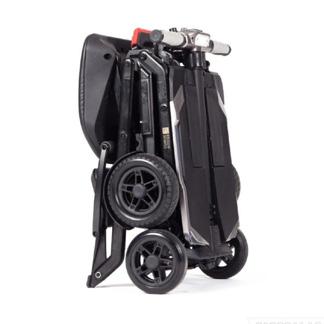
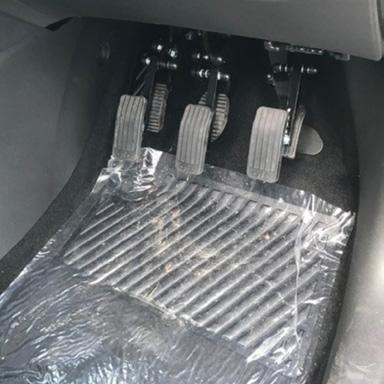
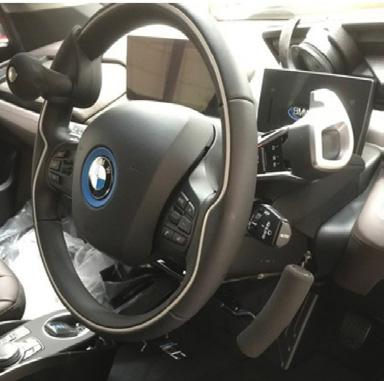
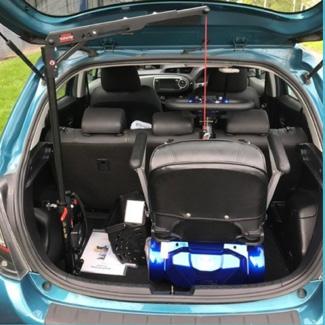

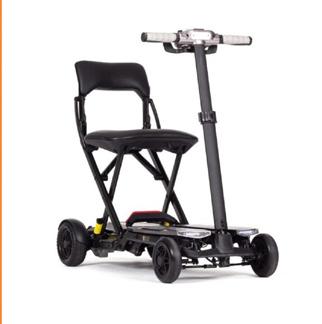
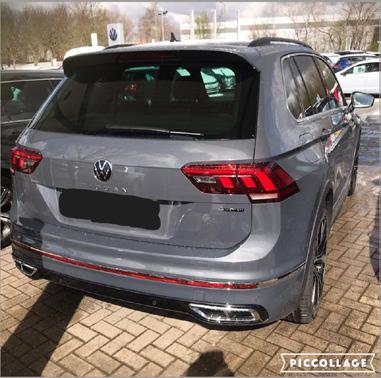
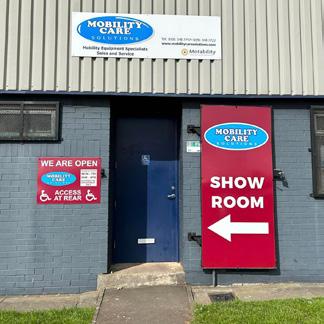
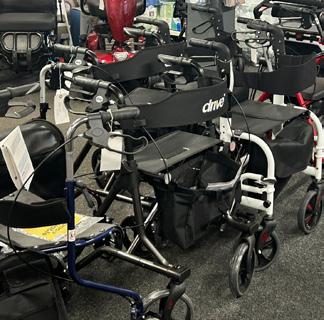
Sale of daily living aids, mobility aids, mobility scooters and powerchairs, vehicle adaptations, riser recliners, incontinence items, stairlifts and wheelchairs.
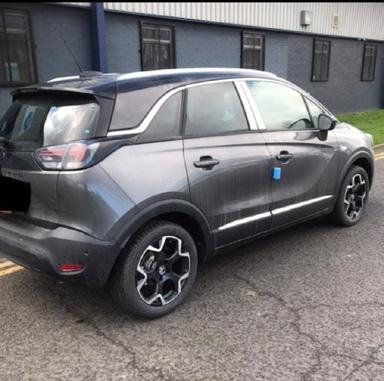
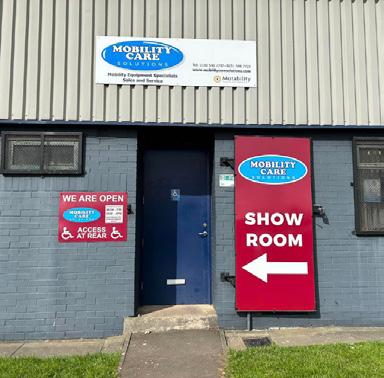
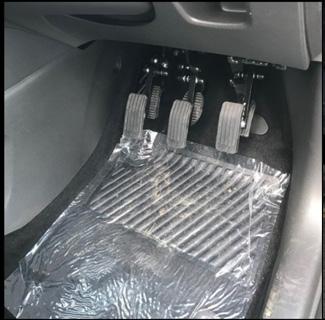
Installing vehicle adaptations including, Steering wheel aids, Hand controls, Twin Flip left foot accelerators, Right hand brake and accelerators, 40Kg, 80Kg, 120Kg Boot hoists, Transfer
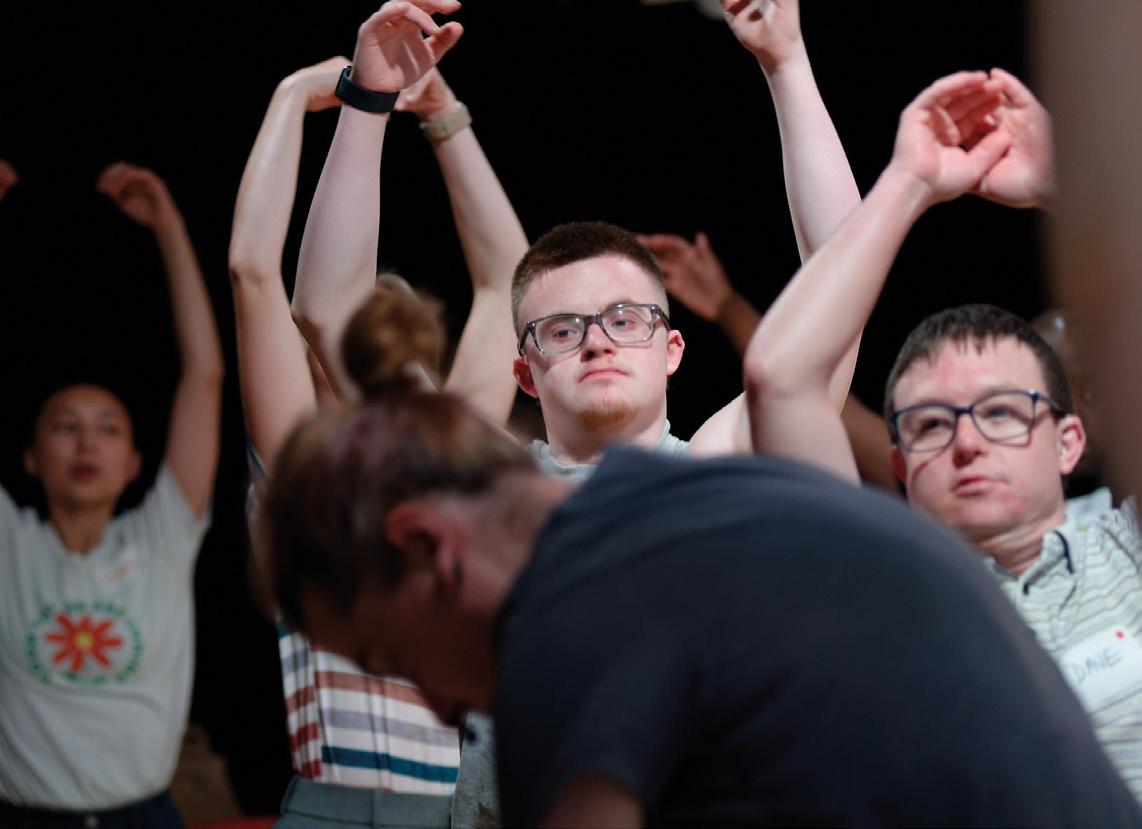
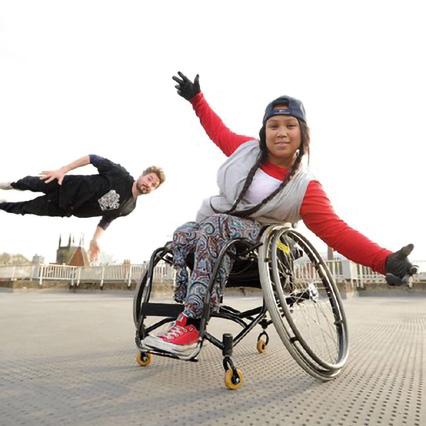
Dance and the world of entrepreneurship often collide in the disability space; Carole Edrich talks to four women all about it to find out more.
n introduction... Melanie Precious (MP) joined Candoco Dance Company as Executive Director from her previous role as CEO and Creative Director at Greenwich Dance. Laura Dajao (LD) is a UK-based, freelance inclusive dance artist.
Louise Wildish (LW) left the position of Head of Inclusion for People Dancing, becoming project manager and consultant to the Barriers To Progression & Employment in Dance for Disabled People research study.
Beth Bradley (BB) owns Dance Without Limits; inclusive familyfriendly dance studios in Greenville and Simpsonville, South Carolina, USA.
“How do I survive?
Teetering on the balance in an open-ended vicious cycle of asking for assistance and either getting some, or being refused because I’m ‘too able’. I don’t think I’m asking for too much but because of my disability and conditions, I need to make money. When you’re a freelance[r] you are always on the


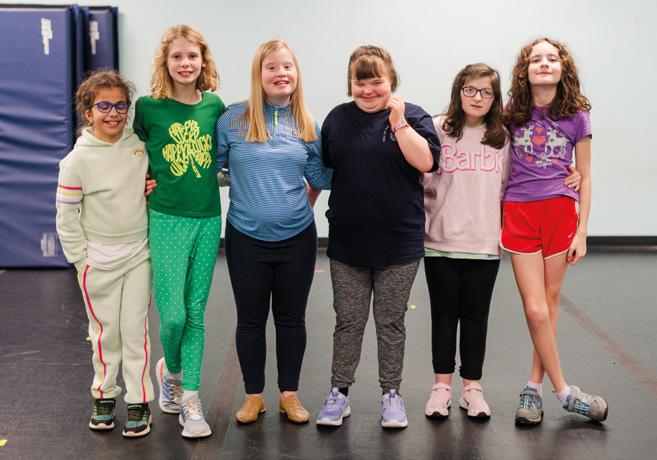
For
an
inclusive organisation, it’s absolutely vital to move from an expectation of 9-5 and understand the impact of how we information.give
lookout for work, it’s a constant battle, and unlike actors and musicians, dancers don’t have agents.”
MP:
leadership is difficult.”
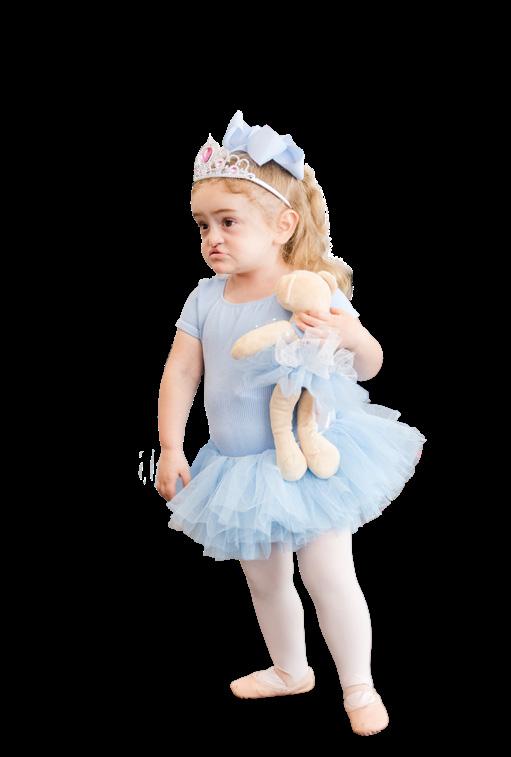
MP: “ If you can build an inclusive place of work, everybody benefits. For an inclusive organisation, it’s absolutely vital to move from an expectation of 9-5 and understand the impact of how we give information. We really threw the rule book away at Greenwich Dance. We said ‘We know you’ll do your work and it will be clear if you don’t, so you decide how to make up your day.’”
“[Disabled] entrepreneurs and leaders are seen as inspirational, which itself presents issues. We’re not inspirational. We just do it”.
MP: “I don’t identify as disabled myself. Believing in the ‘nothing about us without us’ philosophy, I’ve been grappling internally with what that means, and how that manifests, and am beginning to think that I need to view myself as a facilitator.”

“So often responsibility to change the world is on the shoulders of those fighting the biggest fights, in terms of navigating a world that hasn’t been built with them in mind. That’s a huge burden. How do we not make that burden heavier?”
LW: “There are so many facets to deal with: public perception, barriers around money, opportunities, it’s harder to get jobs, and then if you get them you’re managing hospital and doctors appointments, it costs more because you need to pay for so much. Everybody’s barriers and needs are different.

disability in mind, so I wasn’t looking after myself as I should. I don’t think I would be where I am now if I had. You need to understand your trajectory and how you get there. Your health, still wanting and needing to do the things that you are good at, it’s all related. Especially for artists. We want to do everything.”
LW: “Older dancers were trained to push harder. That narrative is really harmful for so many people. I just think it has to change.”
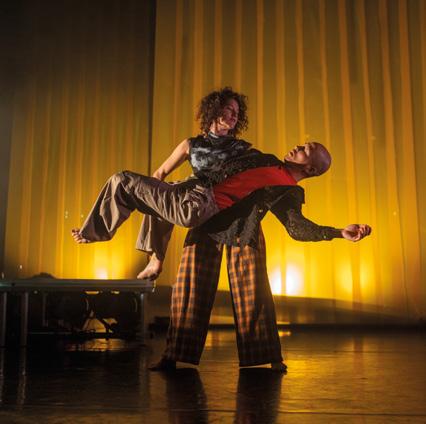
So often responsibility to change the world is on the shoulders of those fighting the biggest fights in terms of navigating a world that hasn’t been built with them in mind.
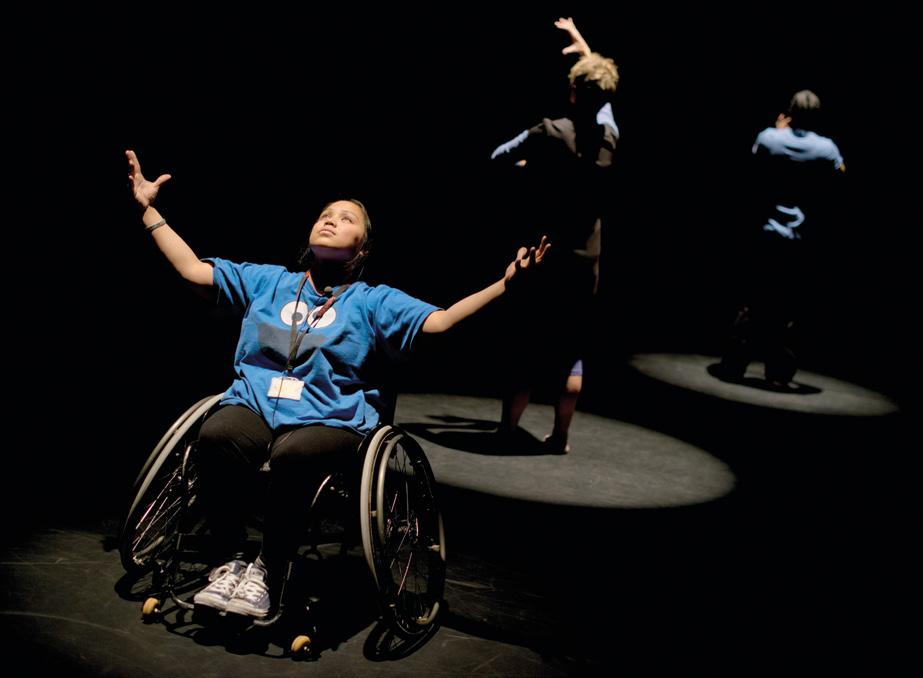
If venues chose to ignore 23 - 24% of people in the UK, they’re choosing not to invite a quarter of the market into their space.
BB:
“A dance teacher already modifies class [es] to meet the physical and mental needs of their students. Welcoming students of all abilities just stretches what we already do a little further. No child is the same, and all teachers are regularly modifying their lessons for any child in the classroom. For us, this is no different for dance students that may have different abilities.”

LD:
“It’s the understanding that I have with these people, these organisations that understand that my support or what I need to be able to be my best self for me to do the job well. There are things that need to be in place. And things like access riders are so integral to providing [support, whether] to organisations or people. Because of personal connections they understand [this] and we can have a conversation. And it all starts with a conversation, to be fair.”
“Greenwich Dance couldn’t continue because it had no core funding. [It had] grants to pay for the activities, but nothing to keep the engine running. Coming into Candoco, a well-resourced NPO, I can’t take that for granted. Obviously, NPO money has bureaucracy around it. You’re accountable as you should be, which takes effort and timelines and frustration, but I’m just thankful that we have an arts council.”
“If venues chose to ignore 23 - 24% of people in the UK, they’re choosing not to invite a quarter of the market into their space. It’s not our job to make the venue inclusive, but what can we do together to strengthen what we have to offer, [and] the likelihood of our show being booked?”
MP:
“We are still on the process of saying to ourselves what might we need to do this well. Do we lose anything in prioritising people who identify as disabled [when so many disabled
people do not?]. And how do we make sure we’re not forcing artists to disclose private information in order to [help us] do our support?”
MP:
“I’ve been thinking about distributed decisionmaking. We don’t have to hold inclusive dance alone. It’s a hang-up and not true anymore. So how do we work in collaboration, and share what that means?”
LW: “The work I’ve been doing with the barriers research will help us understand how better to support disabled people. It’s a large project with a number of participants and the results were published on April 30th”.
Your health, still wanting and needing to do the things that you are good at, it’s all related.
LD: “I’ve got lots of ideas, but it’s just about where are they all going? And do they have legs? After all, I only have one and a half.”
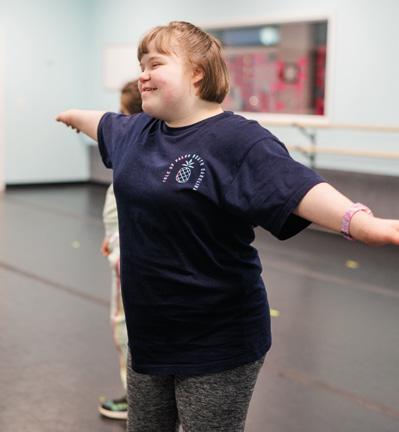
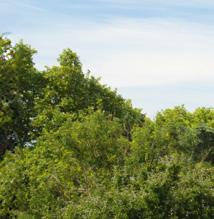
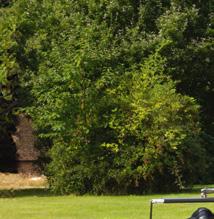
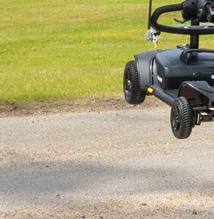
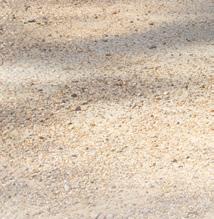


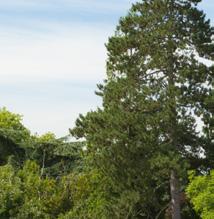
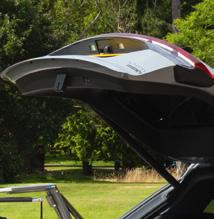
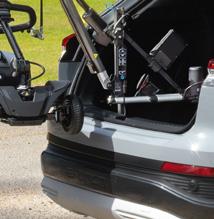

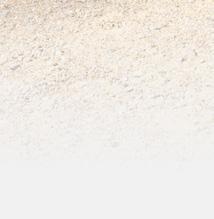


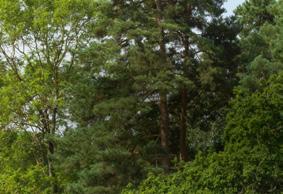

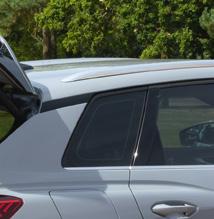
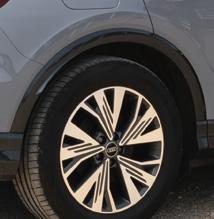
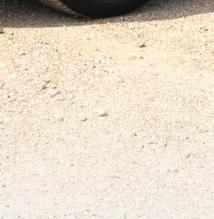




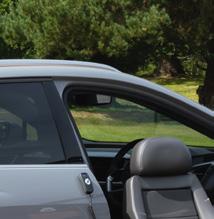
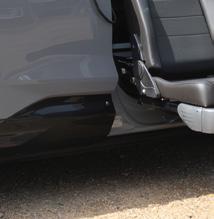
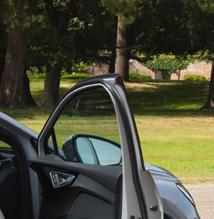
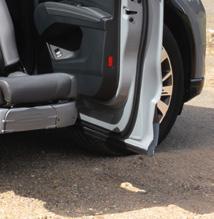
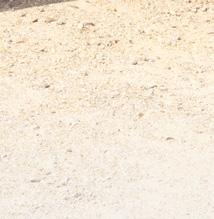


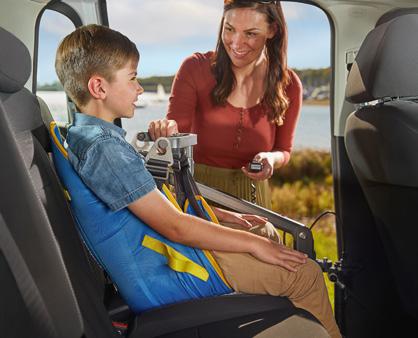

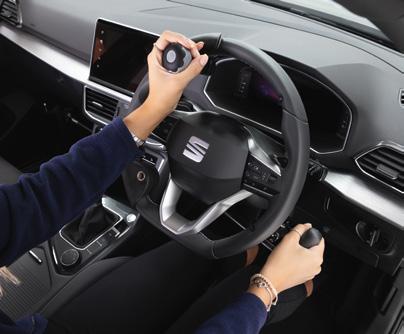


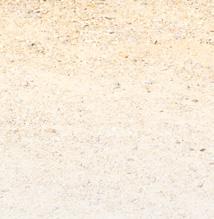




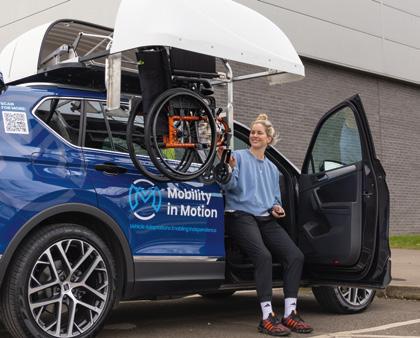
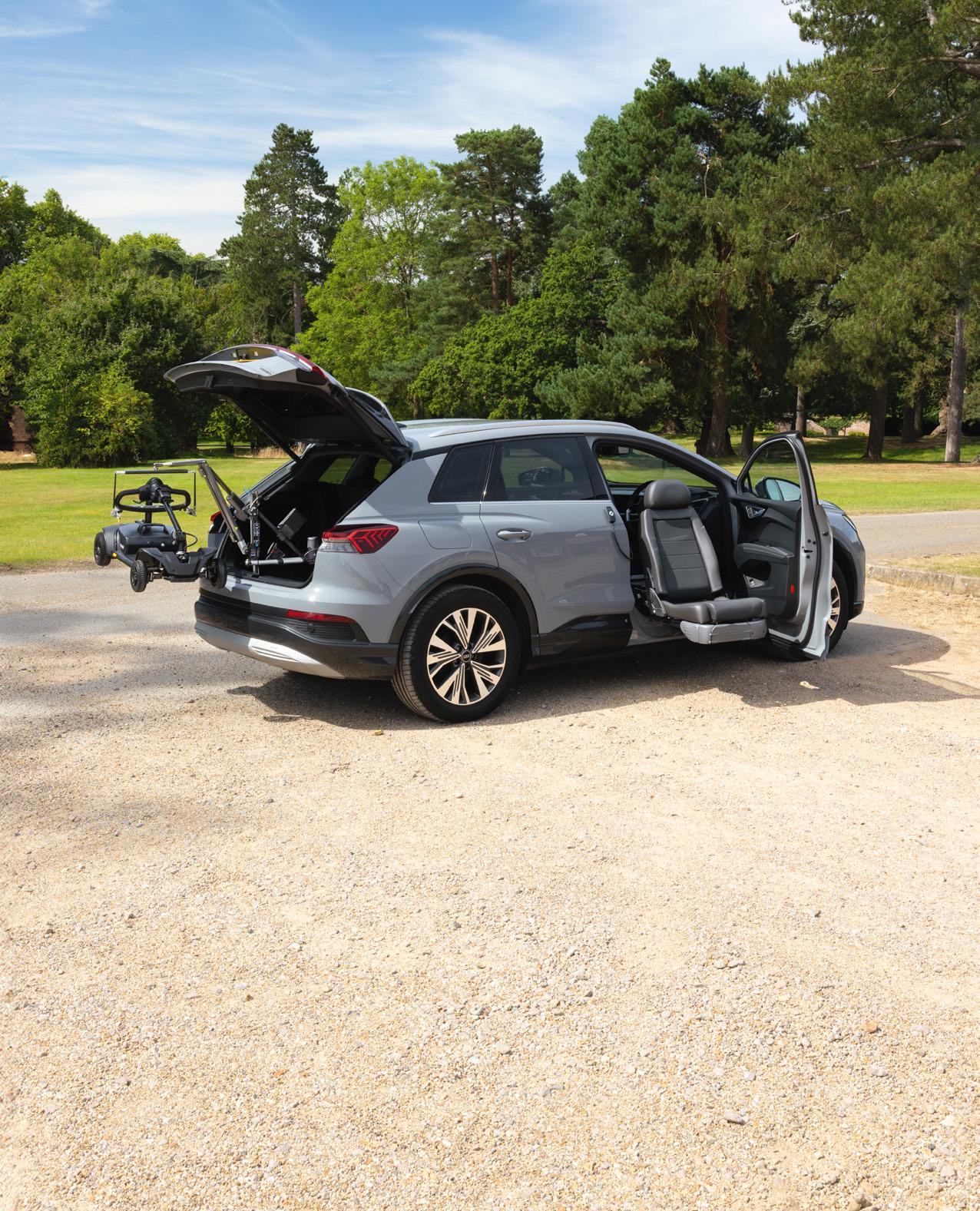
This summer, escape to nature at multi-award-winning WWT Slimbridge - one of Gloucestershire’s leading accessible and inclusive attractions.
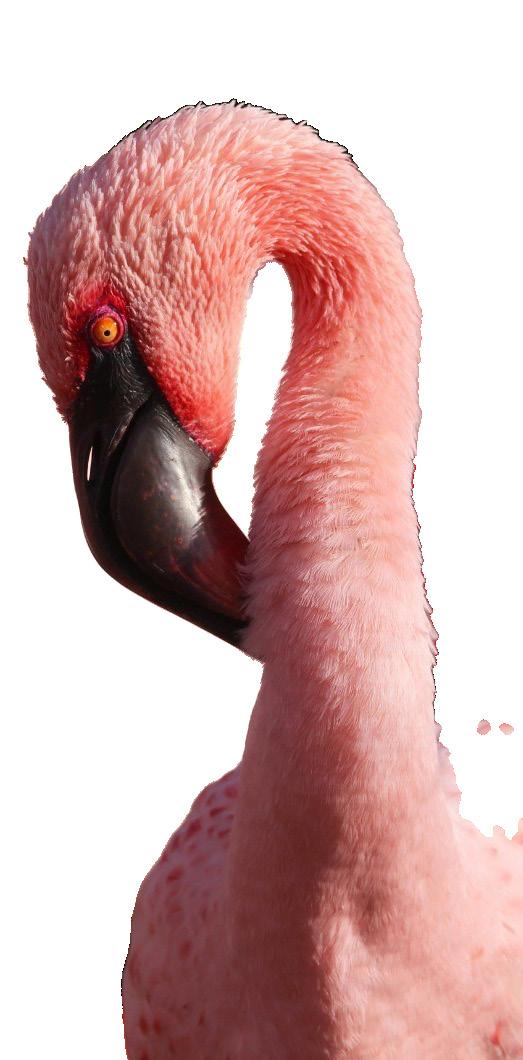
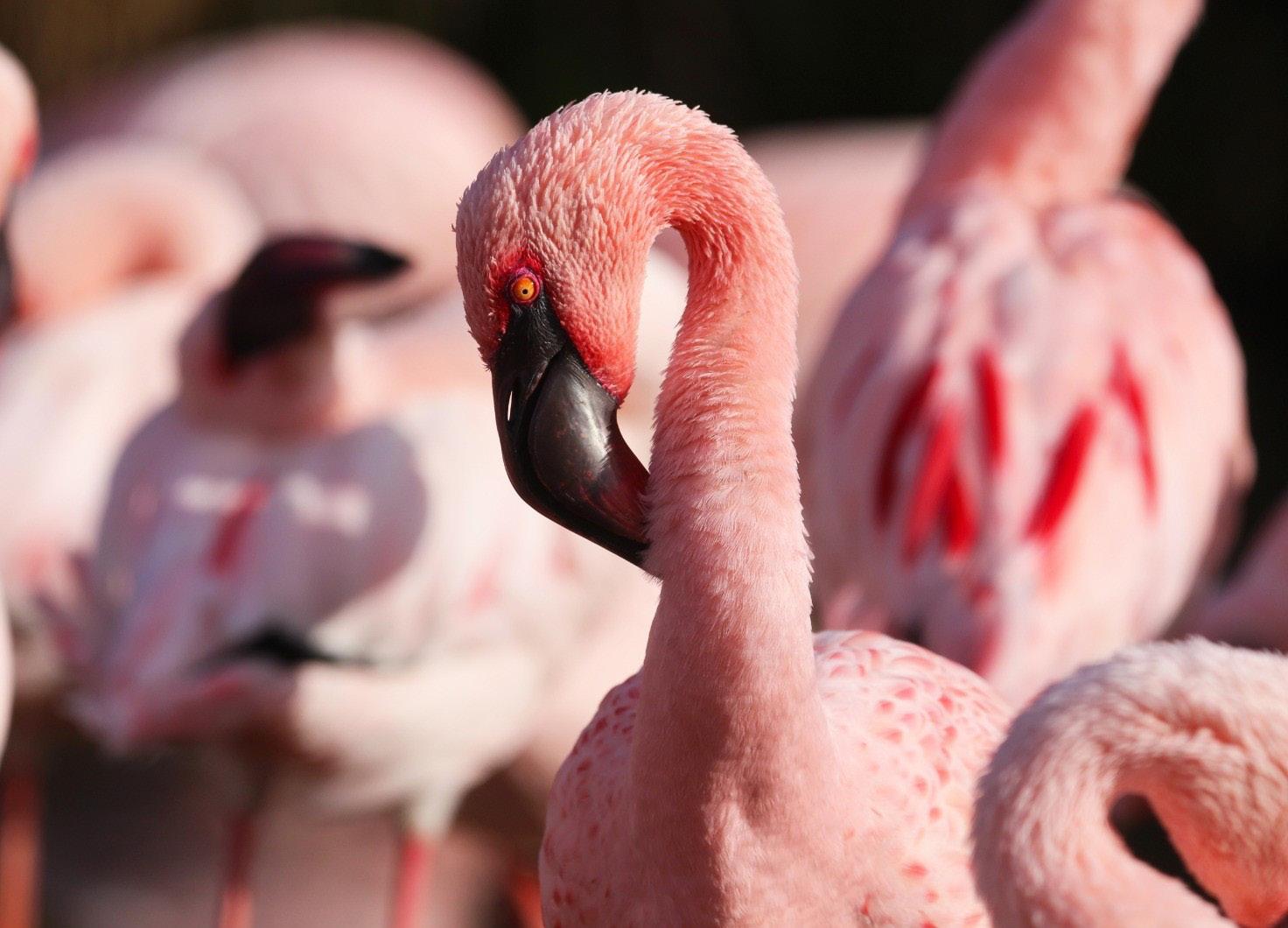

Set in 800 acres of wetland paradise, WWT Slimbridge offers an extraordinary day out for all. From its colourful collection of birds, including five flocks of flamingos and amphibians from all over the world, to its world-famous wild reserve, visitors will discover something new with every visit.
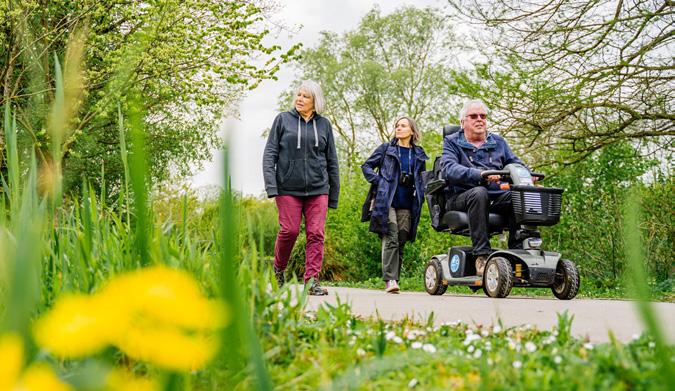
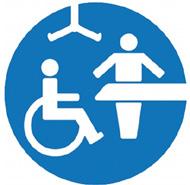

WWT Slimbridge offers a variety of unique and wheelchairaccessible experiences throughout the year. Summer highlights include exploring the many accessible hides, featuring the Estuary Tower - complete with lift access to a stunning open-air viewing terrace and panoramic views over the Severn Estuary. Discover the new Estuary Shoreline Garden, and the immersive Waterscapes Aviary alive with wading birds. Or venture along the Summer Walkway, an accessible path leading to the banks of the River Severn. For an extra adventure, visitors can enjoy a 4x4 Wild Safari, to spot some of the reserve’s rare residents, including common cranes.
Seasonal sensory activities like birdsong mornings, wildflower walks, and a visit to the Garden of Reflection offer peaceful, multi-sensory moments. Inside the Rain Garden visitors will find an interactive iSandbox, where you can shape virtual wetlands through touch, sound and movement.
Gold Accessible & Inclusive Tourism Award Winners, WWT Slimbridge offers a fully equipped Changing Places Toilet and six accessible toilets across the site. There are mobility scooters and manual wheelchairs available for hire, and wide, level pathways throughout. Free SEND-friendly sensory bags are also available from admissions, making every visit even more comfortable and engaging. There are 17 accessible parking spaces near the entrance and assistance dogs are welcome.
This summer, make memories in WWT Slimbridge’s wetland haven – a place where nature is for everyone.





“WE’RE CAPABLE OF MUCH MORE THAN YOU THINK WE ARE!”
Dr Sam Clarke was awarded the BSAC’s National Instructor qualification in 2022, which has been held by less than 300 people since its inception. Editor Lydia Wilkins caught up with her for a conversation all about accessibility.
QAs an opening question, what was it that made you want to train and qualify as a national instructor?
ASo I have been diving for quite a long time, and that was for me was sort of the next challenge. And I started that journey before I lost my legs. And then sort of, [then] the pandemic happened, which kind of put everything on hold. And then I lost my legs just after that. There was a bit of a delay in me sort of picking that back up. And then part of my, you know [amputation], whilst I was healing, I was sort of, you know, I knew I wanted to get back into diving. And if possible, I knew I wanted to go back to doing what I was doing before and continuing with my national instructor [qualification]. So yeah, I just booked it before I could change my mind and just went for it.
QHas sports/physical exercise always been something that you’re passionate about? What was it that inspired your love of diving?
And the more publicity we can get of people with disabilities doing stuff, the more that attitude will change slowly.
A I tried diving in the pool when I was I was probably eight, nine years old. And from that point on, loved it. And then I saw, we all saw Jaws and that kind of thing. And then I watched a lot of Shark Week on the Discovery Channel, and then I became obsessed with sharks and octopuses. So I - that was my goal. I wanted to see an octopus, which I knew I could do in
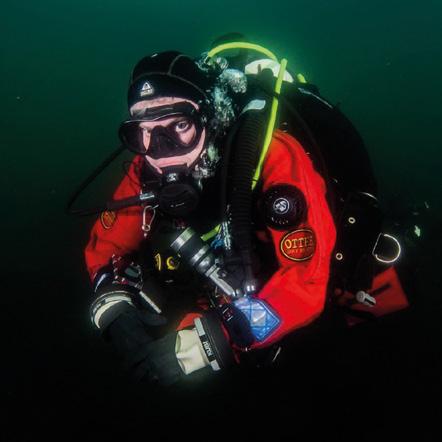
the UK, and ultimately then dive with a shark if I could.
So that was my sort of goal as a child. And then sort of, university and things like that happened, and then I got [to], I found the time. So then I went off and took the plunge and learned to dive.
I mean, whenever anyone sees Jaws as a child, usually it’s to stay away from water, but I quite like the idea of going to see a shark in the sense that they are misunderstood beings in that respect...
Absolutely.
Q When it comes to inclusion of disability in sports/exercise, what do you think needs to change and how?
AI mean, that’s a massive question. And I think, first of all, [the thing that needs to change] is awareness and just the general public knowledge [of disability] because people assume [so much].
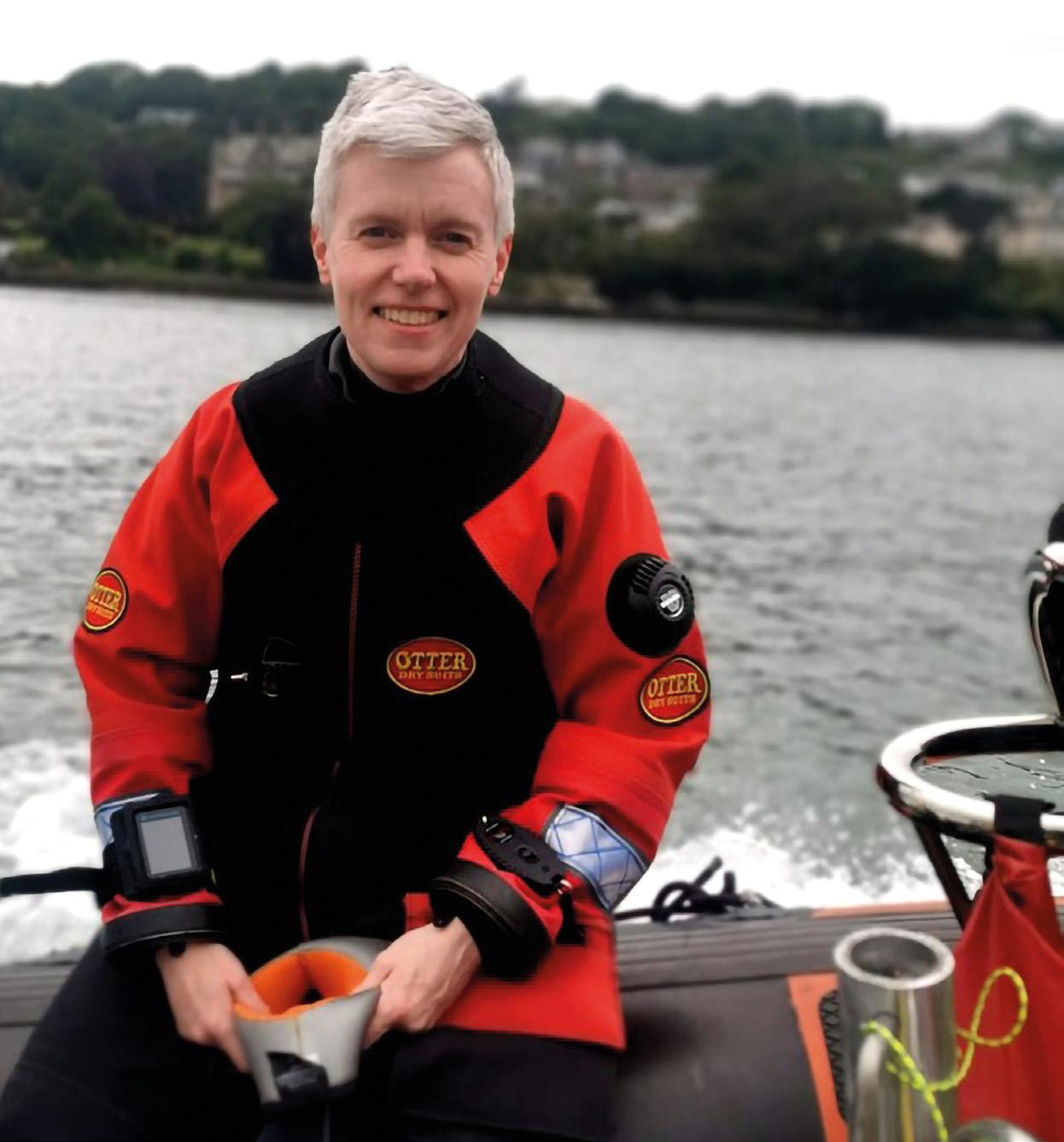
I tried diving in the pool when I was I was probably eight, nine years old. And from that point on, loved it.
So first of all, you’ve got disabilities that, that are such a variety. So you’ve got the physical ones - so mine’s very obvious. I’m missing two legs and therefore it’s obvious what one of my disabilities are. But there are also hidden disabilities - of which I also have. So for example, I have a colostomy bag.
And I think there’s a lot of misconceptions. I do a lot of diving for all, which is our disability and inclusivity awareness courses that we run and we, we teach instructors how to teach people with disabilities. And it’s amazing [that] on the number of courses that we do that people are amazed that, you know, we can dive with a stoma bag or, you know, they sort of say, oh, if you don’t have legs then, how could you possibly be able to dive on your own? That kind of thing.
And I think it’s just people [who] are afraid of what they don’t know and people have that misunderstanding because they don’t know so they jump to conclusions. Not because they’re trying to not include [us], but just because they don’t know [how]. So I think the biggest thing we need to do is get that
message out there. And the more publicity we can get of people with disabilities doing stuff, the more that attitude will change slowly.
QI’m just amazed by the comments that you’ve just listed in your short answer, but the sort of, how the getting from a to b of somebody that has that particular disability, for example, means that they just suddenly can’t do an activity is incredible to me. But then again, I’m also a disabled person, so it’s probably just second nature to me by now.
I also read that you lost a second leg relatively recently. I was wondering, would you be open to talking about that and the impact?
AYeah. So, I mean, I lost my right leg first, and I lost that in January [20]22. So, again, it’s still fairly recent. I then had my stoma done in August [20]23, and then
We’re capable of much more than you think we are. We know our bodies. We know our disability. We know how to adapt things around it.
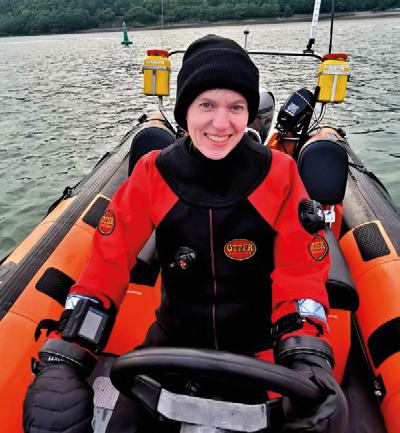
I lost my left leg in November [20]23.
So it was sort of a year with a lot of major surgeries. And the learning curve was so steep and so massive. I mean, I went from when I lost my right leg, [then] within a fairly short amount of time, say four months, I was starting to walk on a prosthetic with some crutches and eventually, I just kind of got to the point [where] I could walk without the crutches.
I’d learned to balance and maneuver around. So then my left leg sort of [started] deteriorating and then needing the left leg removed. And so that sort of, going from being completely active, extremely active, doing a variety of sports to then losing one leg and learning, continuing with my diving, and that’s when I passed my national instructor. So I’d lost one leg in the January. I signed up in the May to do the the exam, and then in the August I passed the national instructor exam. So it was quite quick after my surgery.
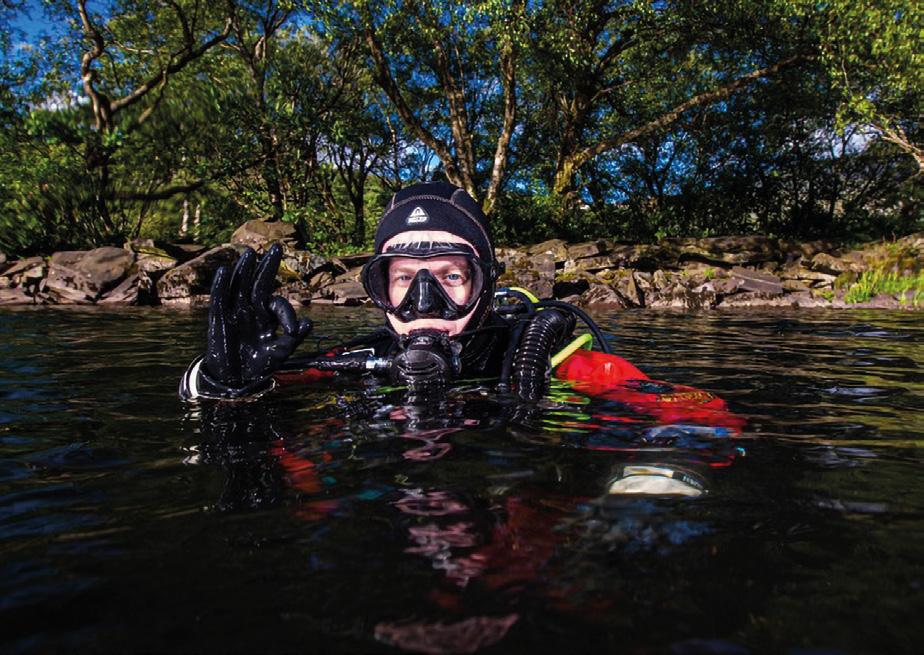
That’s an incredible turnaround.
Yeah. It’s like within eight months, I’d gone from sort of losing my leg to passing my national instructor exam.
QDo you mind me asking what was that process like?
It’s striking to me when you said, having qualified and then having had to sort of do it again. That’s quite a shift change.
AYeah. I think so when I lost the one leg, I found things quite difficult, because obviously I was using crutches. So not only did - I was basically going around on one leg, I couldn’t use my hands. So effectively, I needed help with a lot of stuff and I needed to, I couldn’t carry a cup of tea or coffee to the lounge because I was on crutches. Grabber rails, sort of, I needed the odd one here and there depending on the height of something, but it wasn’t too bad. And I kind of, I spent a lot of time hopping - I mean, [my] physio would kill me, but hopping around and doing the probably, I mean, I think I’d had my prosthetic [for] about a week, and I was going out on the boat all day with a group of diving friends. I wasn’t gonna dive that day. I was just gonna drive the boat. And to get on the boat, instead of asking for help, I decided that I would try to climb up on a small wall and then get onto the boat that way.
I do a lot of diving for all, which is our disability and inclusivity awareness courses that we run and we we teach instructors how to teach people with disabilities.

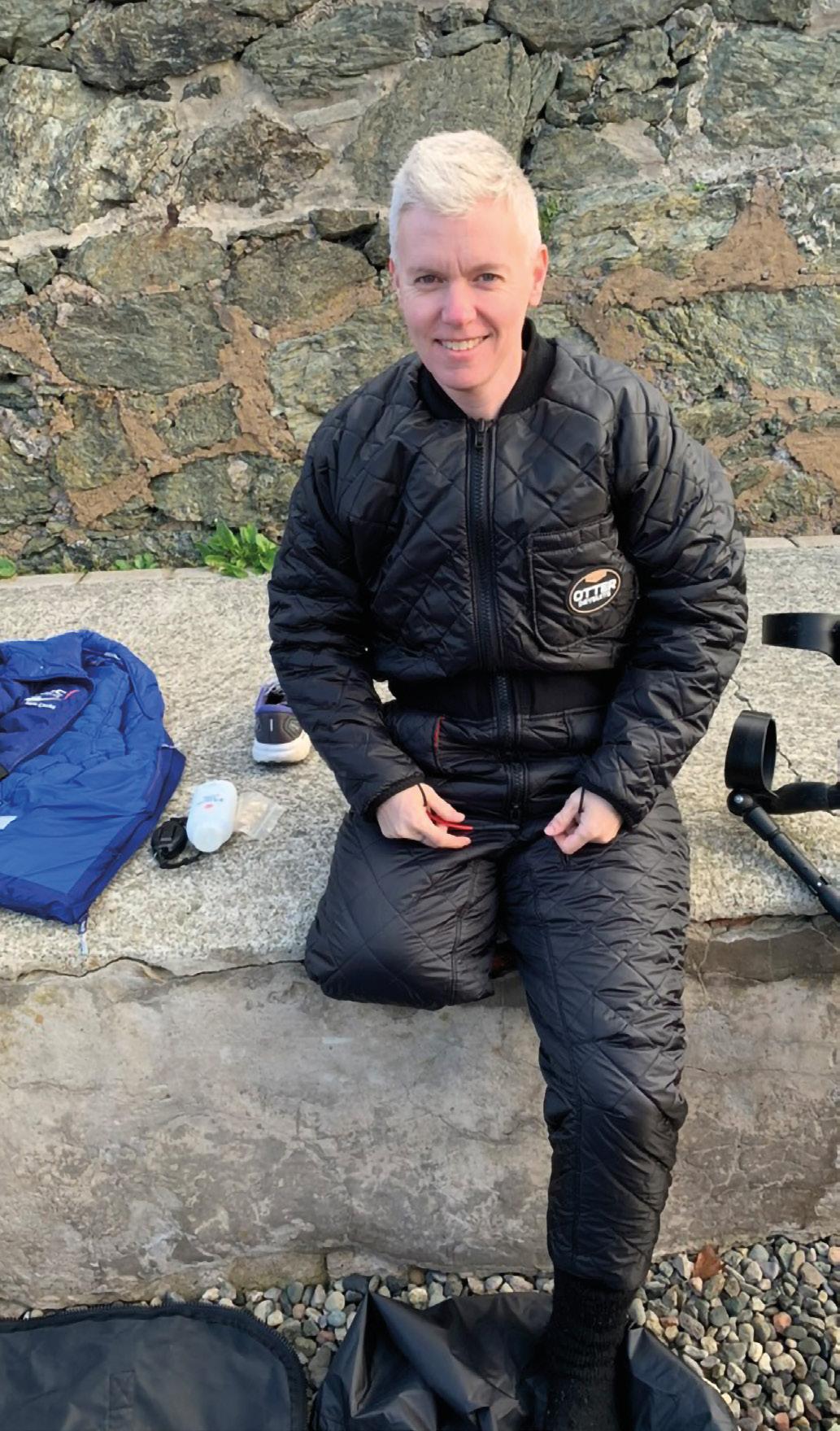
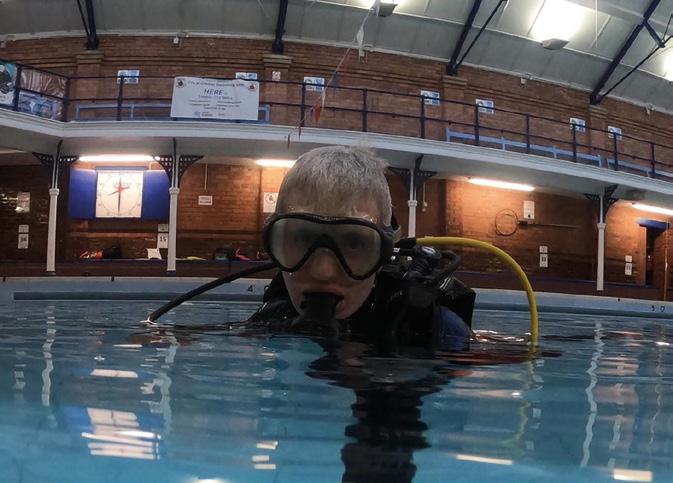
And if you know the skill, if we work together, then we can find a way to both move forward and be able to do that sport or that activity.
And in doing so, I scratched all down my brand new prosthetics, all the carbon sort of scratched away to the metal. And I remember filling it in with a black Sharpie pen to try and hide the fact that I’d scratched all my prosthetic!
So quite quickly, I became really determined that I just wanted to get on with things. And I think that was probably one of the biggest lessons, was actually, it wasn’t adapting to the physical stuff around the house. It was mentally adapting to say ‘It’s okay to ask for help’. I could have just asked someone to help lift me up or support either side, and that would have been a far better way of doing it and probably a far safer way of doing it…
I just love the fact that you’ve just confessed to scratching and then
using the Sharpie. We’ve all done stuff like that. And I also love the fact that you said “My physio would kill me”. Mine would probably too, to be honest.
QSo as a last question, when it comes to disability and the inclusion [of disabled people] in sports, what is the one thing that you wish people knew about disability and why?
ASo I think the biggest thing for me would be, firstly, is that it doesn’t matter what the disability is.
We’re capable of much more than you think we are. We know our bodies. We know our disability. We know how to adapt things around it. So we might not know a specific skill, but we know what we’re capable of. And if you know the skill, if we work together, then we can find a way to both move forward and be able to do that sport or that activity.
And so the key thing is to ask, and I find that’s the biggest thing
that people don’t do. So they make an assumption of what we can or can’t do rather than ask what we can or can’t do or what do we need help with. And not to, not only to not make those assumptions but if, for example, you know - if you so someone’s asked me, do I need any help? Then, you know, yes. Carry my [possessions], please carry my kit to the water because I can’t balance that on a wheelchair, so that’s perfectly acceptable for me to kind of accept that help. But then if I say, well, actually, [I] can get on the floor by myself or, you know, I don’t need help being pushed somewhere, then just accept that, accept that answer.
I became really determined that I just wanted to get on with things.
Don’t be offended because it’s not meant offensively. It’s just if there’s something that I can do, then I want to do it, and allow me to do that. But then if there is something I need help with, I will accept the help. But, again, the only way we’re gonna work that out is communication. And to me, that’s the biggest flaw is that people don’t ask. People just make assumptions [about disability and what we are capable of.]
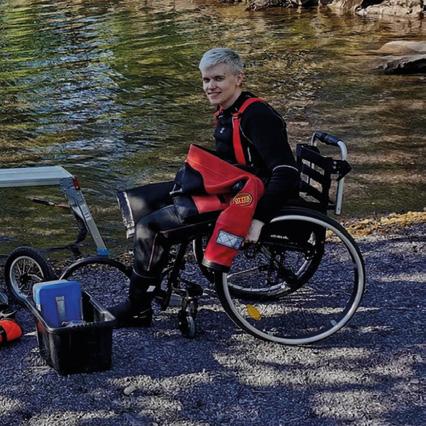

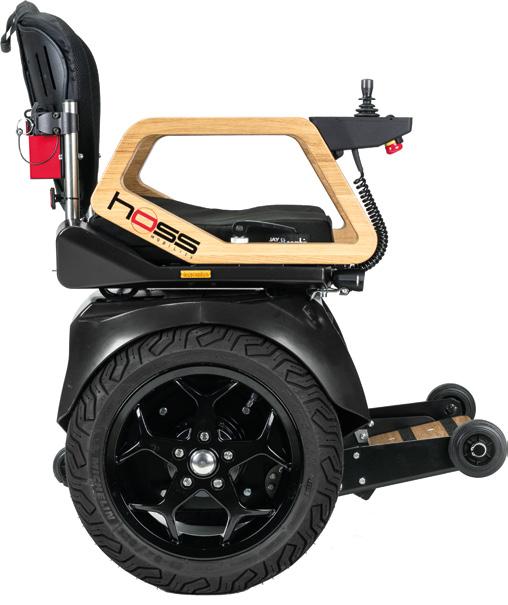
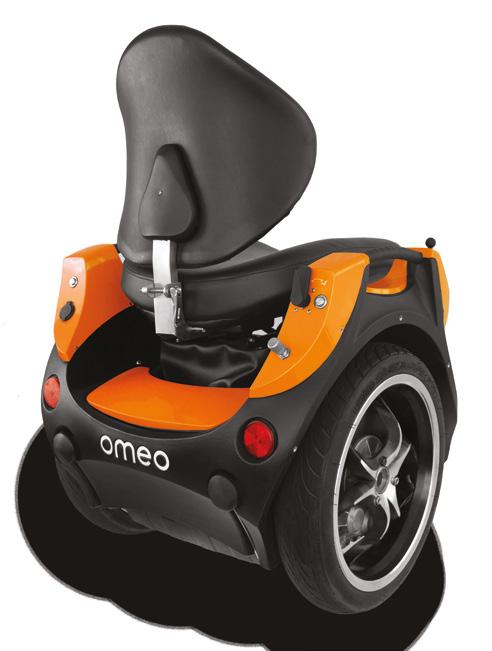
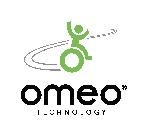


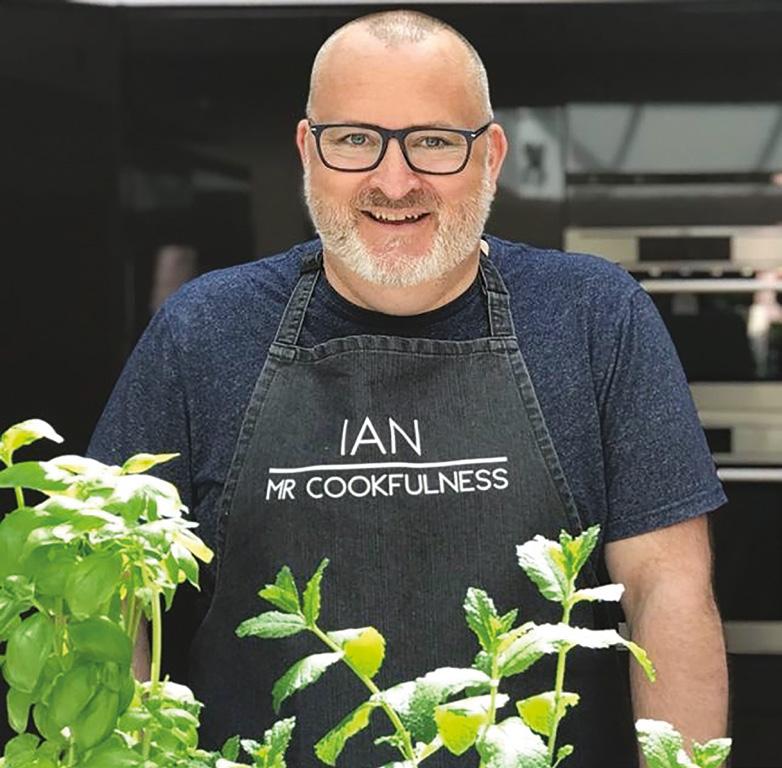
Ian Taverner has gone from strength to strength in the food space with his accessibility mission. He takes us back to his first ever dish from when he started his business.
Creating Cookfulness was scary, unexpected and exciting - all at the same time. First came the book of the same name, then some surprising magazine features (and, of course now writing for this brilliant magazine!). I am growing it day by day still, with new relationships and driving my mission to make cooking as creative, accessible, exciting, flexible, and as fun as possible.
When the book came out, the first magazine feature I had was with BBC Good Food magazine. I know! It was in their ‘Making A Difference’ section and featured a bit about me and my book, obviously an incredible platform
to be visible on and a great springboard for my new business and mission. There wasn’t a recipe with the article but there was a picture of a dish I mentioned, my bread and butter pudding. It was the first dish I made, and it was pivotal in starting the process of creating Cookfulness from the very beginning.
For this edition of Disability Review Magazine I would like to celebrate that dish, that event and that springboard to my Cookfulness journey, but take it on a whole new pathway. It’s nearly summer, so I have combined two British classics, the Bread & Butter Pudding and Summer Pudding. Come on, what else could you want!
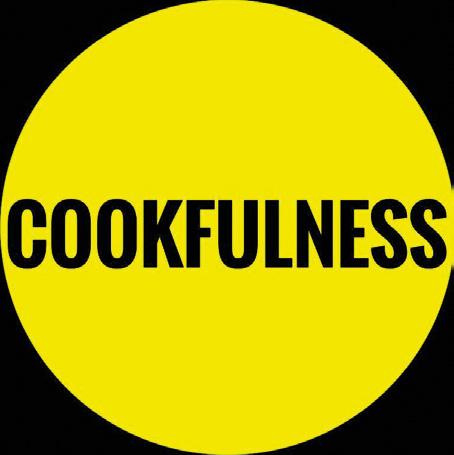
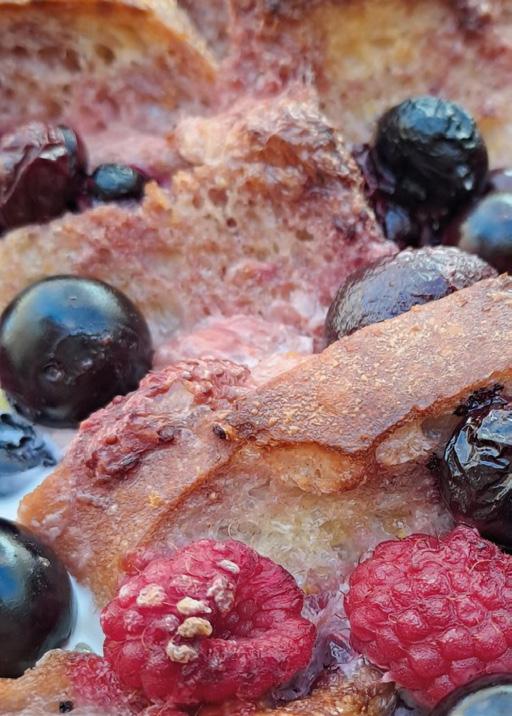
DIFFICULTY RATING: 4/5
Serves: 4-6 people | Cooking time: 40 minutes | Preparation time: 20 minutes | Total duration: 75 minutes
1 8 inch square ovenproof dish |
1 knife (to spread and slice) | 1 chopping board | 1 zester | 1 whisk | 2 medium mixing bowls | A set of weighing scales | 1 microwaveable bowl, medium sized | 1 measuring or pouring jug | 1 mixing spoon | 1 teaspoon | 1 sieve or a slotted spoon | 1 roll of cling film
Where ingredients are marked with *, use a vegan/gluten-free alternative instead.
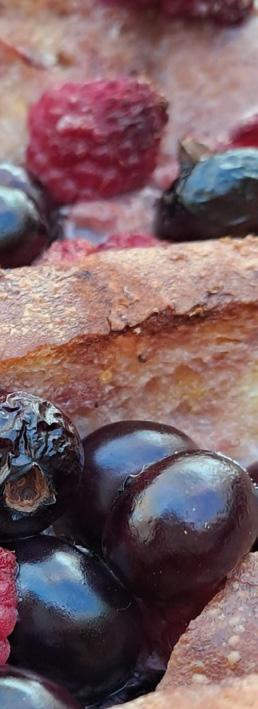
700 grams of frozen mixed summer berries
10 - 12 slices of bread (it would be ideal if it’s a day old)*
300ml double cream*
300ml of semi-skimmed milk* 2 large eggs*
25 grams of butter (at room temperature)*
50 grams of soft brown sugar
Zest of 1 orange
Zest of 1 lemon
1 teaspoon of vanilla extract
METHOD:
1 Set the oven to 180C to heat up.
2 Add 400 grams (but not all) of the frozen fruits to your microwaveable bowl. Add half of the sugar (but again, not all of it) with a splash of water and mix well. Cover with the
cling film and microwave on full power for 4 minutes.
3 Carefully remove the cling film and remove the fruit pulp by using the sieve or spoon. Leave the juice behind, keeping the fruit pulp for later on.
4 Butter the bread on one side and cut diagonally into triangles. Quickly dunk the bread into the fruit juice to coat it, but do not soak the bread. Arrange the coated bread onto your dish, with the points sticking up, in rows but randomly throughout. Spoon the fruit pulp in between the bread rows as evenly as possible.
5 Arrange the remaining frozen fruits evenly across the top of the bread. On top scatter over the orange zest, lemon zest, and remaining sugar.
6 In the bowl, add the eggs, cream, milk, and vanilla and whisk until smooth. Carefully pour the custard over the bread mix so it is equally covered.
7 Set a timer for 40 minutes and carefully add the dish to the oven. Check in periodically as the dish should have a little wobble to it, then carefully remove it from the oven. Enjoy!
The points of the bread triangles ideally need to stick out above the top of the dish for ultimate crispiness once cooked. As an alternative, if you don’t have a microwave, you will need to add the fruit, sugar, and water to a saucepan and heat gently to release the juice at the start of this recipe. If you start to run out of fruit juice, squash the pulp with a spoon to release just that little bit more. You could also use some diluted fruit cordial if you need even more. Try not to soak the bread in the juice; a quick pass on either side should suffice while shaking off any excess liquid. This is all you will need!
For a different flavour, you could use a range of frozen fruits that can be found in the frozen section of a
Give yourself time – take a step back, breathe, and re-cookfulness yourself. The key steps are marked for when something really important is needed, alongside hints & tips to help you throughout and after.
supermarket - it can be a different combination each time you make this dish. Fresh fruits or even a mix of fruit is also another way to experiment with flavour. For a warming feel - such as when we move into autumn - you could use cinnamon spice or other spices, for a different flavour and overall texture. Different types of bread also make a big difference to the overall ‘feel’ of this recipe, too.
iIan Taverner, Mr Cookfulness, is available for bespoke cooking shows, demonstrations, workshops, talks, and courses. To inquire:
WEB: cookfulness.co.uk
EMAIL: cookfulness@gmail.com
INSTAGRAM: @cookfulness
TWITTER: @cookfulness
FABEBOOK: @cookfulness
YOUTUBE: @cookfulness
The Cookfulness Cookbook is available in hard copy & e-book on Amazon, BookshopUK, Waterstones, and other outlets.
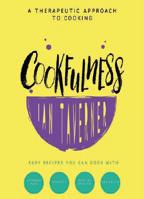
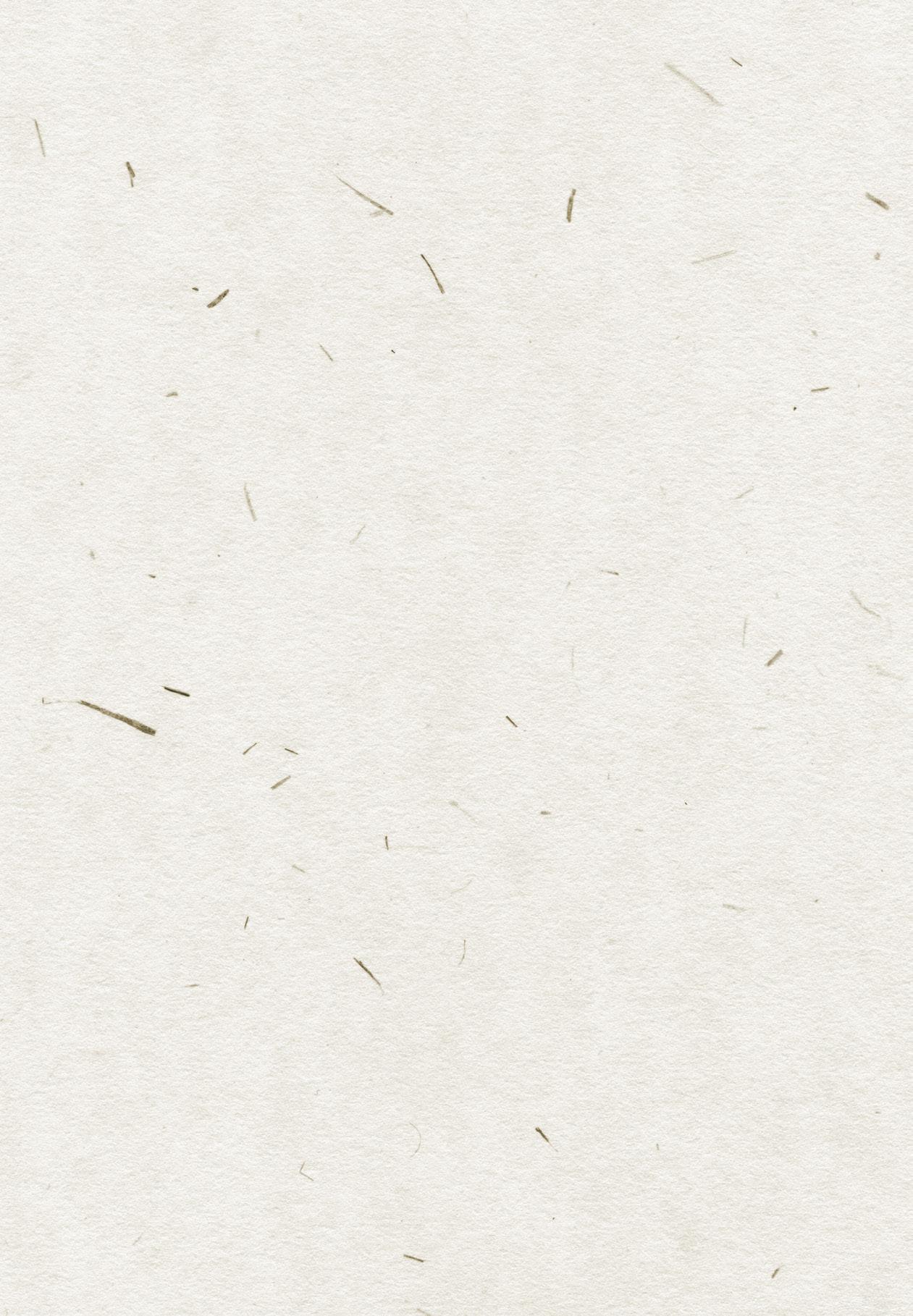
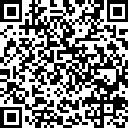
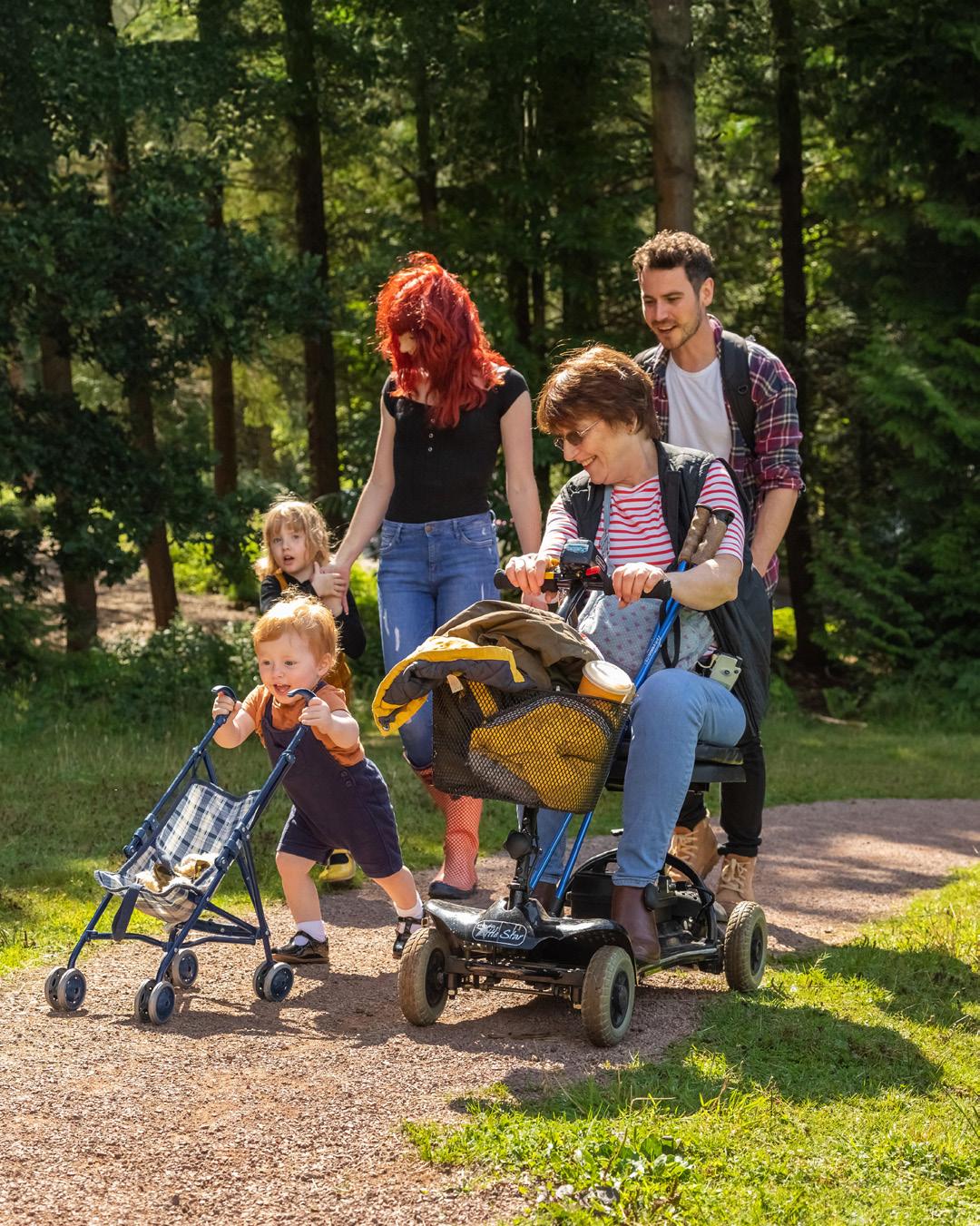





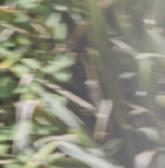













































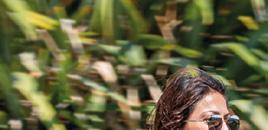








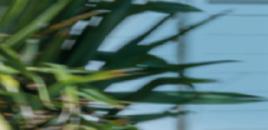




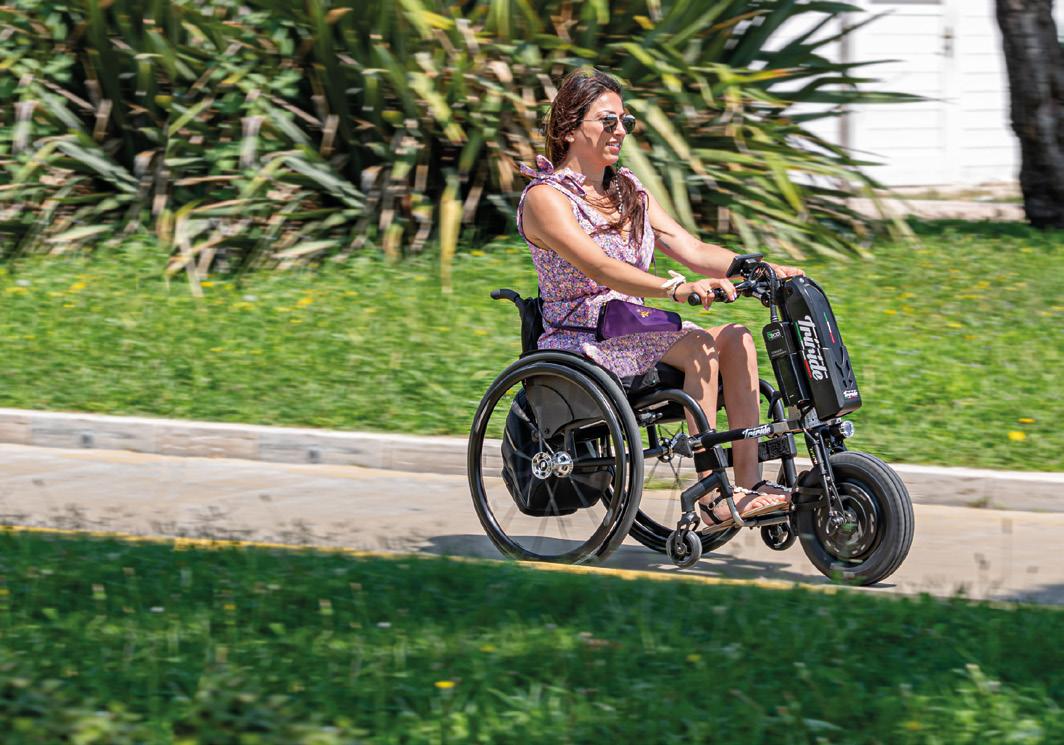






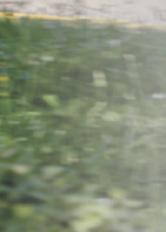









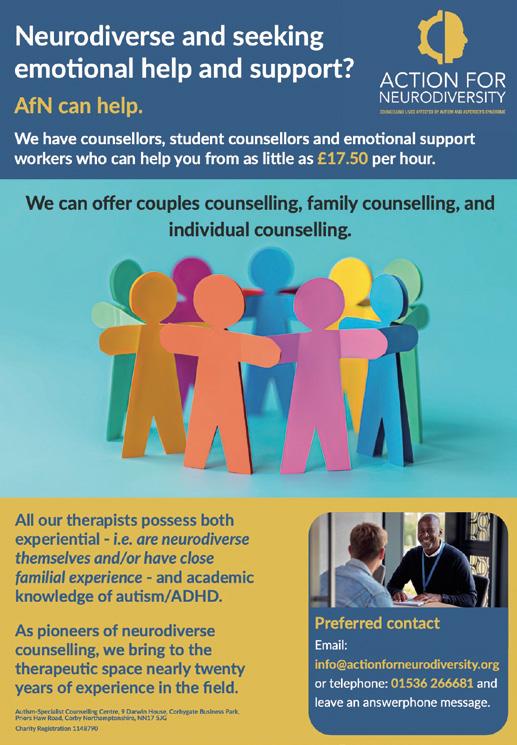
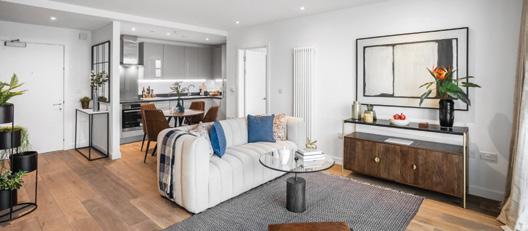
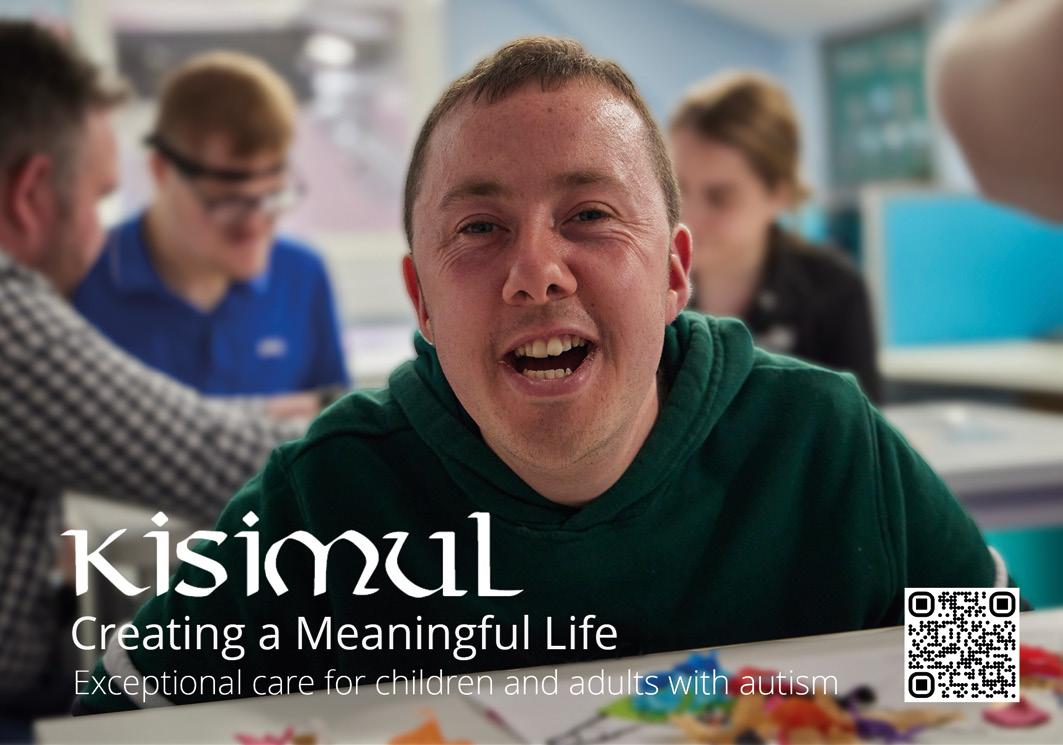
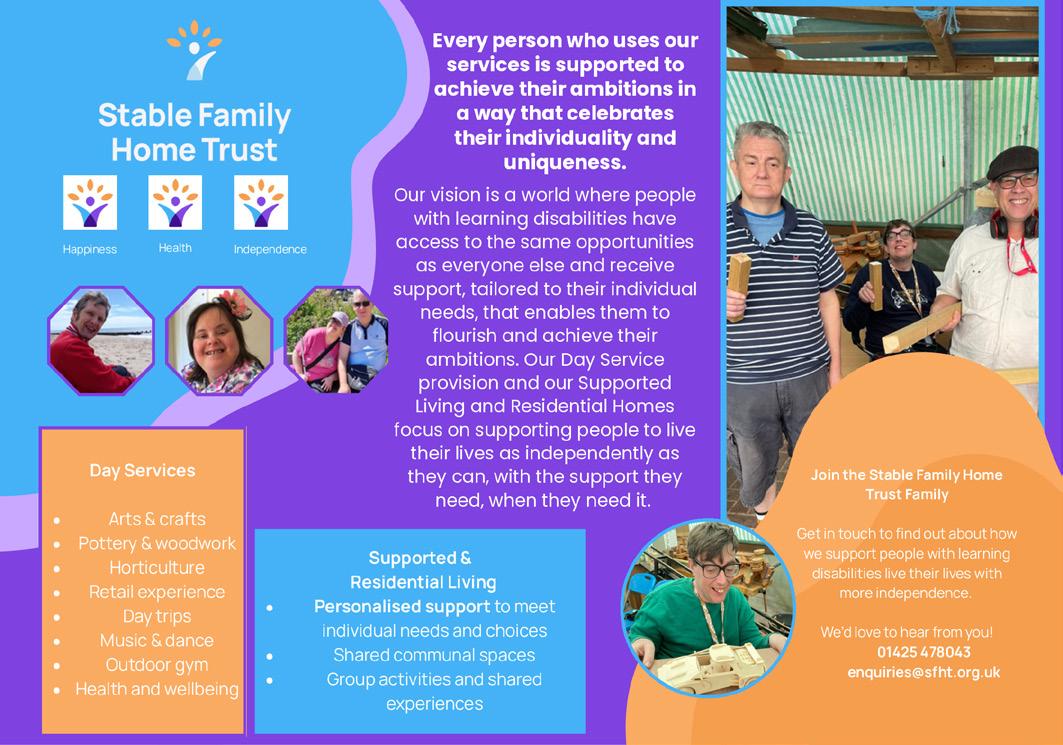


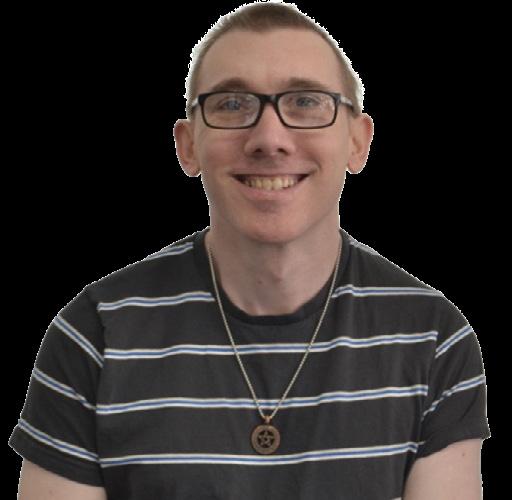


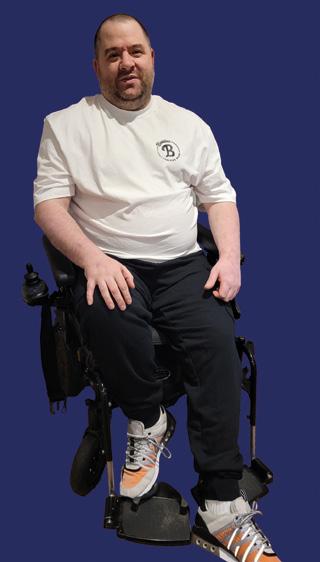
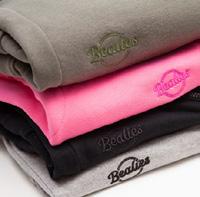

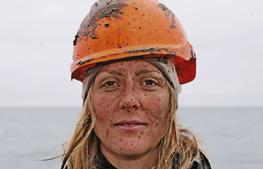
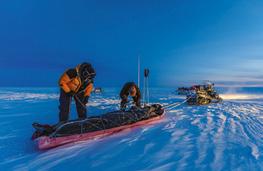
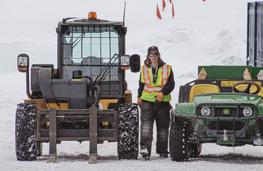
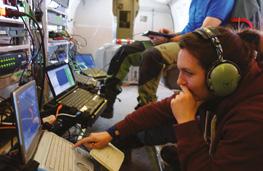
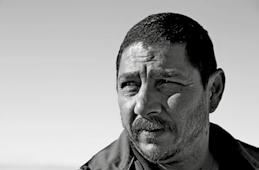
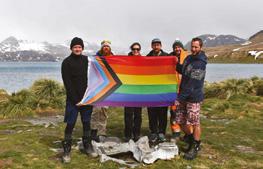
www.ncamh.co.uk

AND









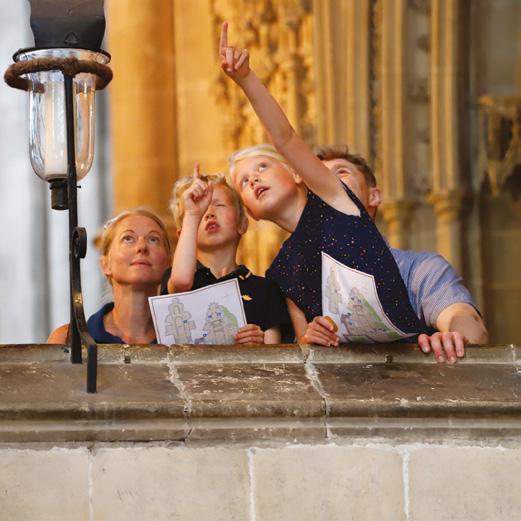
Are you looking to Increase your knowledge and skills when supporting autistic people with co-occurring mental health support needs?
We are offering two BPS Approved online applied training courses in 2025:
• BPS Approved Certificate in Autism and Mental Health (14 days online)
• BPS Approved Diploma in Autism and Mental Health (25 days online)
We are offering two BPS Approved online applied training courses in 2024: BPS Approved Certificate in Autism and Mental Health (11 days online) BPS Approved Diploma in Autism and Mental Health (22 days online)
UnderstandingAutismandMentalHealth AutismandEatingDisorders/DisorderedEating(includingARFID) Autism,SensoryAwareness&Regulation Coresskills,assessment&adjustmentstopractice. Autism,Alexithymia,Masking/Camouflaging AutismandAnxiety AutismandDemandAvoidance. Modules include: Autism and Eating Disorders/Disordered Eating (including ARFID) Autism, OCD and Tics. Autism and BPD Autism and Suicide
Completetrainingonlineatyourownpace/time. Individualmodularroutealsoavailablefor completingboththeCert/Dip. Viewthefullcourseat:www.ncamh.co.uk
Start anytime.
NEXTSTARTDATEENDOFMAY2024


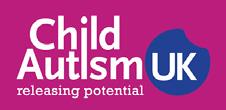
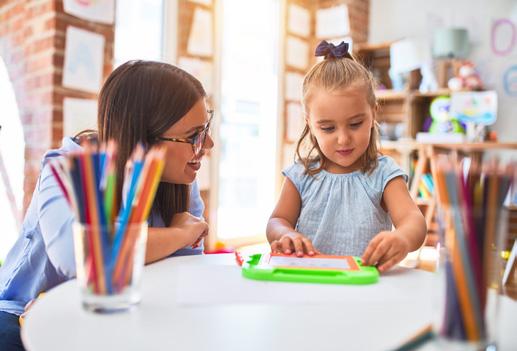
Beautifully presented modern self-catering bungalow with spectacular views, sleeps
Fully accessible for wheelchair users. Specialist equipment is provided.
Meadowsweet is in Kilmartin Glen, Argyll. Heating and linen is included, and there is fibre broadband, WiFi and BT TV.
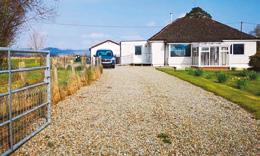
We
We

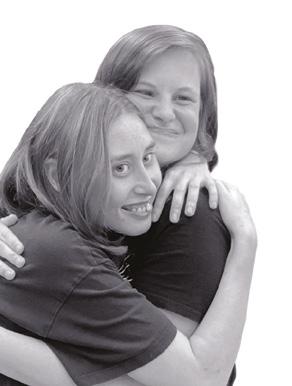
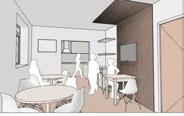
Portland College is a happy and safe place where you’ll make friends and feel a strong sense of belonging. We offer Outstanding day and residential education programmes tailored to your individual needs, helping you achieve your goals.
Opening in September 2025, The Pines Accommodation will expand our residential provision with 9 en-suite bedrooms, shared social spaces, and 6 self-contained apartments to support independent living.
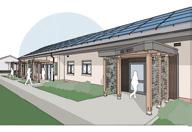
To find out more or to book on onto our next virtual open day, visit www.portland.ac.uk or call 01623 499111



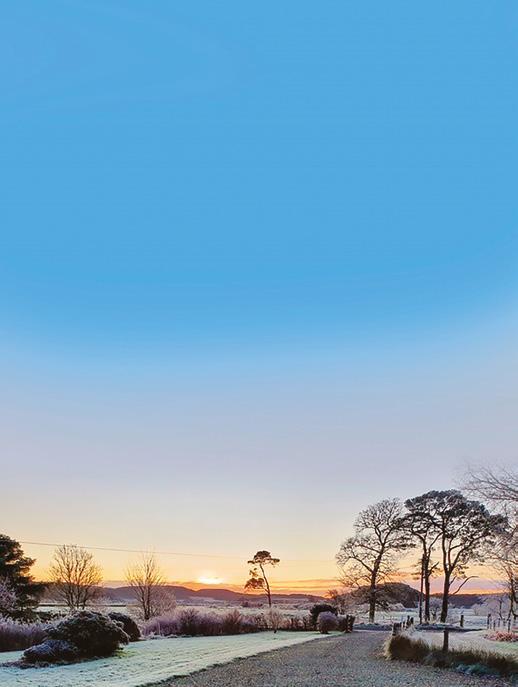

• Level drive and ramp
• Alerta Low profiling bed
• Oxford Mini 140 hoist • Freeway tilting shower chair
• Fully adapted wet room • Riser/recliner chair
Wide doors

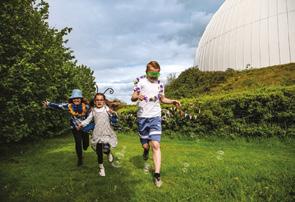
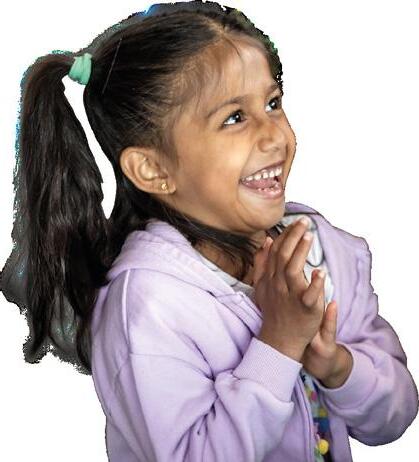

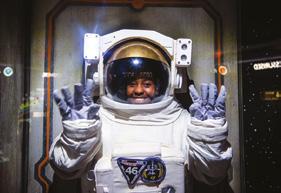
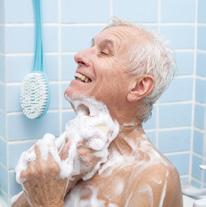

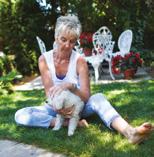
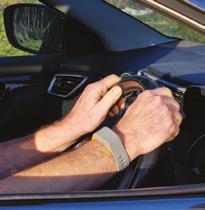
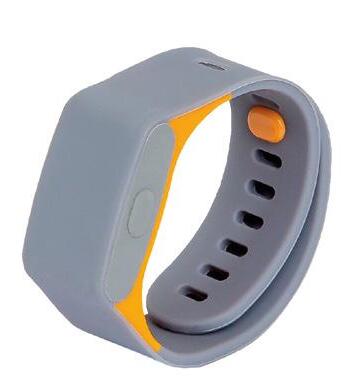
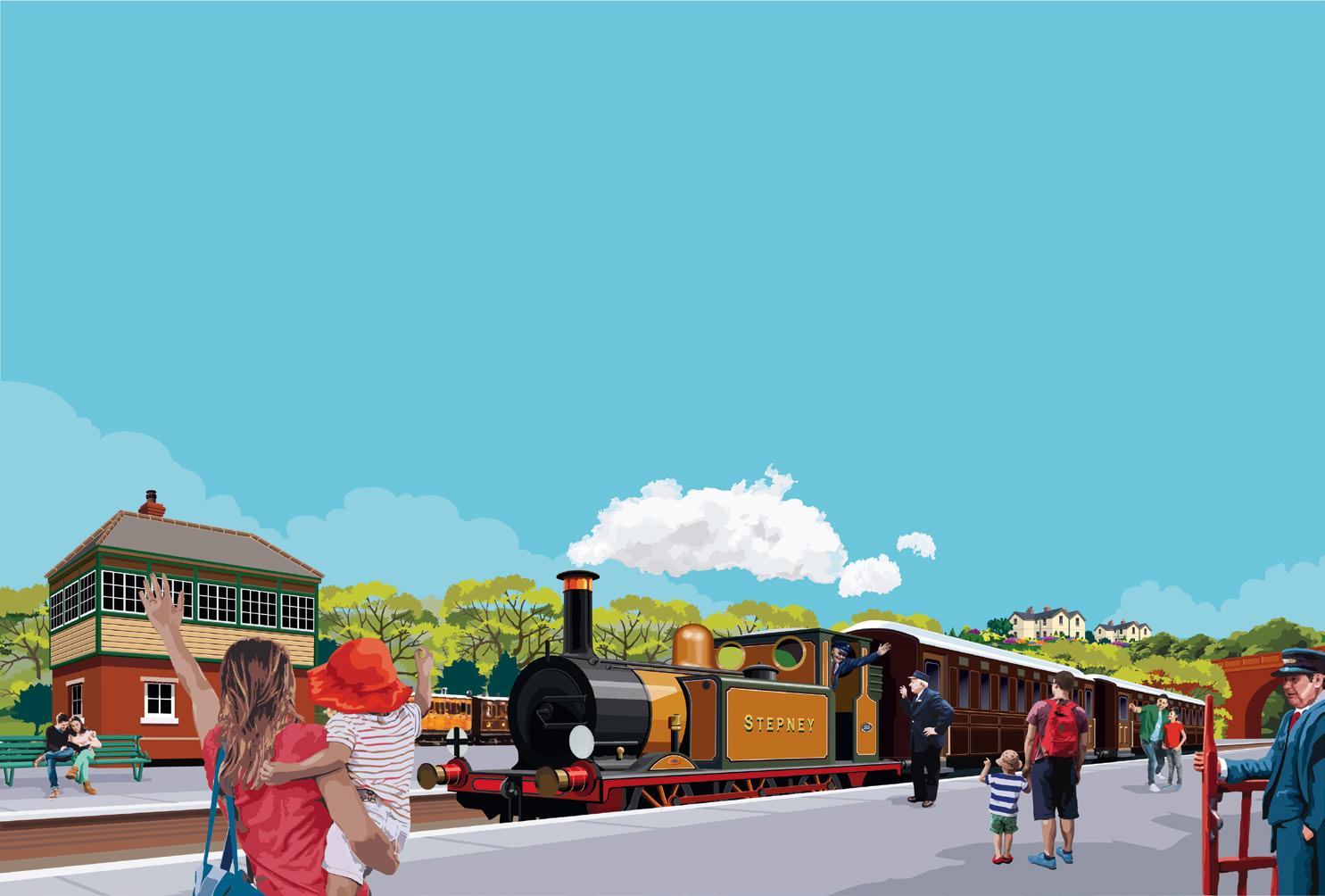


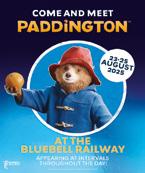
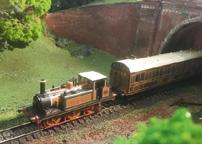
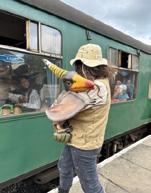
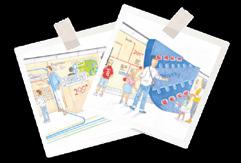


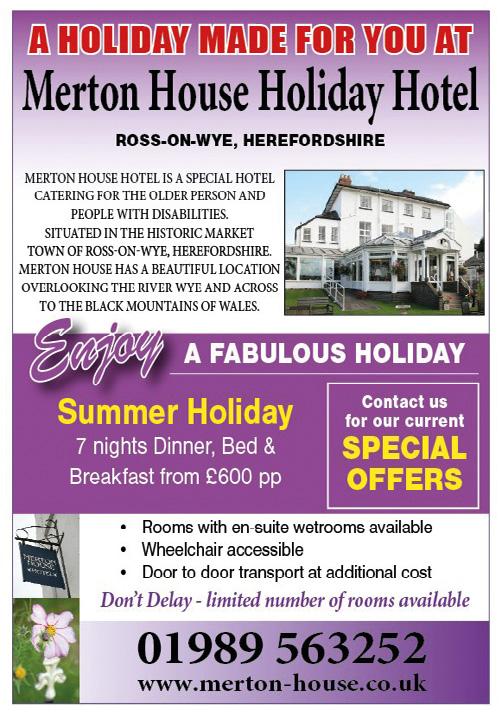
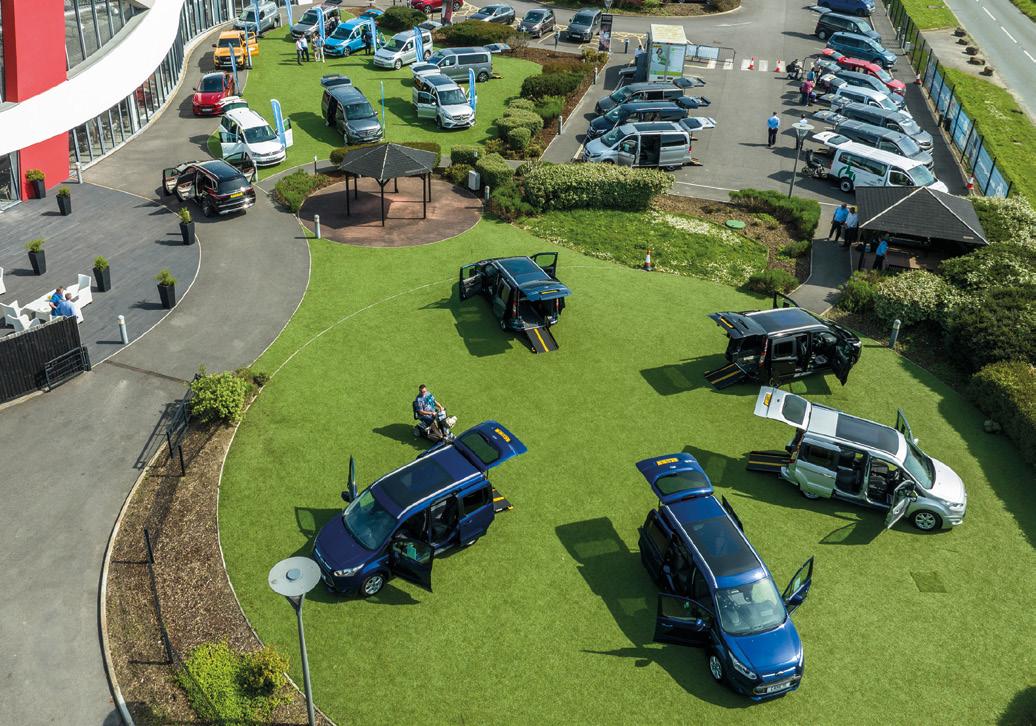




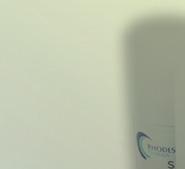
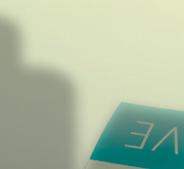








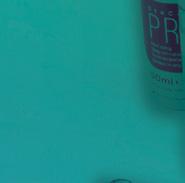

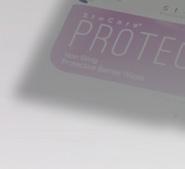


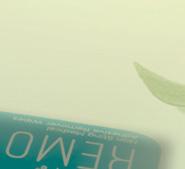

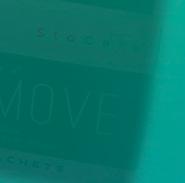
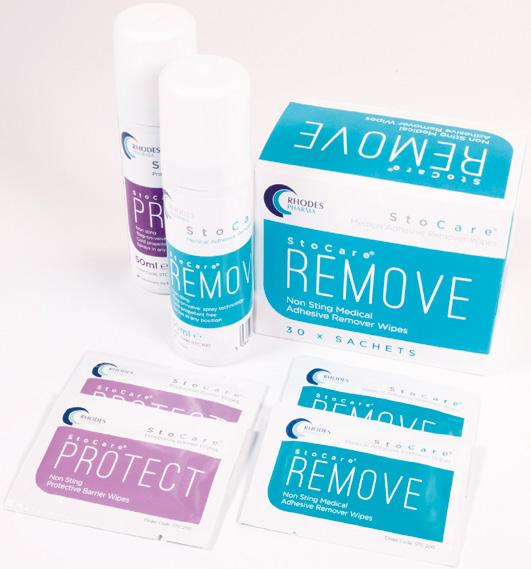



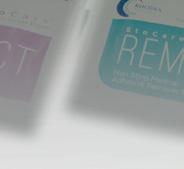


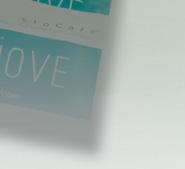




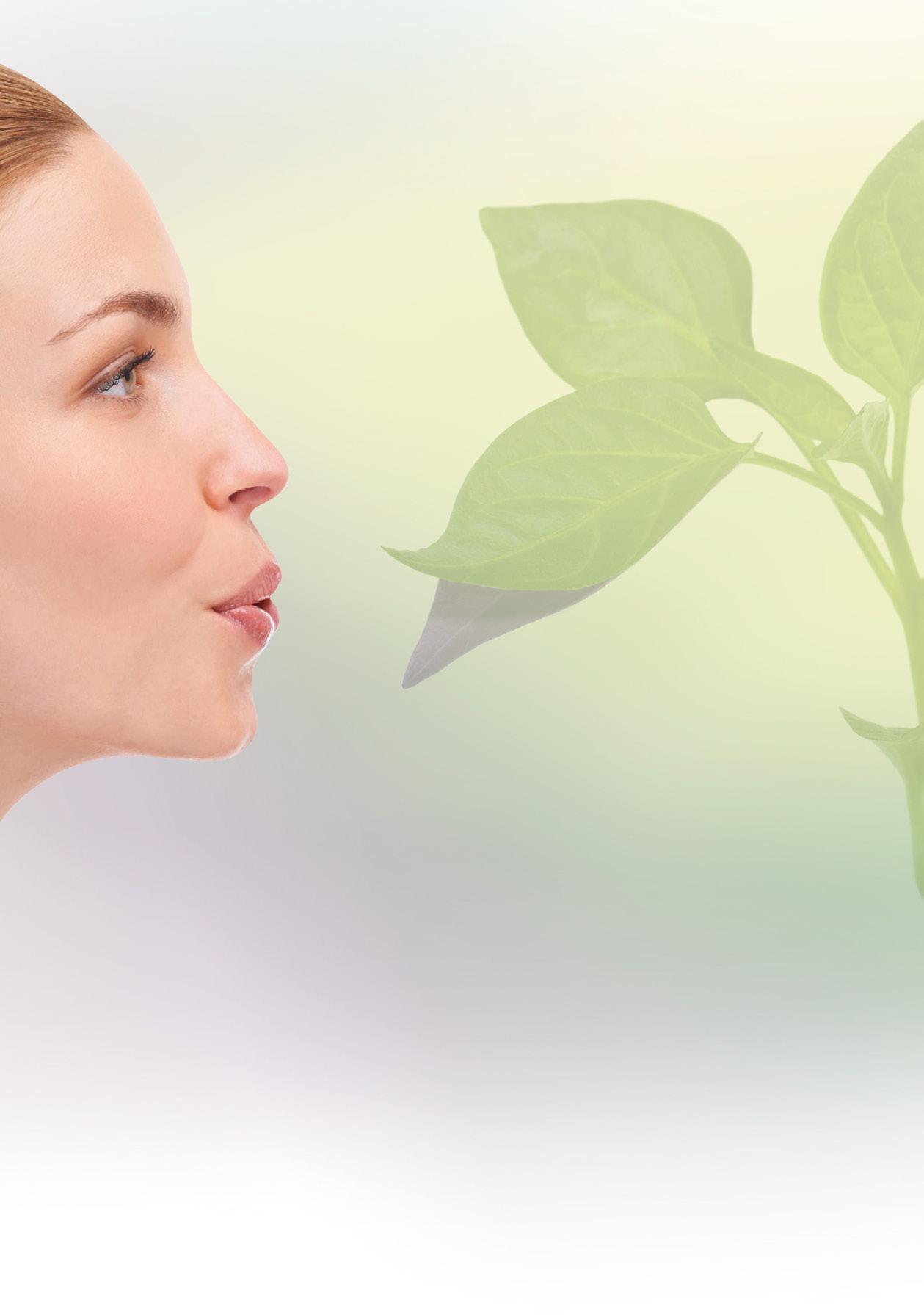






My journey into IBD and Ostomy life went from 0-100 very quickly. I was diagnosed with Crohn’s Disease during an emergency hospital admission after years of feeling too embarrassed to talk about my symptoms. Three days later, I was being told I’d need stoma surgery to save my life. I took to stoma life very quickly. It saved my life and I had to embrace that.



Almost six years down the line, I have gone from being an extremely unwell 20-yearold to a 26-year-old who uses that pain as a reminder to make each day count. One of the questions I had asked before my ostomy surgery is if I’d be able to dance again. Amateur Theatre has been part of my life for 20 years and I didn’t want this to stop that passion. The good news is that I was back on-stage dancing almost a year later and haven’t stopped since.
One thing I had on my post-surgery bucket list was to be in another show at the Minack Theatre. I had been in four productions at this venue prior to surgery and I sadly missed out on what would have been my fifth show there due to the timing of my diagnosis and surgery. I am so proud to say that I got to go back there last year with Redruth Amateur Operatic Society Trust performing Carousel. A Minack week has its challenges, but I listened to my body when I needed to and took time out when I needed to which meant I had the most amazing week with everyone. I’d love to know if any other ostomates have performed at the
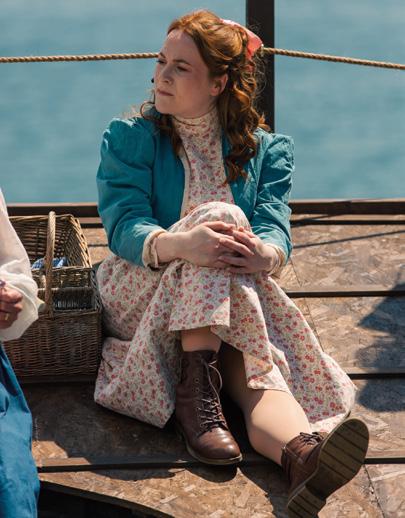
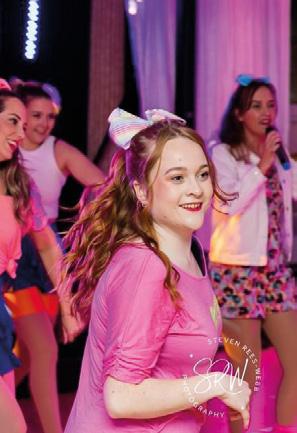
Minack. This year, I will be performing Kinky Boots with RAOST, back at our home theatre in Redruth, Cornwall. This show is all about being who you want to be, believing in who you are, and celebrating differences. As someone who is living with IBD and a stoma, I want to make a difference and show that life isn’t over by believing in myself and celebrating being different!
I am so grateful that I have safe spaces to celebrate still being here. Living life to the fullest is my biggest goal as I could have missed all of this if it wasn’t for my ostomy surgery. I am here proving that life isn’t over when you have a stoma.




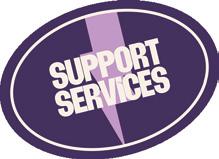
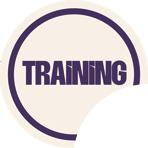
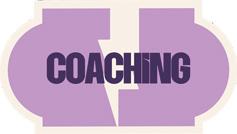
co-founder

Everyone deserves business success, regardless of neurodivergence, race, gender or sexual orientation. No matter who you are or your story, we help you thrive in a world where societal barriers can restrict you from reaching your entrepreneurial potential. It’s time for inclusivity, accessibility and equality throughout the business world. Together, we can make it happen.
VIRTUAL EXECUTIVE ASSISTANT PACKAGES
We offer dedicated virtual assistant services to help you manage your business, social media, business development and tasks efficiently. Choose from our four tailored packages, each named after a unique shade of purple to symbolise creativity and clarity.
SUPPORT/JOB AIDE SERVICES
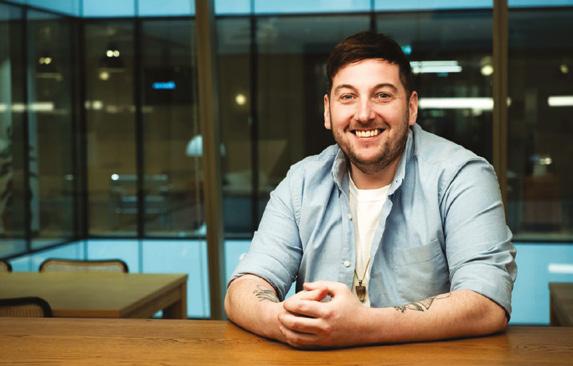
Unlock extra time and productivity with tailored support from real humans — such as planning, prioritisation, accountability and supporting your time management. This can be funded through the government’s Access to Work grant.
SUPPORT FOR DISABLED STUDENTS
We support neurodiverse students through their studies via their DSA funding. With our support, we help you plan and prioritise your studies to keep you on top of your projects.
Get personalised one-on-one support, strategies and guidance through your entrepreneurial journey. TAILORED ENTREPRENEURIAL BUSINESS COACHING
Empower your team to become more aware, inclusive and profitable by educating them about all aspects of neurodiversity.






